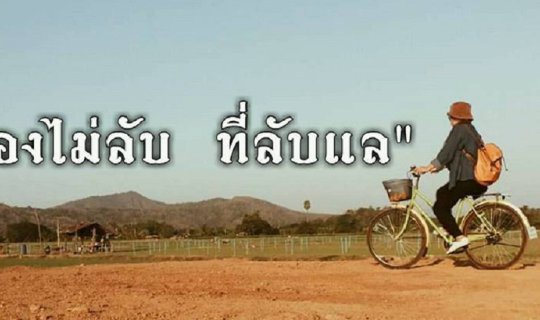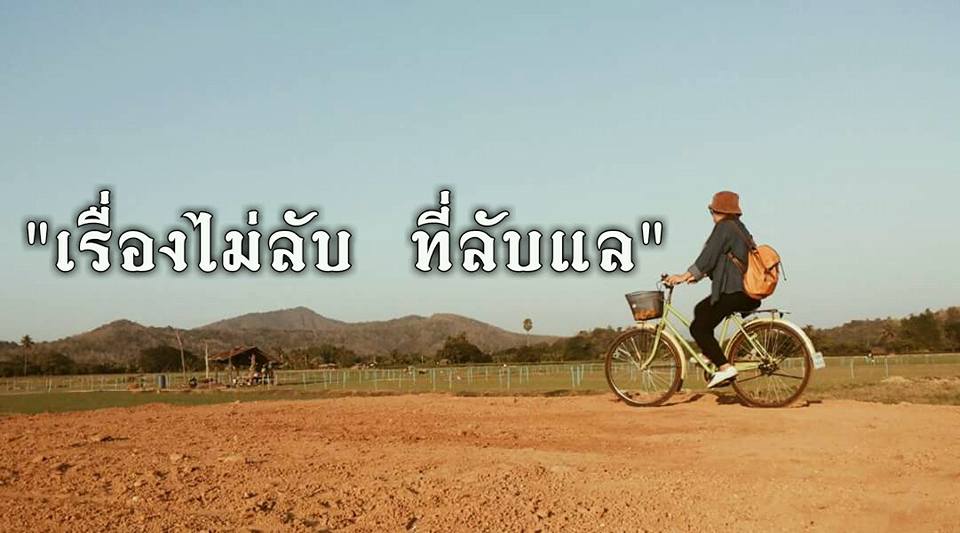
This trip was from last winter, and I'm just now getting around to writing about it. I had been wanting to go on a solo bike trip, so I did some research and decided to go to a less-visited province. After a couple of days, I made up my mind and booked a ticket. I didn't even know that Laplae District in Uttaradit Province, where I was interested in going, was promoting itself as a cycling city. As usual, I took the train, specifically a third-class carriage. I estimated that the journey wouldn't take too long. It wasn't a free train, but a third-class ticket cost only 192 baht. I chose an overnight train so that I would arrive in the morning. If I had taken the free train to the north, I would have ended up stuck at Uttaradit railway station overnight, as it would have arrived in the middle of the night.
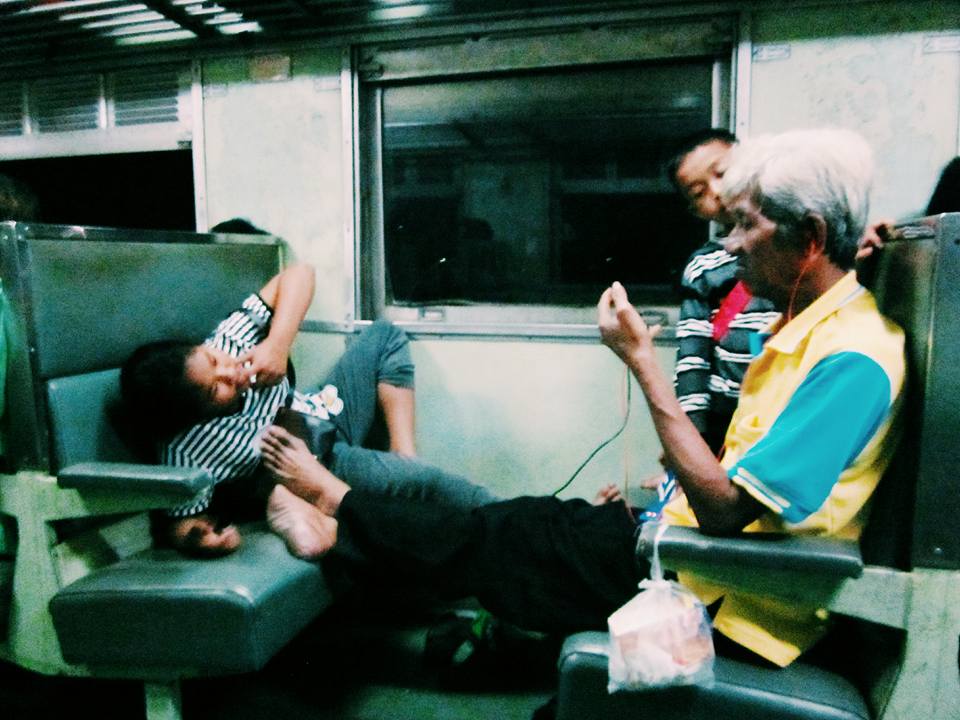
Arriving very early in the morning, the biting cold sent shivers down my spine. Hunger gnawed at my stomach, prompting me to purchase instant noodles at the train station. The matter of onward travel could wait.


After asking around for directions to Lab Lae, I realized that there weren't many reviews available online. It seems like Lab Lae is a hidden gem, making it difficult to find information about it. So, I decided to wing it and explore on my own.
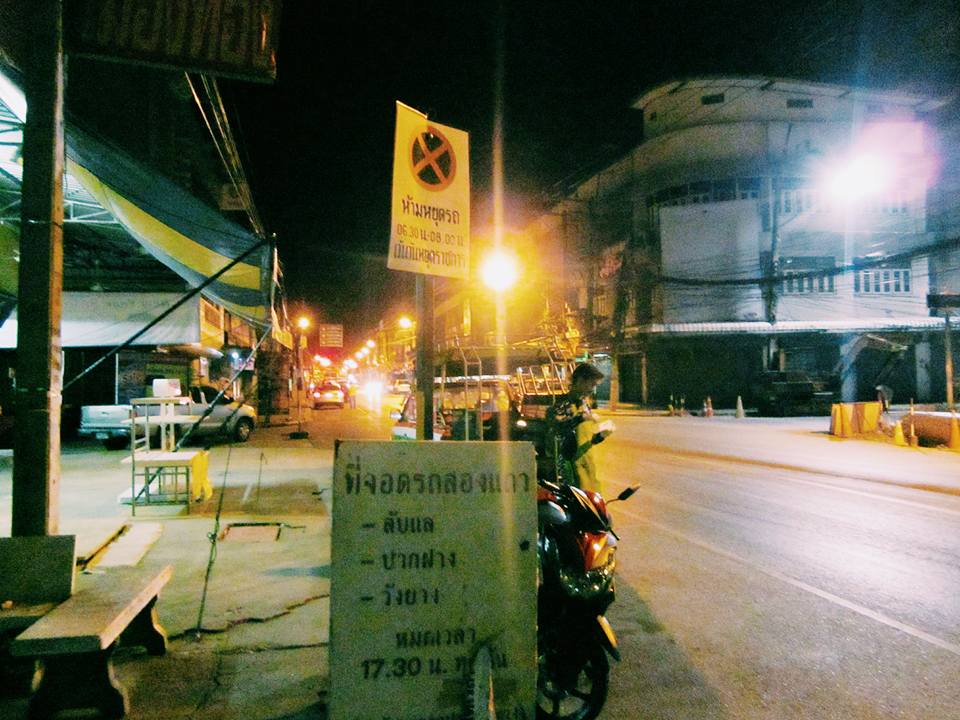
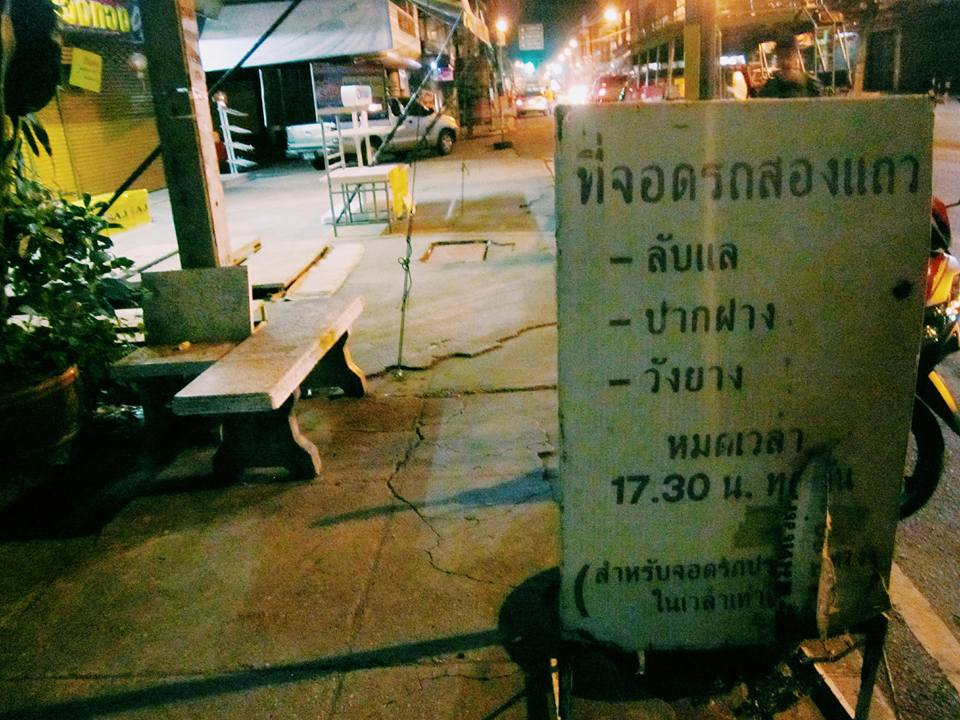
Uttaradit remains in the northern region. Upon arrival, speaking the northern dialect will enhance the warmth of your experience. Throughout this trip, we communicated entirely in the northern language. At 5 am, we waited for a shared taxi to Lab Lae. The driver informed us that we needed to wait for other passengers. However, no one else arrived. We had read reviews that if there were no other passengers, we would have to pay 200 baht for a private ride. In reality, it was only 5-6 kilometers from the city center. If we had rented a car, we would have driven ourselves. We waited until 6 am, but no one else showed up. The driver then said, "Get in the car," informing us that there were no other passengers and asking if we wanted to wait any longer. (Honestly, we were hoping to share the cost of the ride.) So, we decided to go, and it felt like we had rented the entire taxi for ourselves. However, we were accompanied by ground meat in the back of the car.
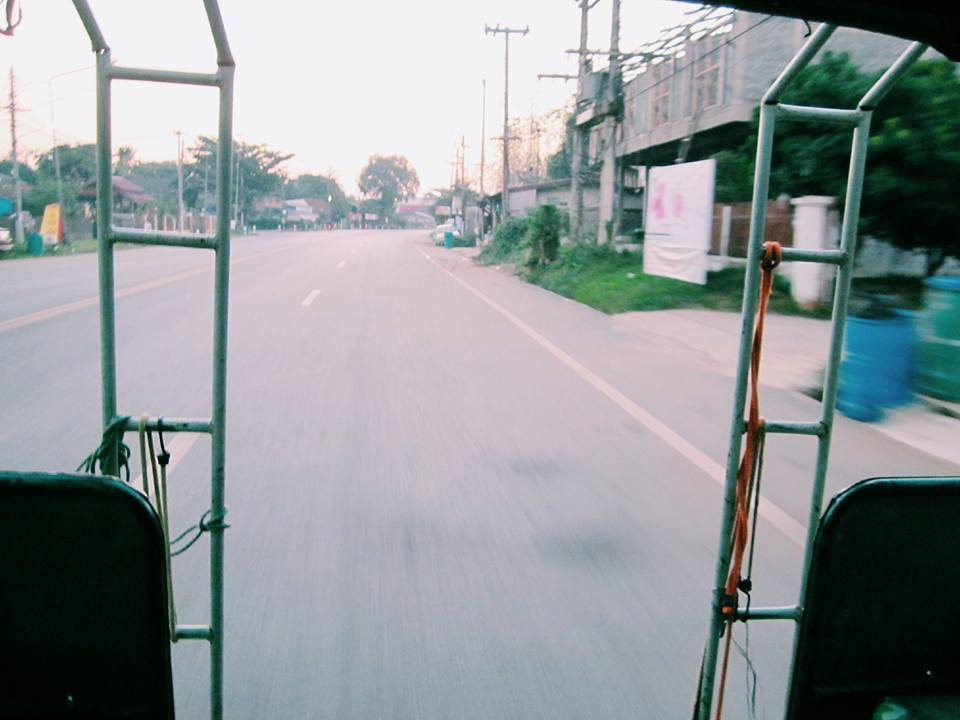
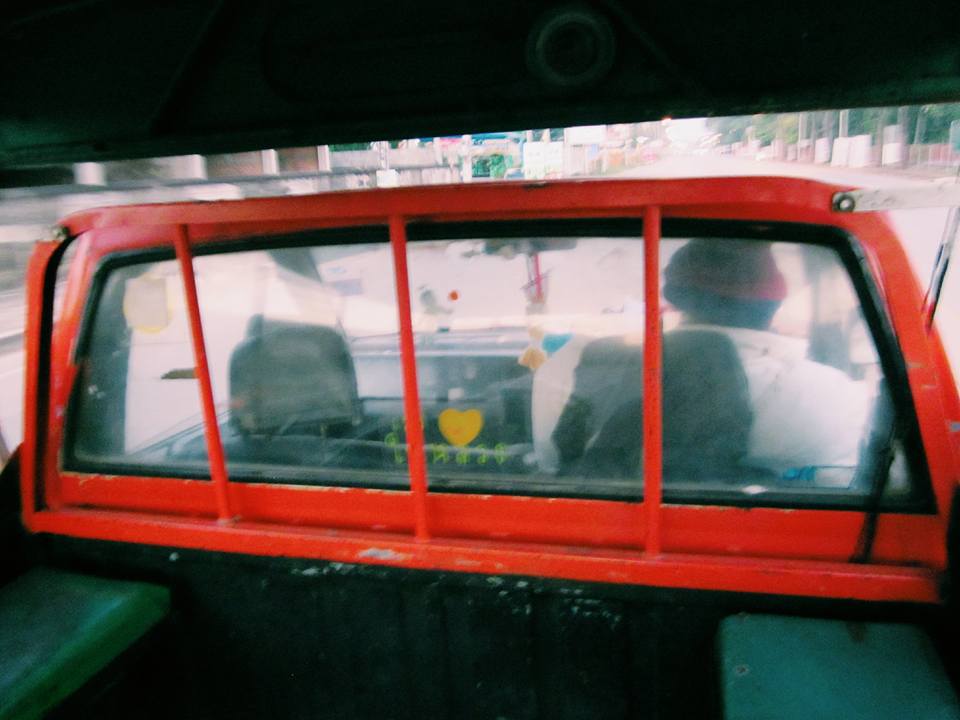
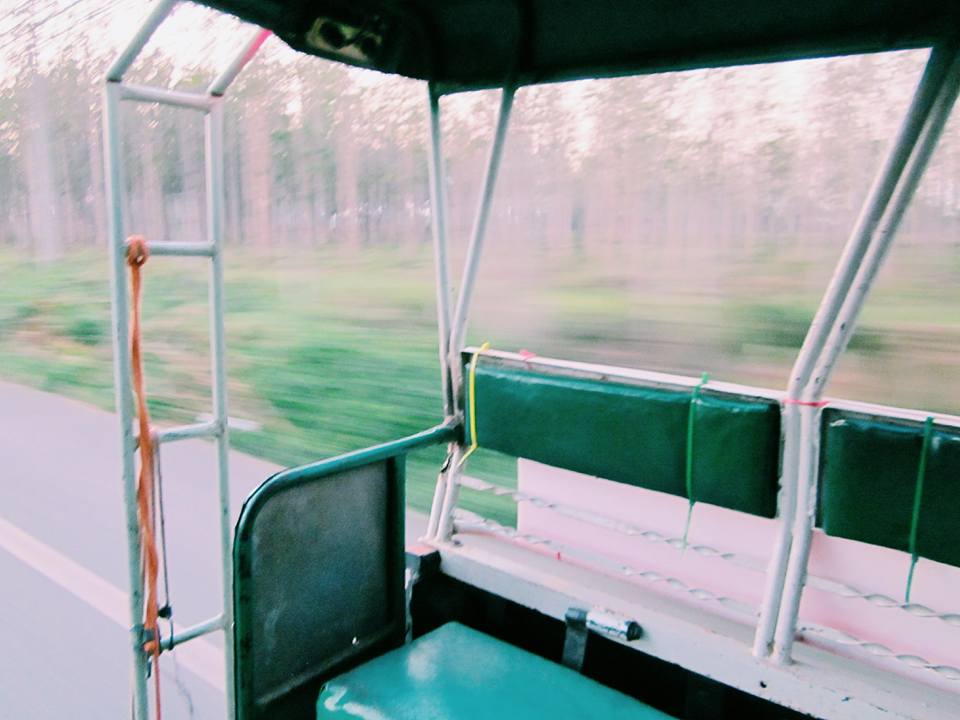
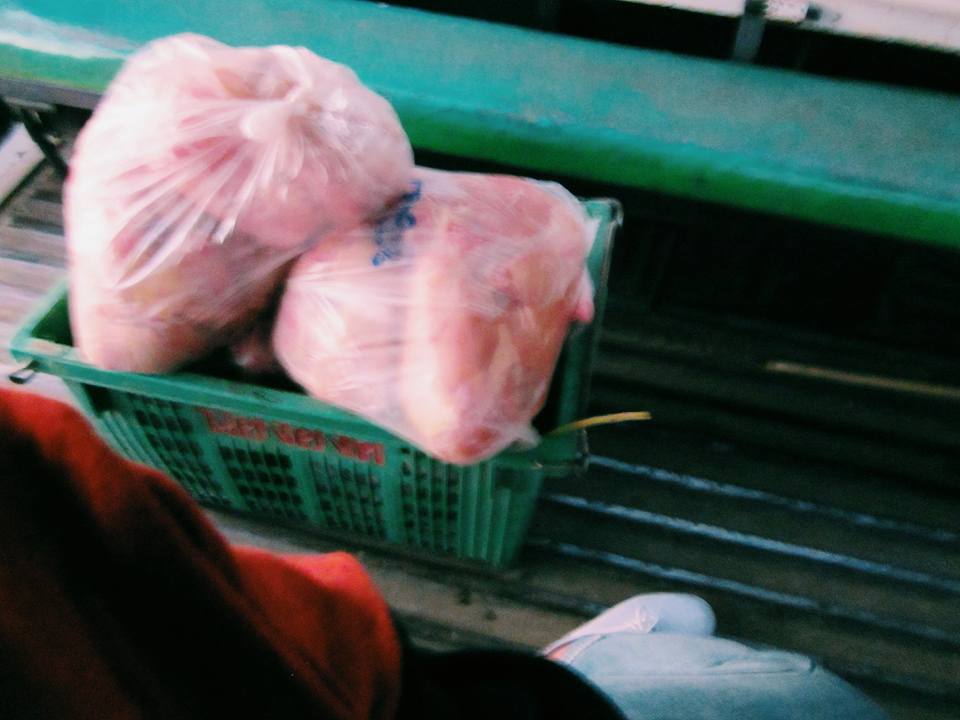
Upon getting off the car, I asked the price. The uncle said 50 baht. I was so grateful that I wanted to give him 100 baht, but he insisted on 50 baht. He was so kind, even though he looked stern. I chartered the uncle's motorbike for 50 baht, even though it should have been 200 baht. He even asked for my number and said he would pick me up when I return to get some fruits from the mountain. I thought he was joking, so I said I would call him at 5 pm on the day I return. (We exchanged numbers.) Besides the cool air, there was also warm sunshine in the morning. The weather was great. Actually, if I wanted to be taken directly to the homestay, I would have to charter another ride. So I waited near the museum, taking pictures while waiting for the staff to open the bicycle service. Yes, you can exchange your ID card for a free bicycle. It was so heartwarming.
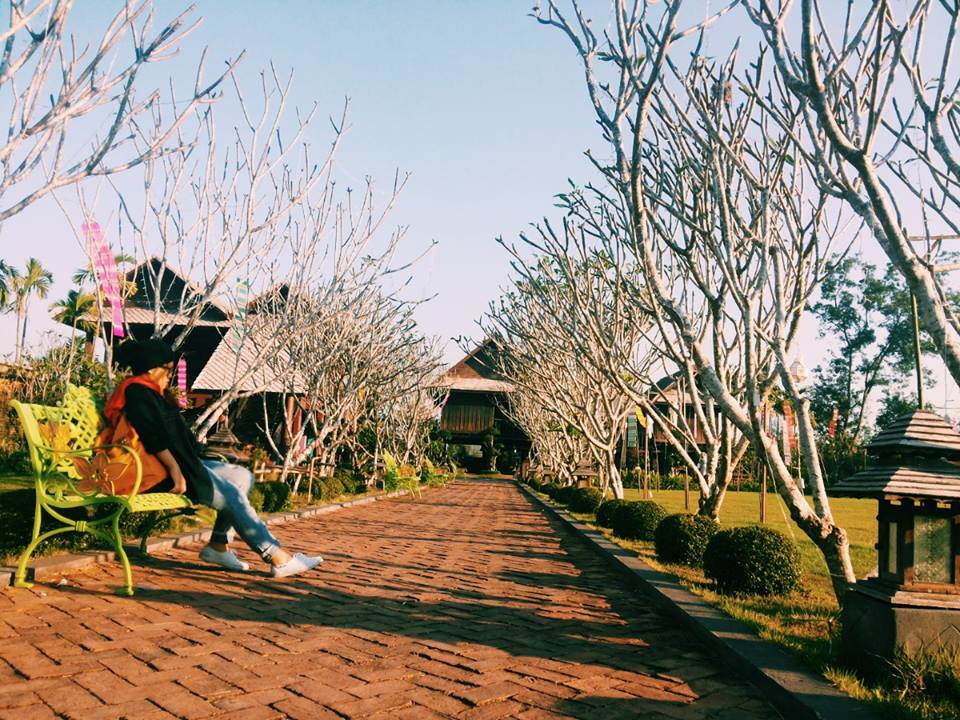

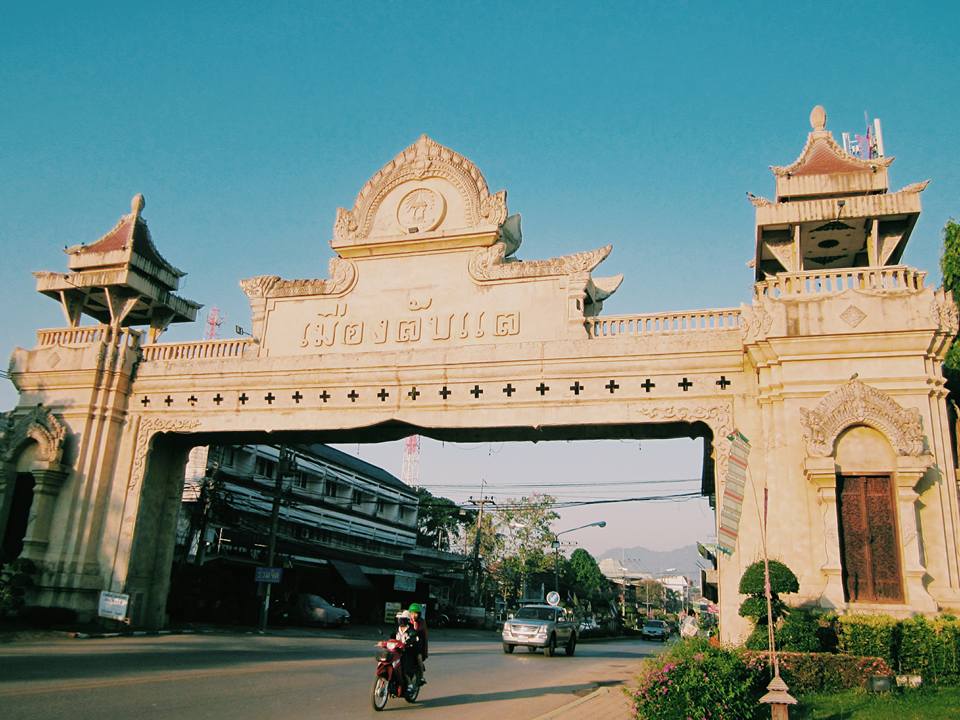
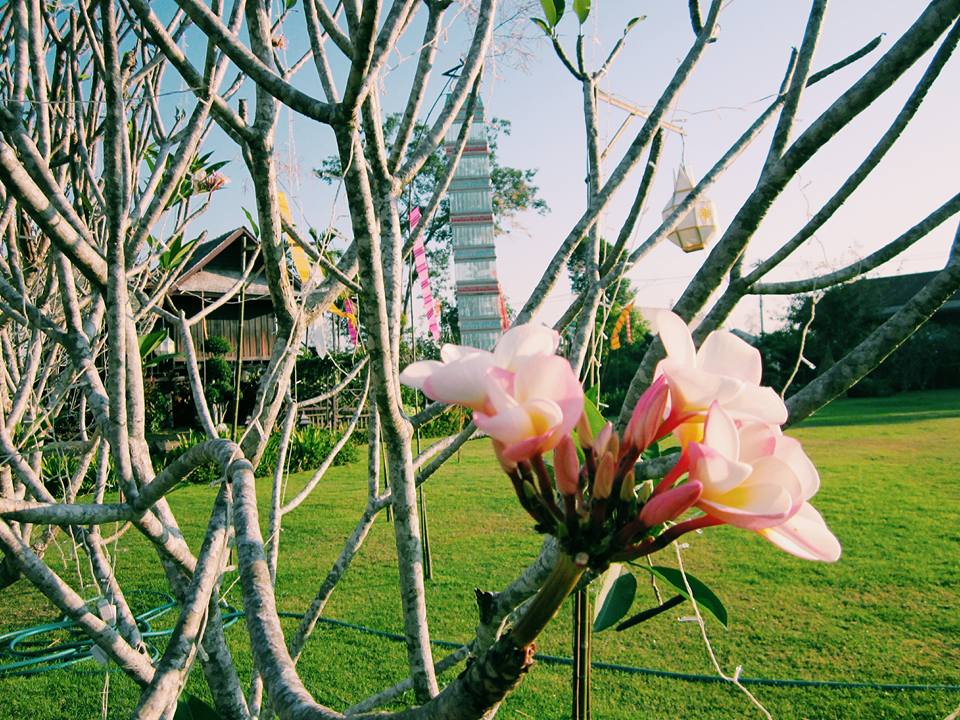
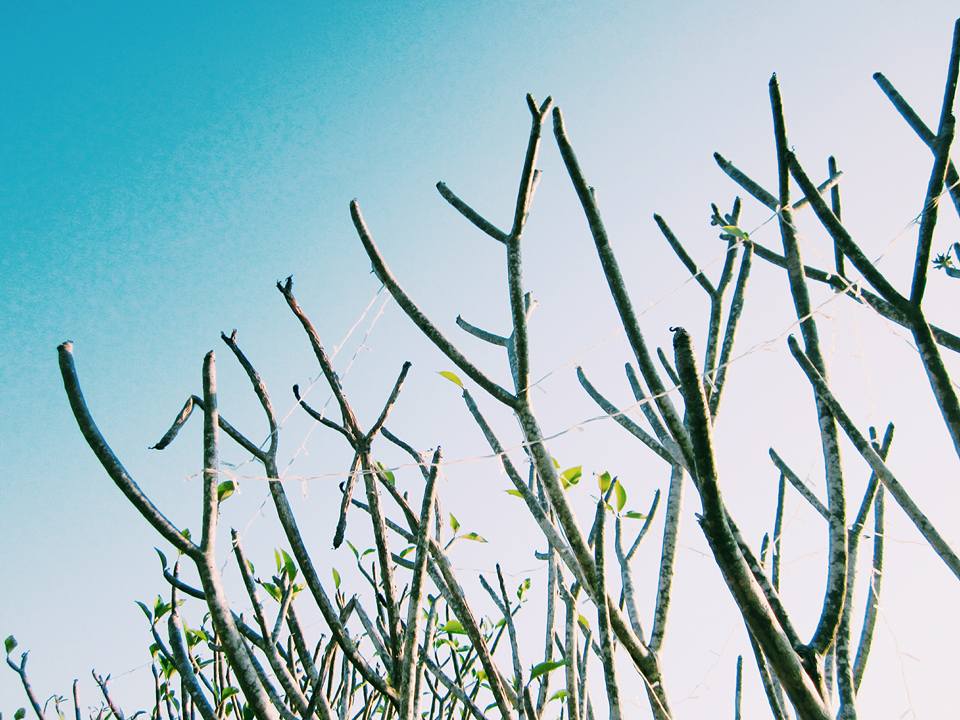
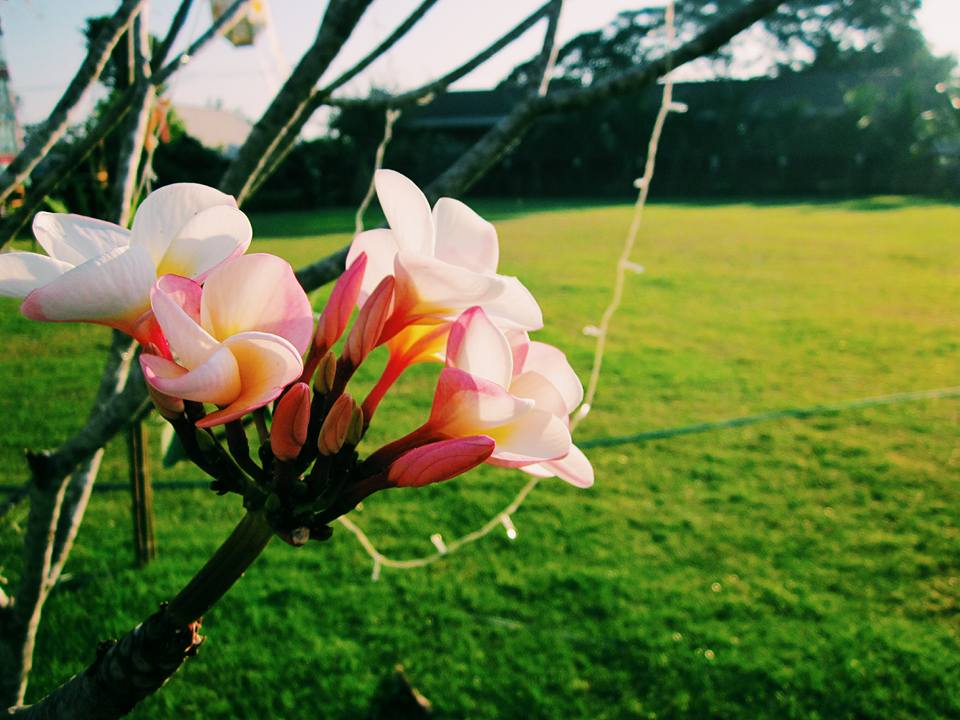

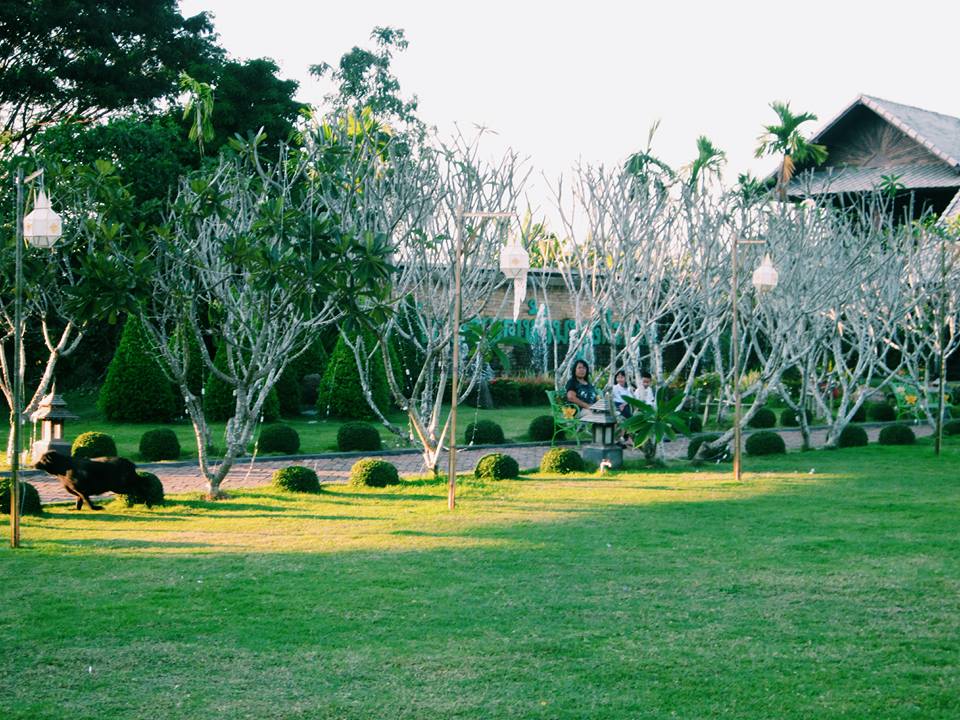
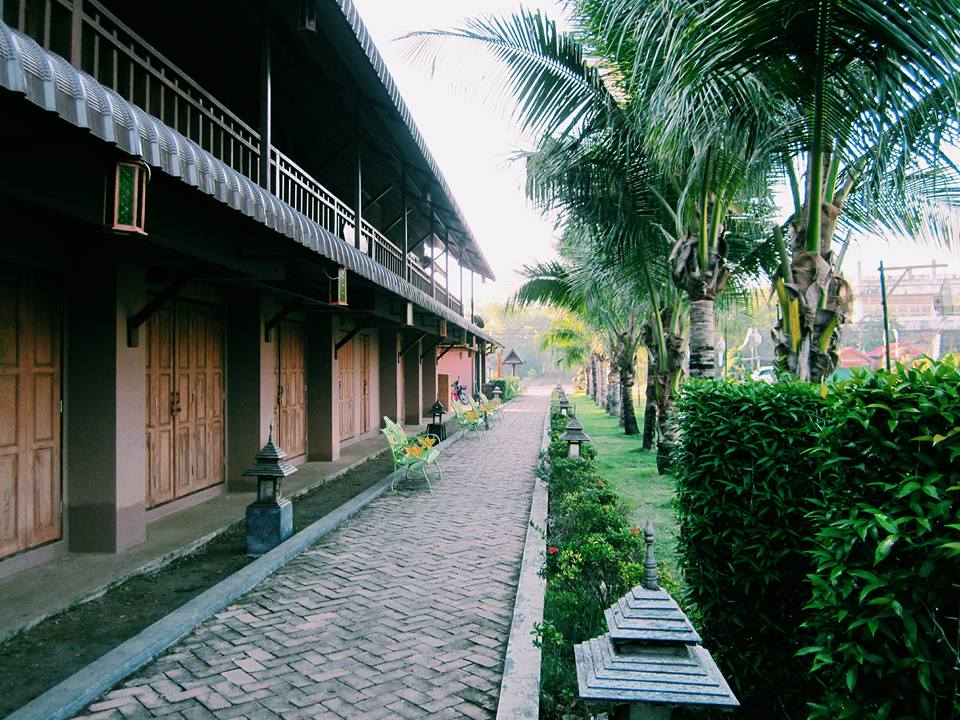
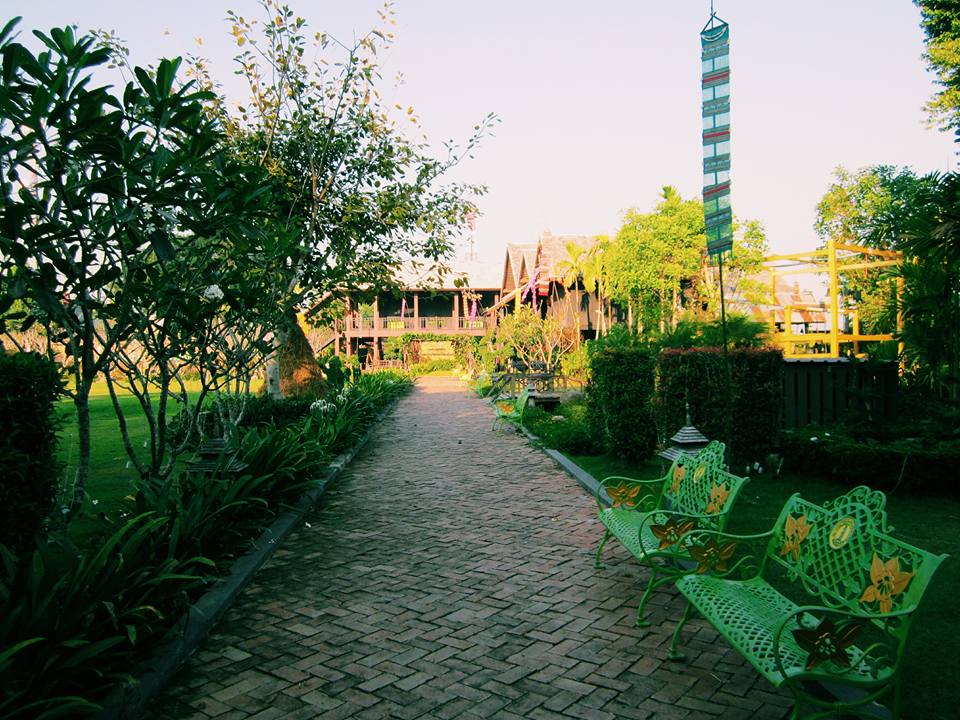
On weekdays, it's a bit quiet, but on weekends, it's said to be lively. There's also a walking street here.
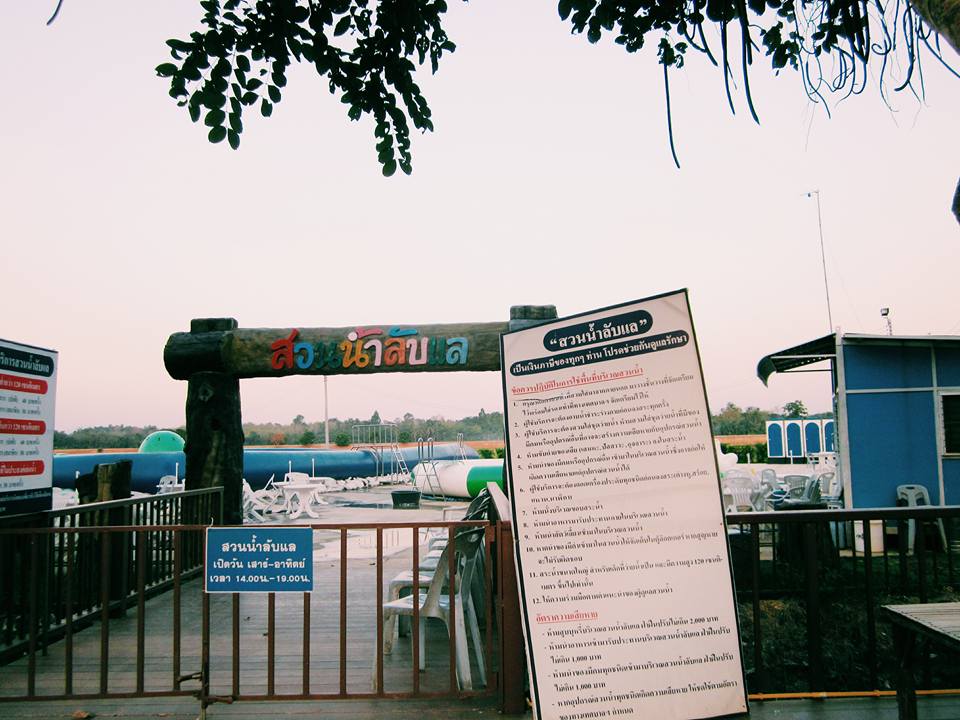
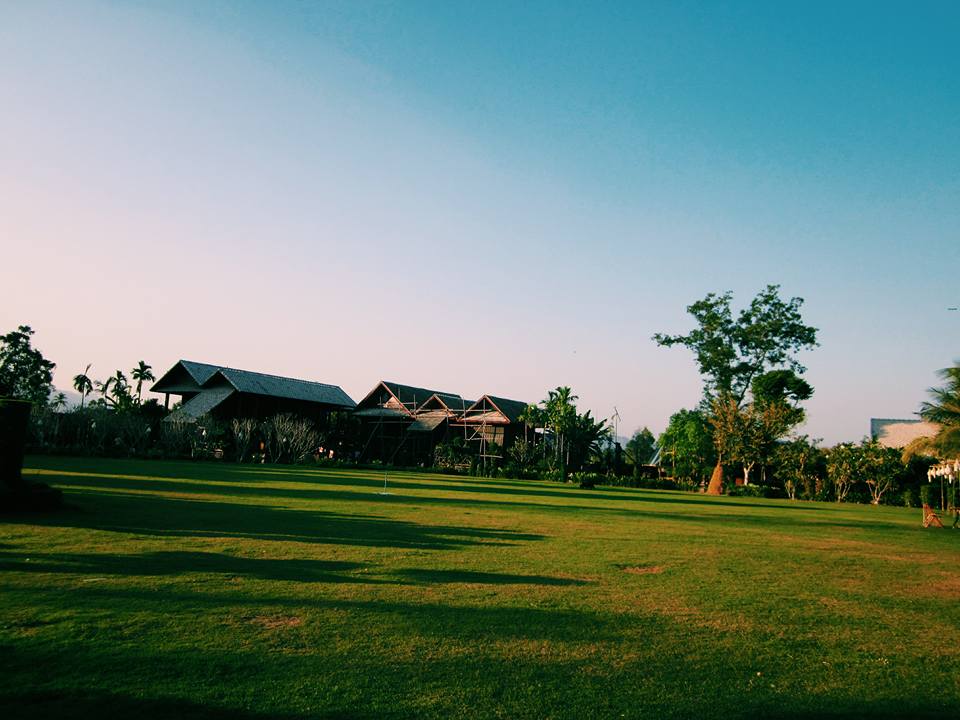
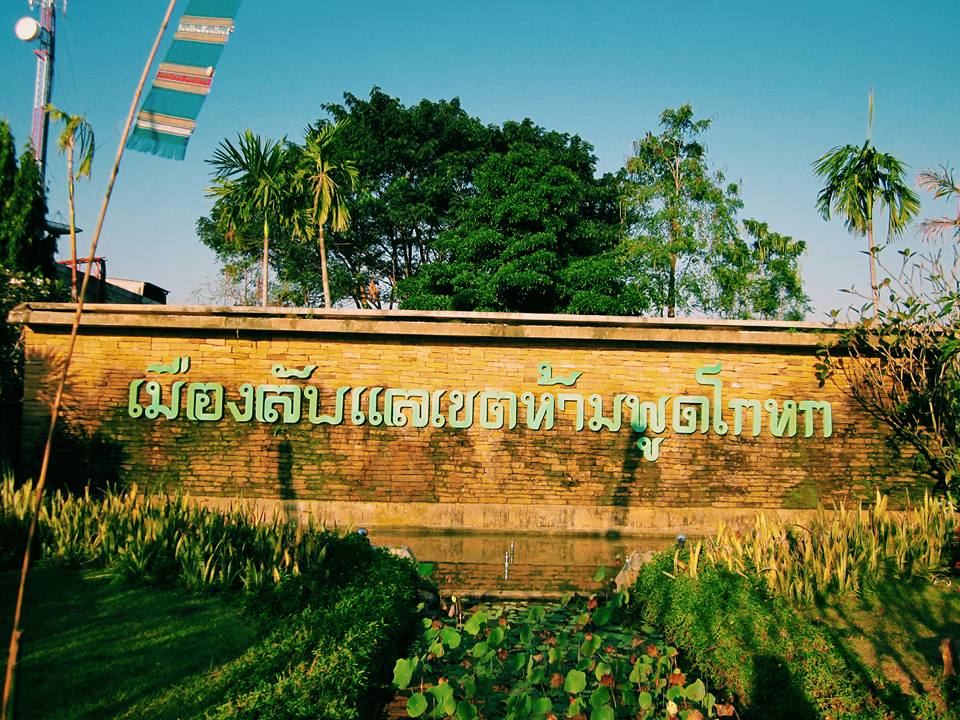
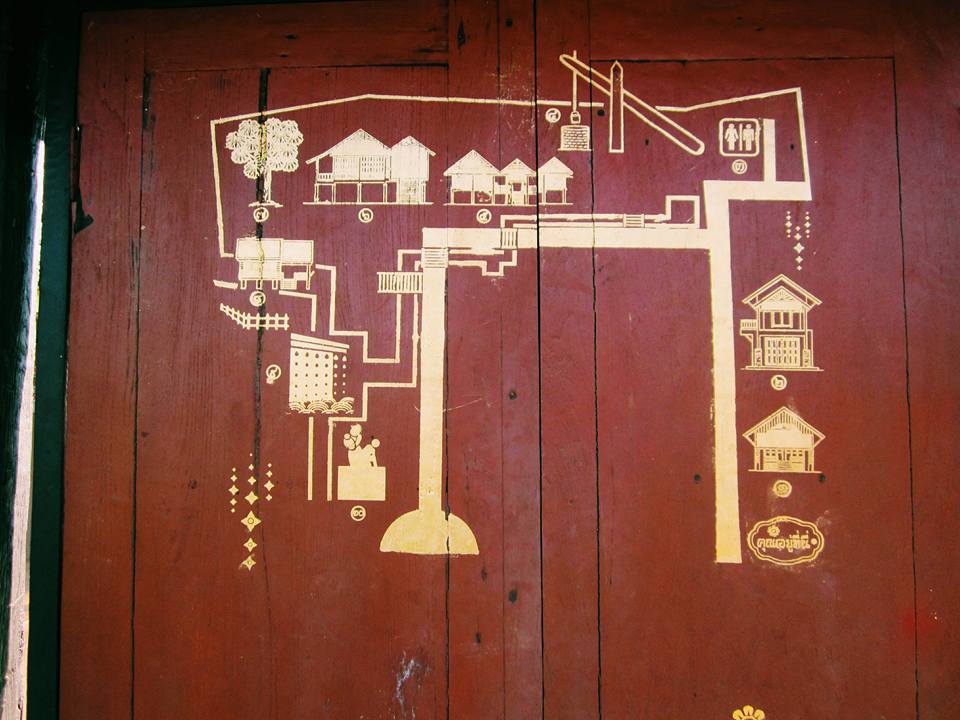

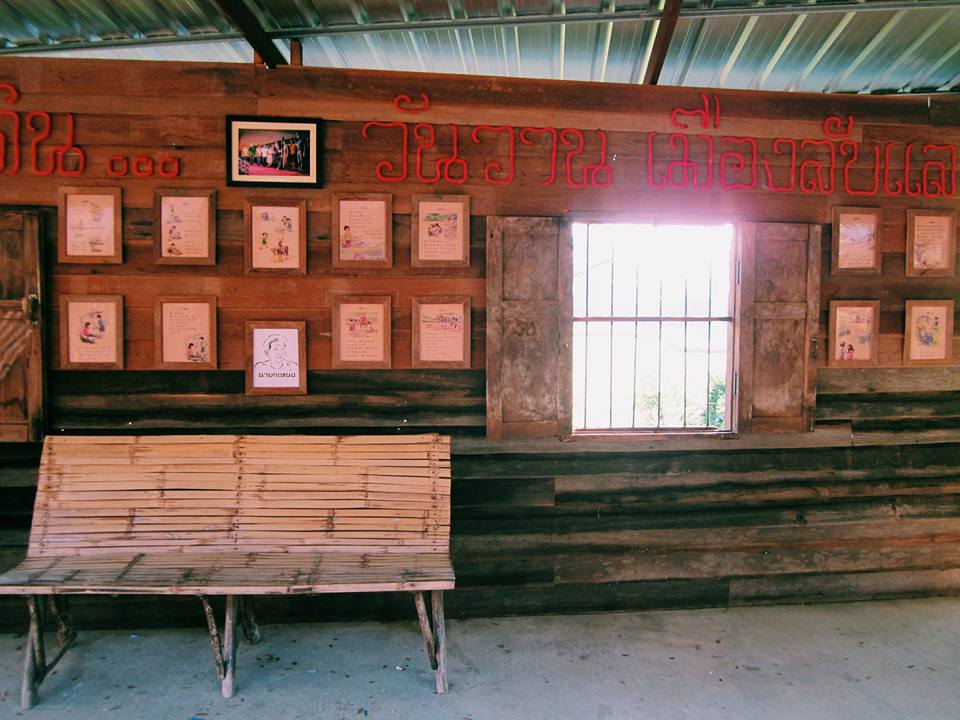
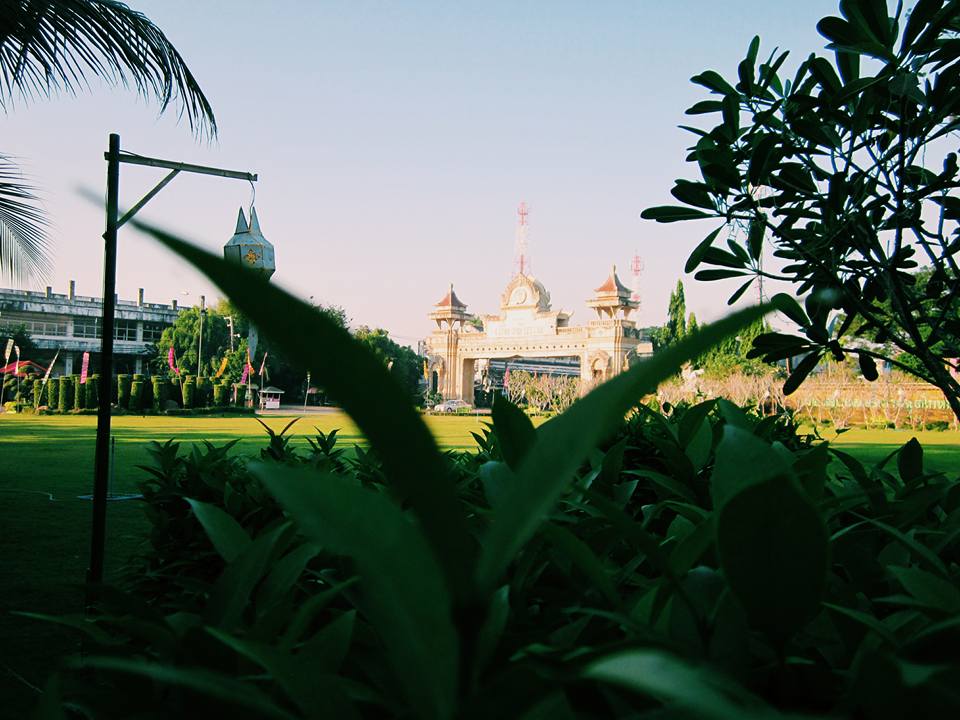
This is the symbol of the mystery of Lab Lae, a monument that symbolizes the city of widows. The statue has an origin. Try searching the internet for a very interesting story. It is said that it is a city of widows and a city that keeps its word. It does not like people who lie. Therefore, there are no men in this city. Men must be driven out of the city. One day, a man fell in love with a woman from this city and took her to live in Lab Lae. They had a child together. One day, the child kept crying. The man lied and said, "Mother is coming." When the woman found out from her mother that her son-in-law was lying, she was driven out and filled her bag with ginger. But it was too heavy, so the young man threw it away along the way. When he returned to his original village, there was only one left. He took it out of the bag and it turned into gold. He went to look for the place where he had thrown it away, but it had grown into an ordinary ginger plant. He could not find his way back to Lab Lae. You should try reading it. It's a good story.
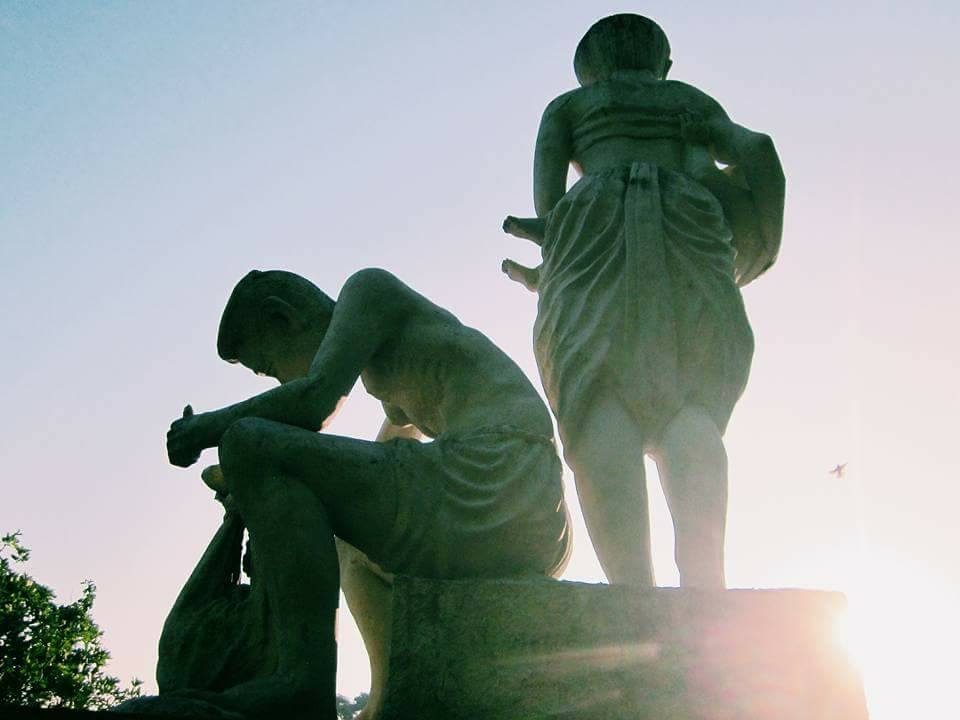

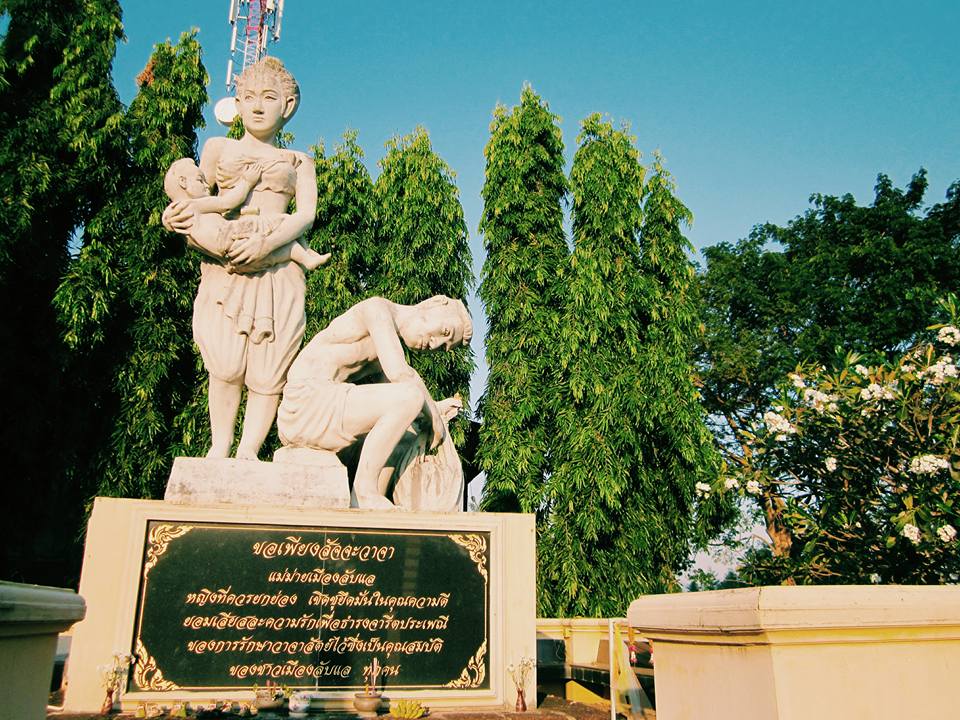
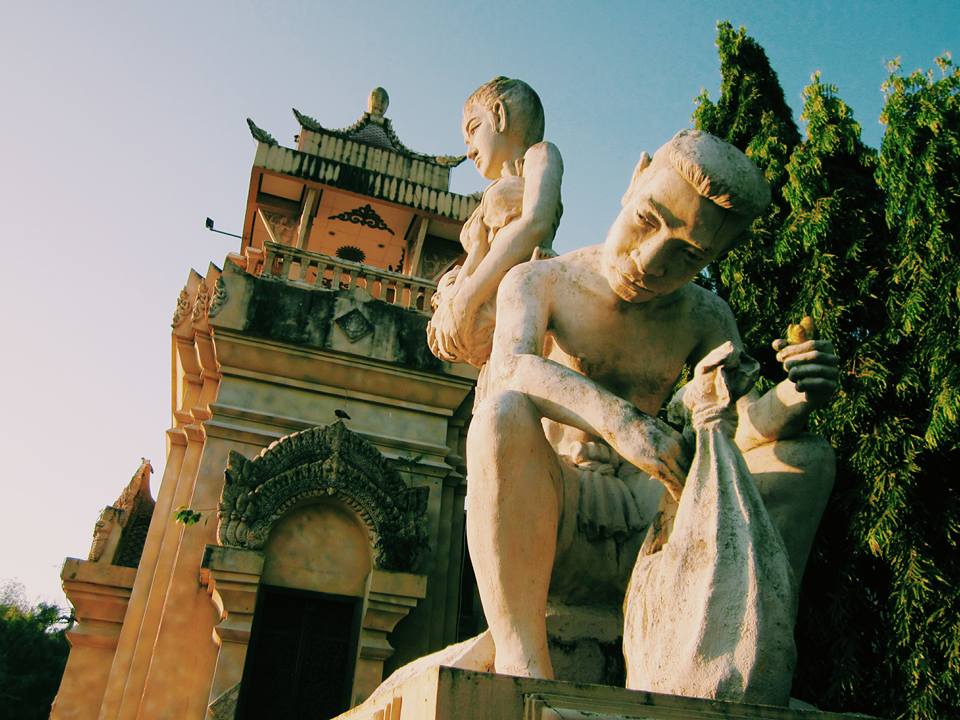
It's 8 am, the staff is here. I'm so happy, I got my bike. The staff was very helpful, they gave me a map, checked the condition of the bike, and provided documents, but I barely looked at them. I used my mouth to ask for directions all the time.

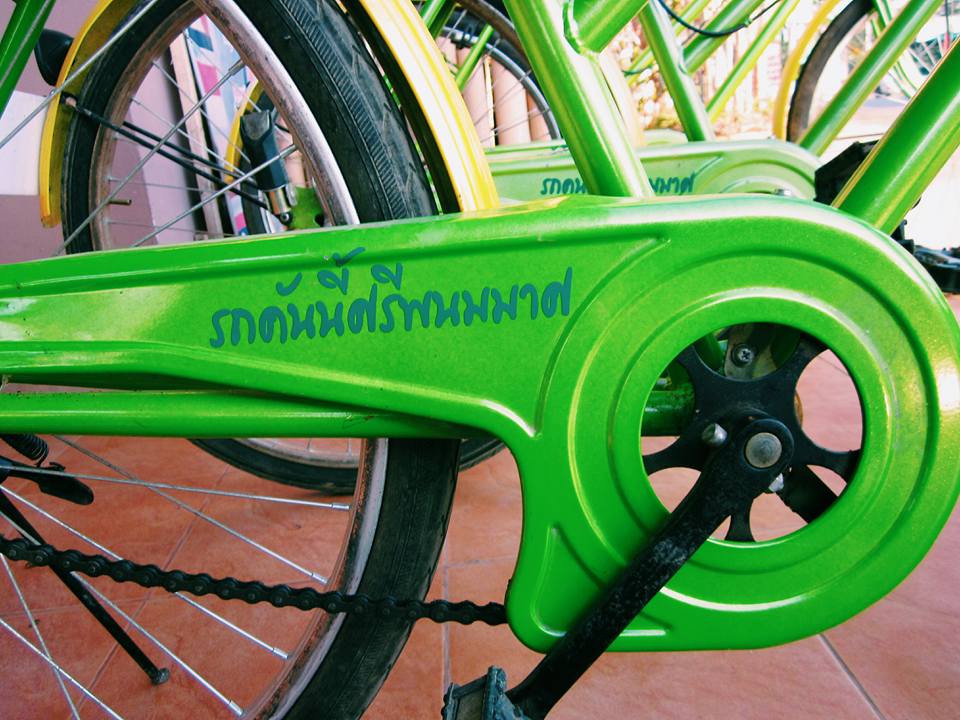
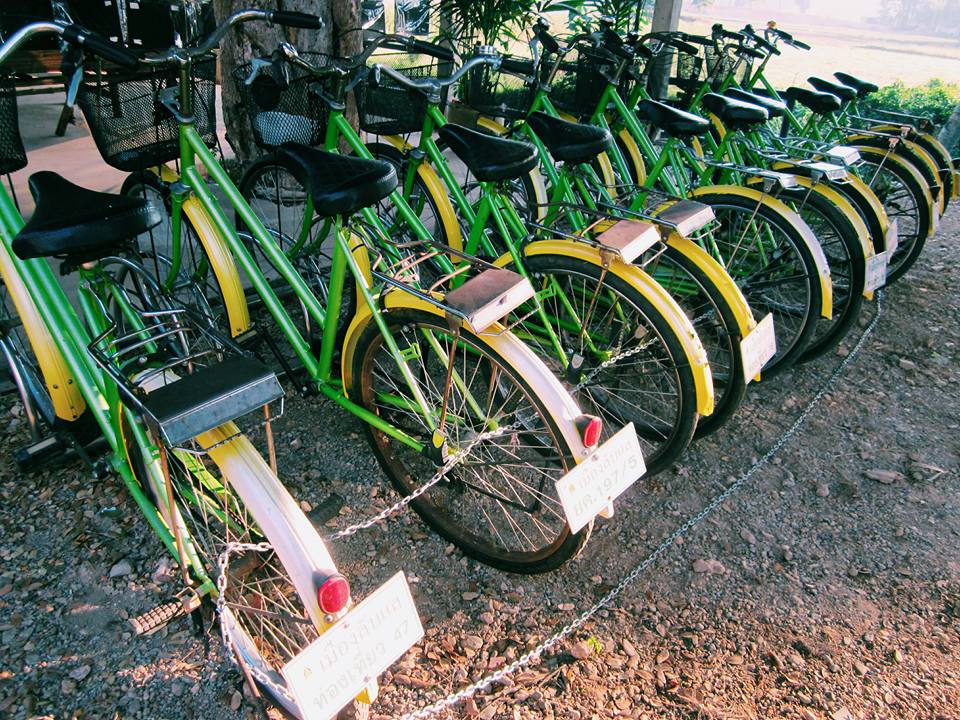
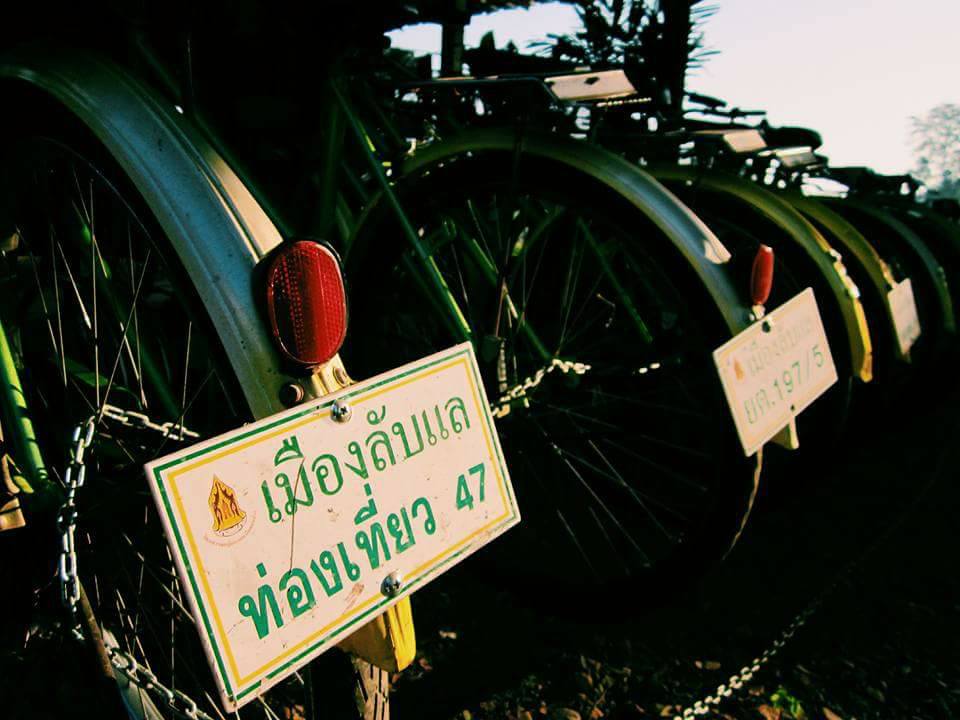
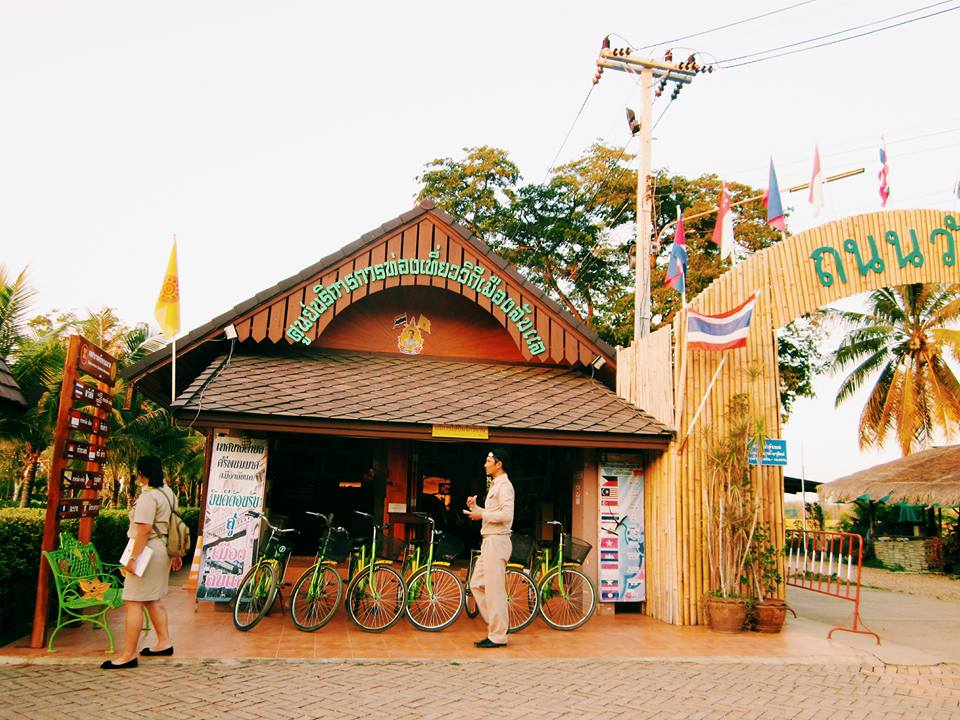
I got my bike. It's late. I guess there's nothing I can do now but "I'm hungry." Let's go find a market. There must be one, there must be a market around here. And there really is! AAAAAAAAAAAAAAAA The provincial market is full of food.
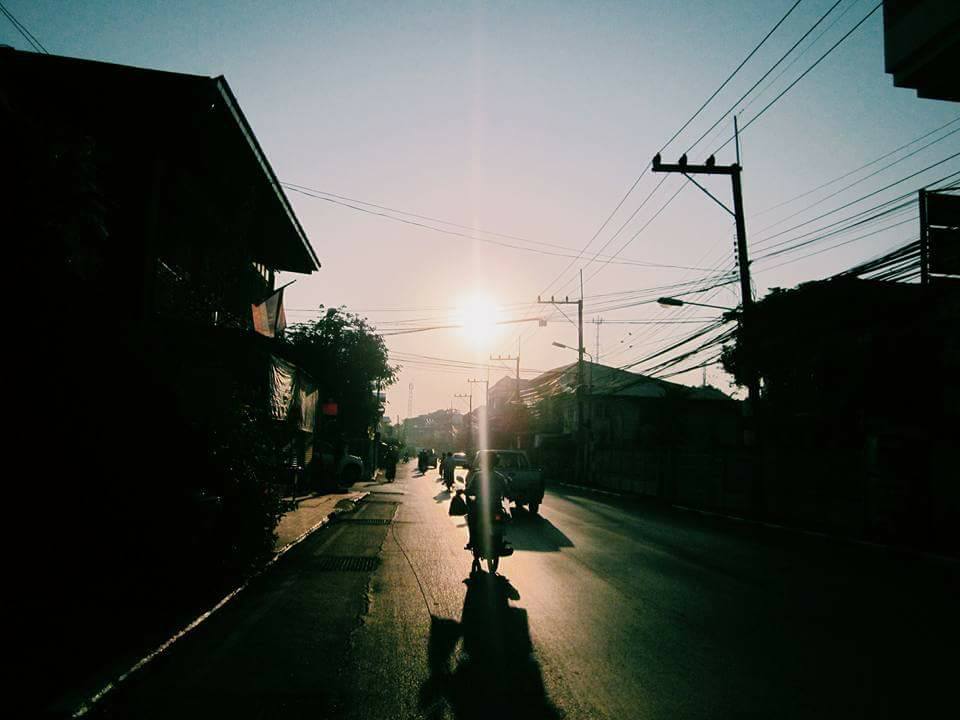
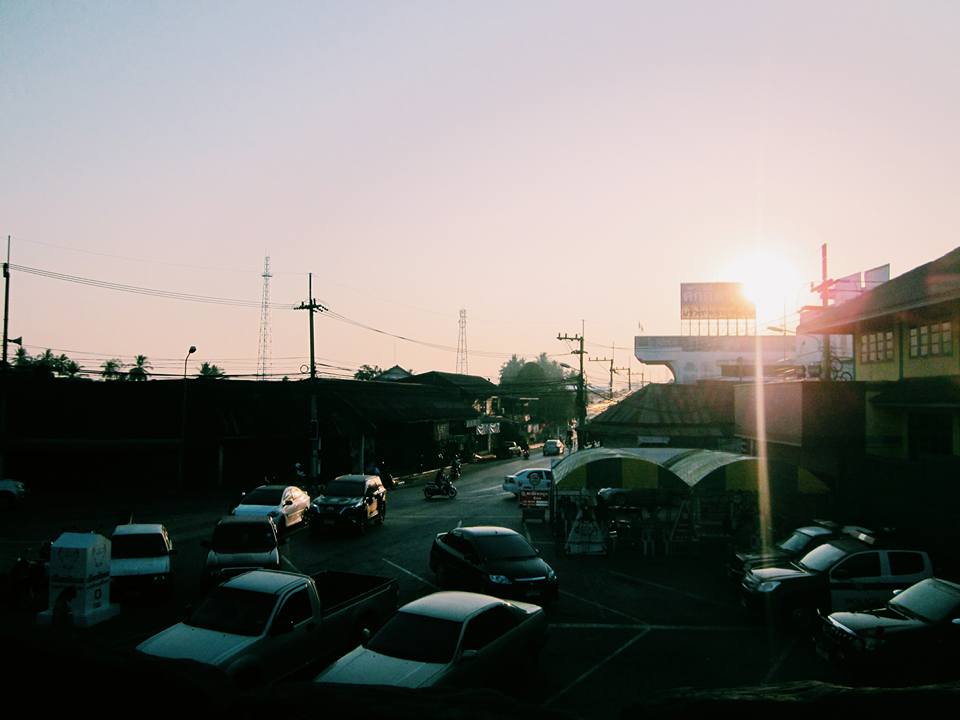
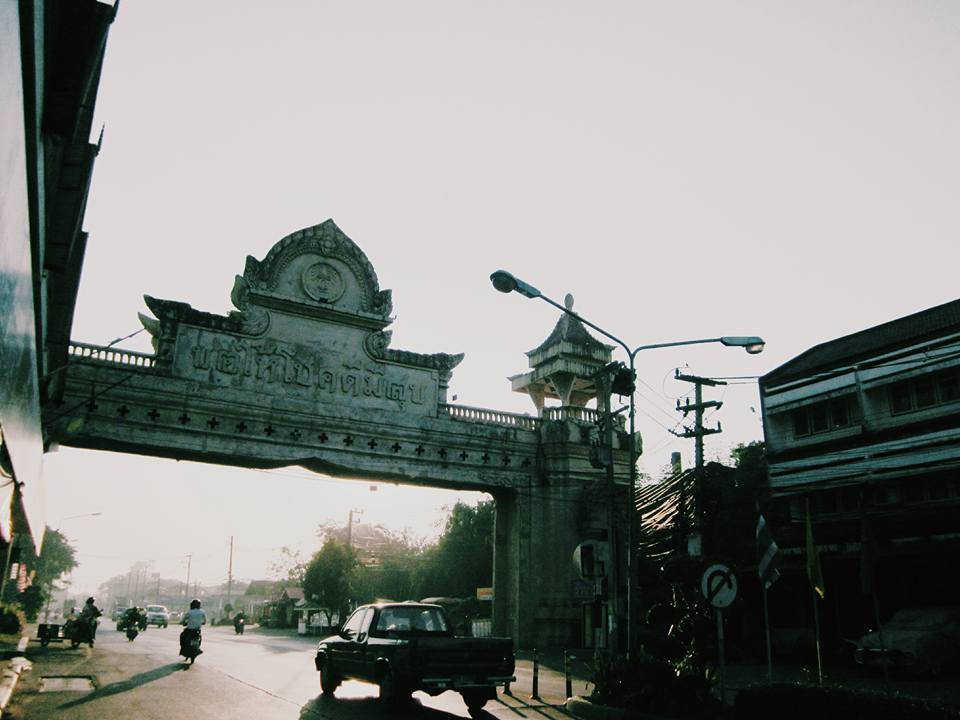

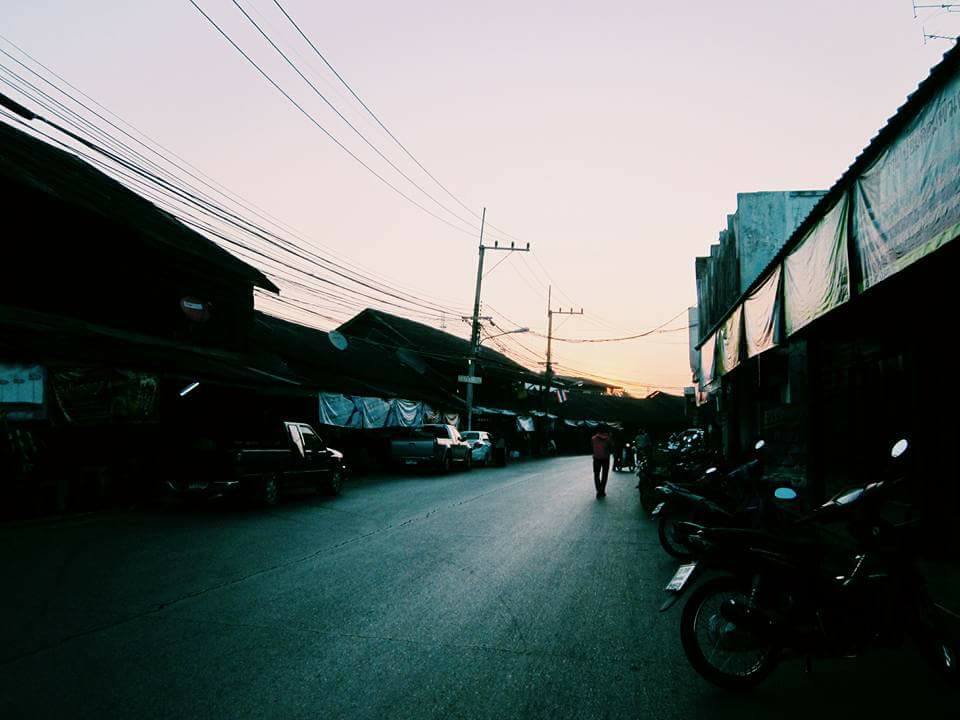
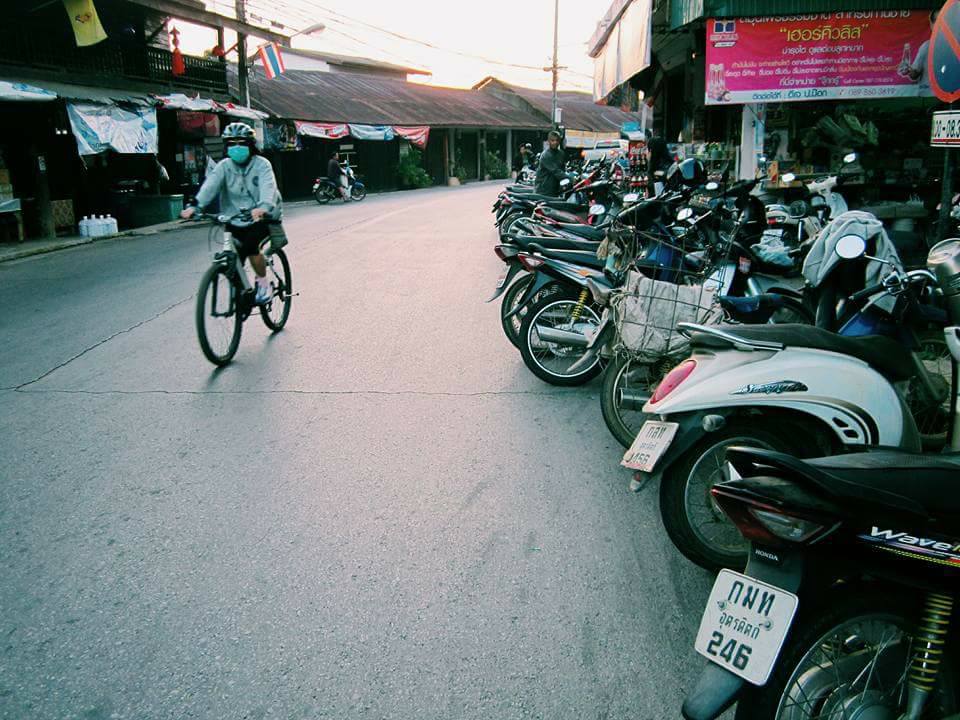
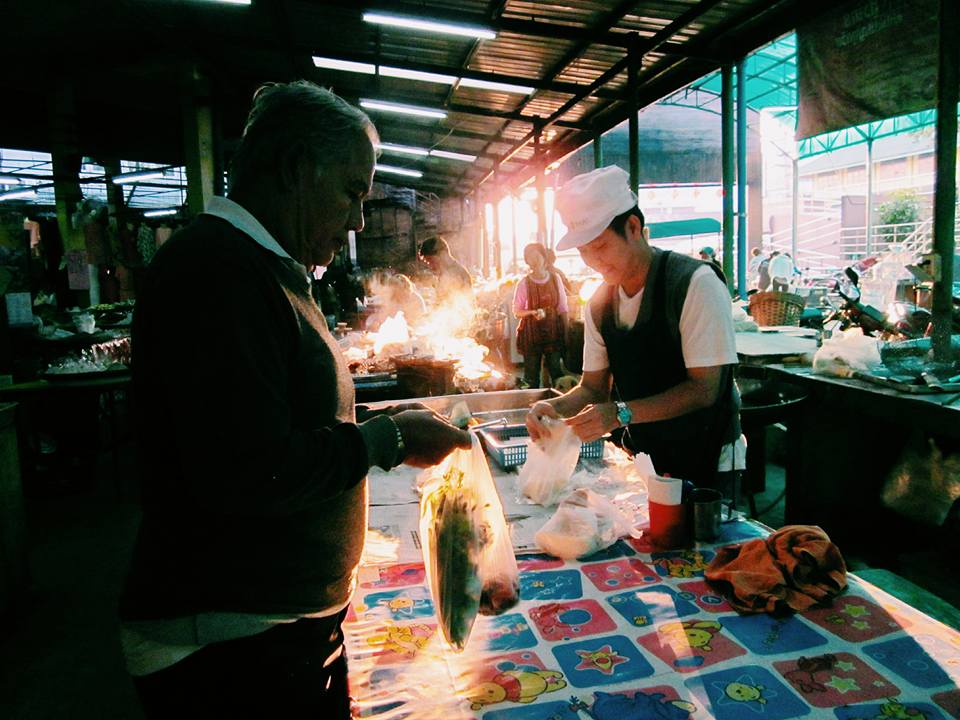
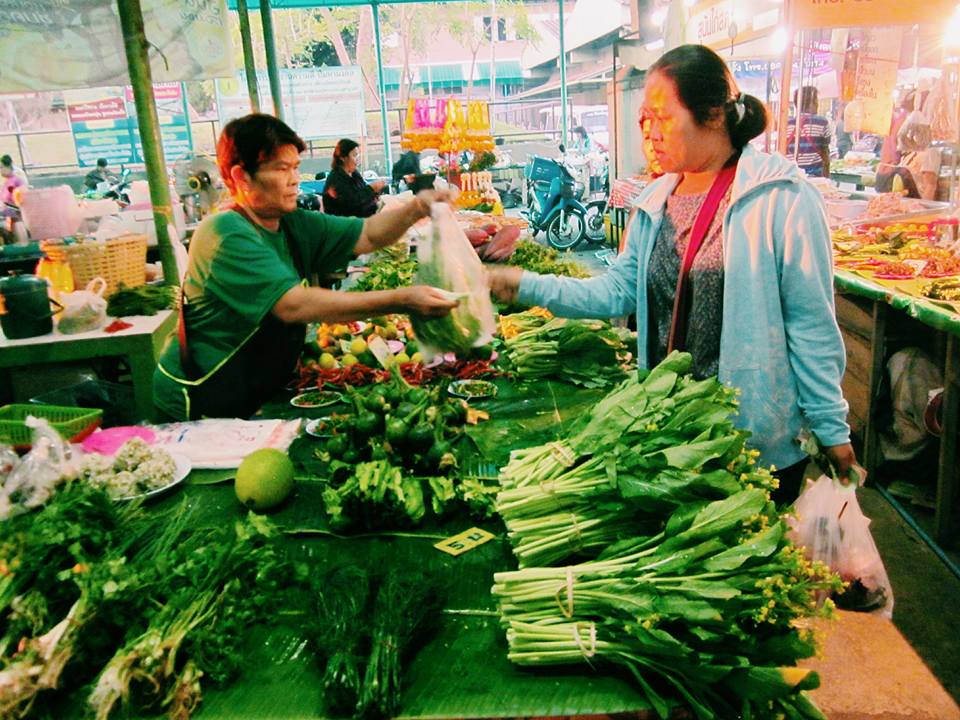
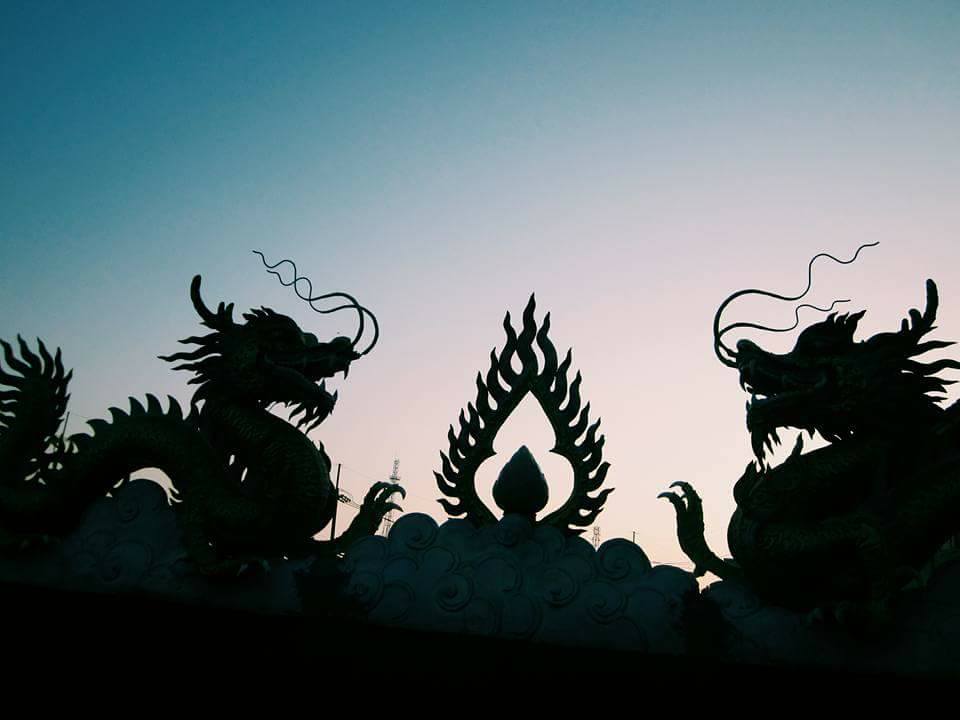
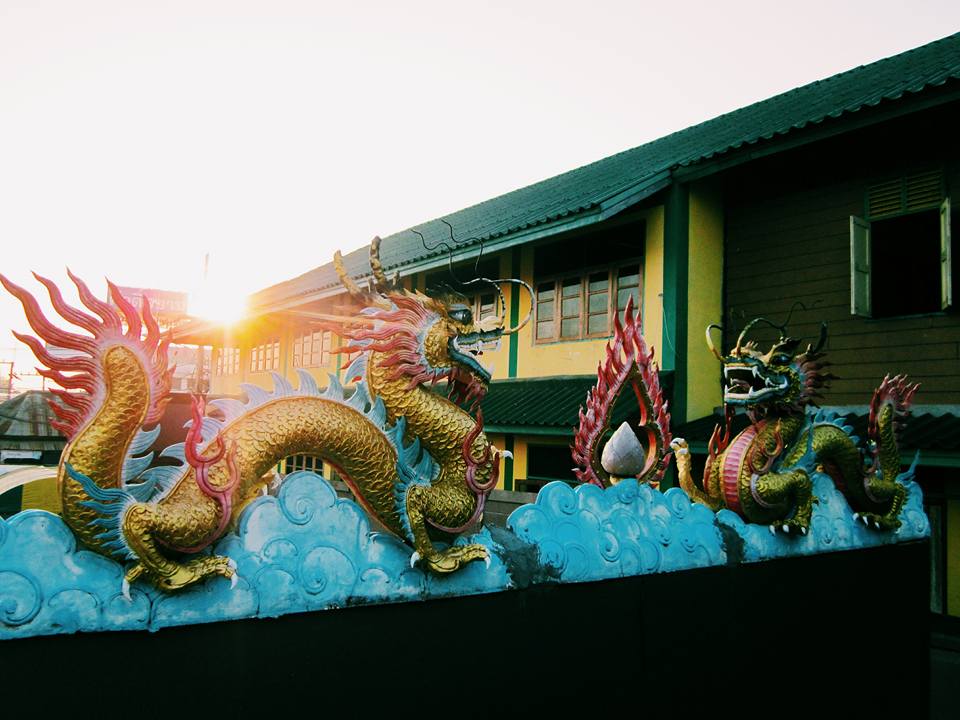
The sign "No lying allowed" is a charming reminder to be honest and truthful. It suggests that the area is committed to upholding integrity and fostering a culture of transparency.

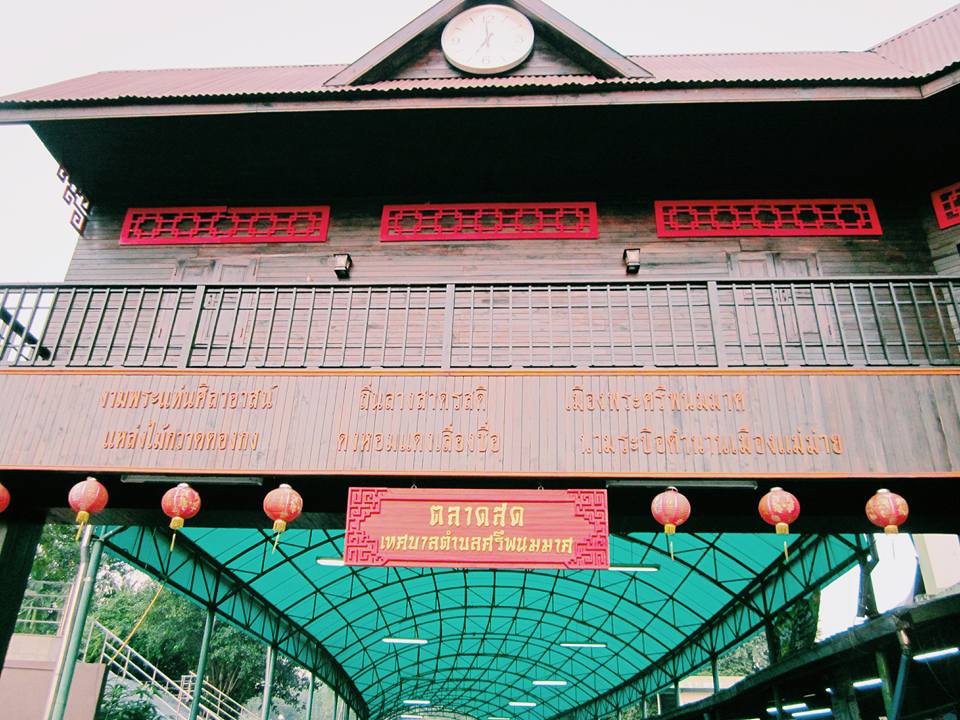

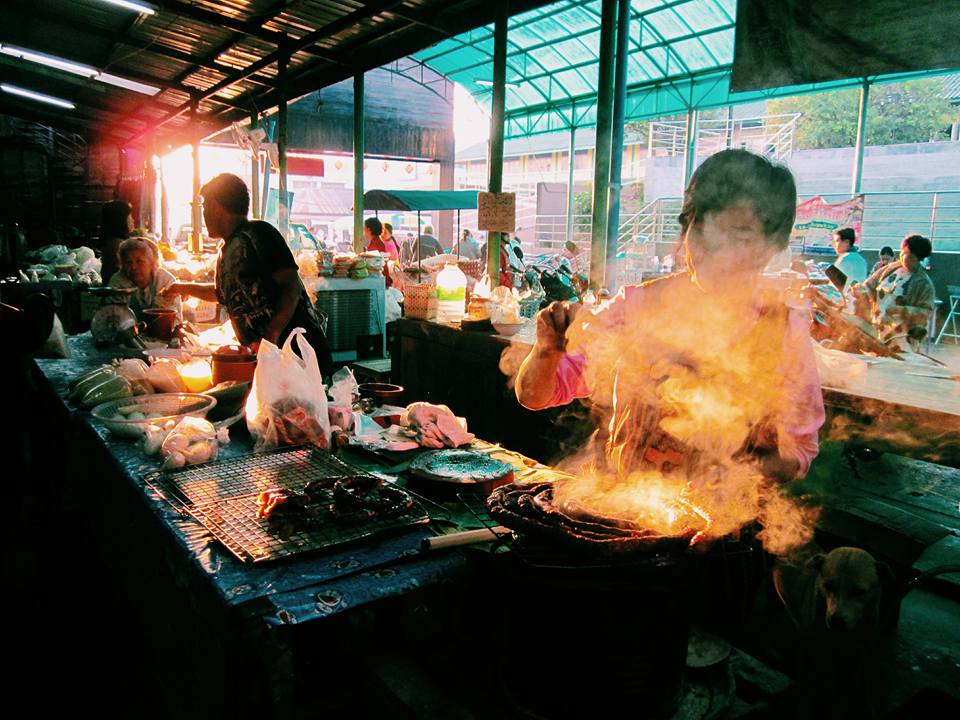
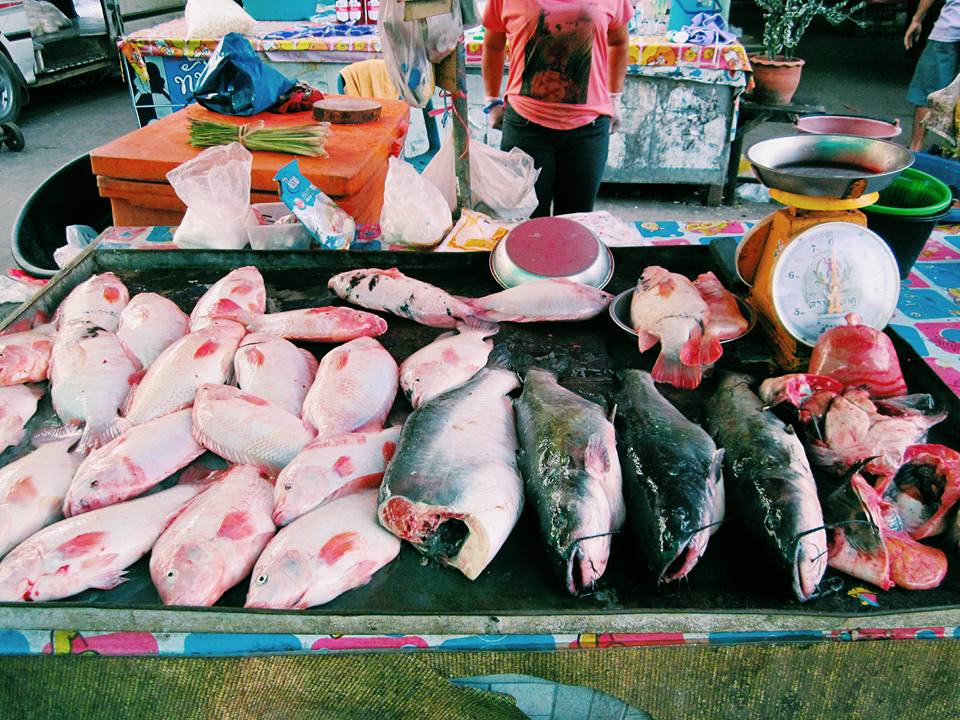

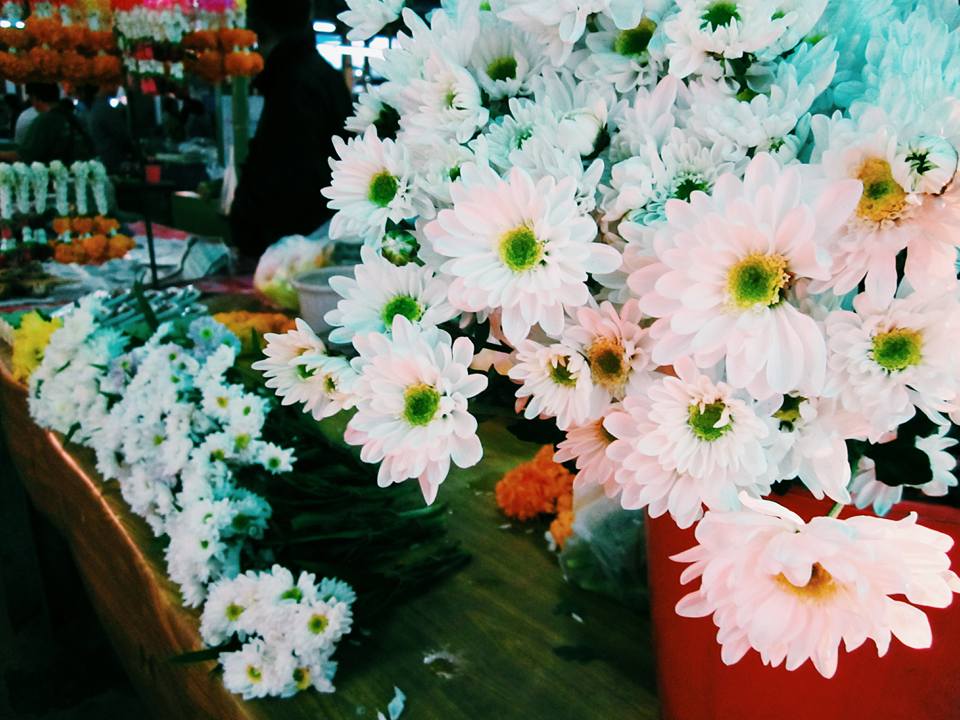
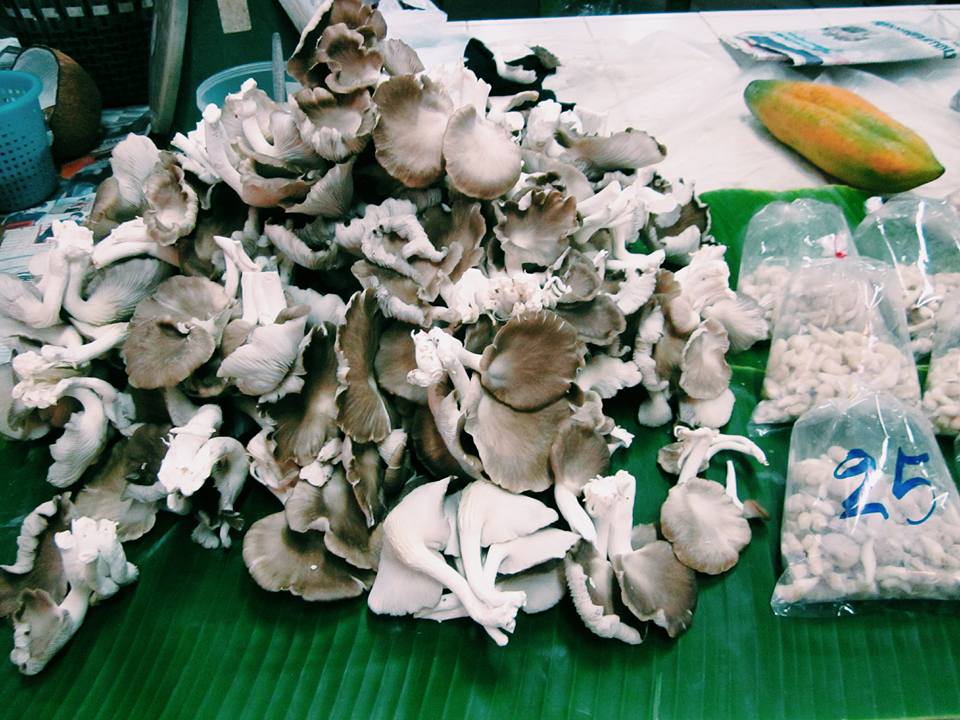
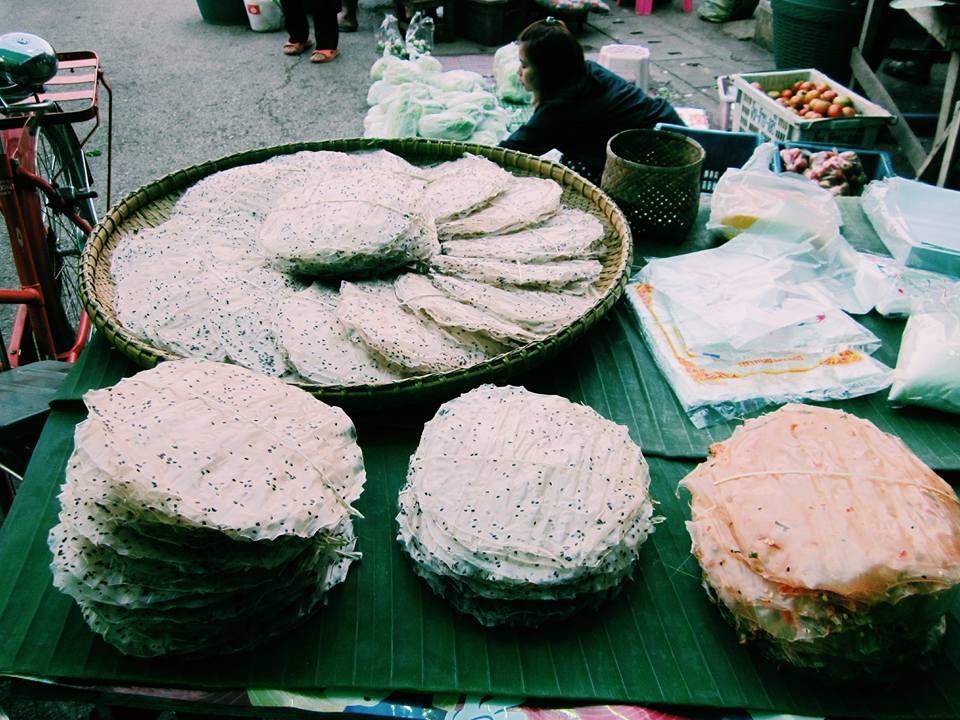
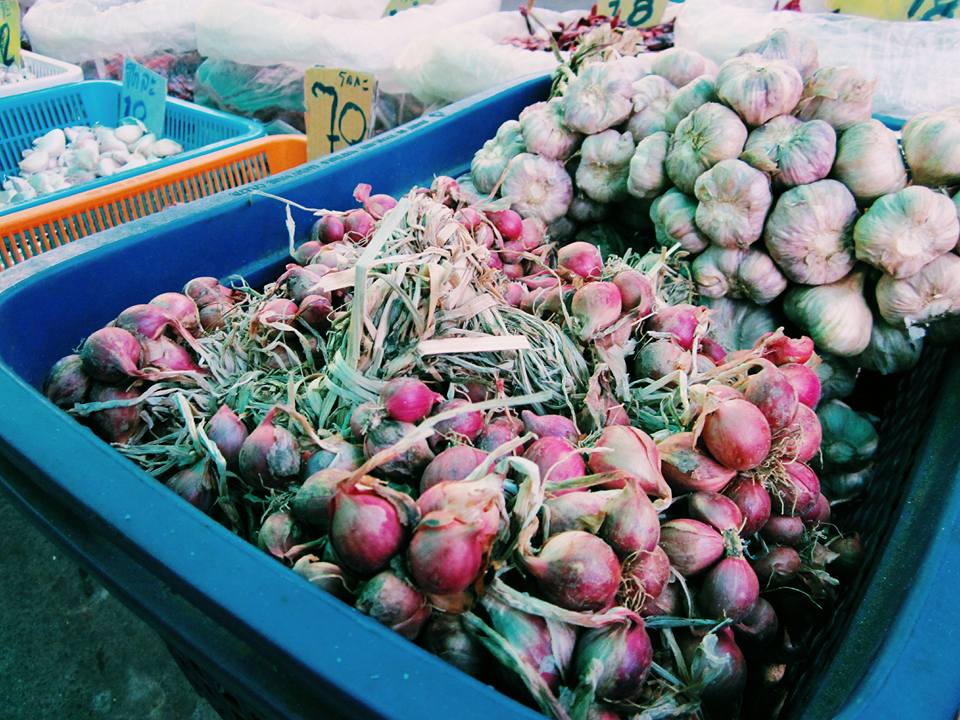
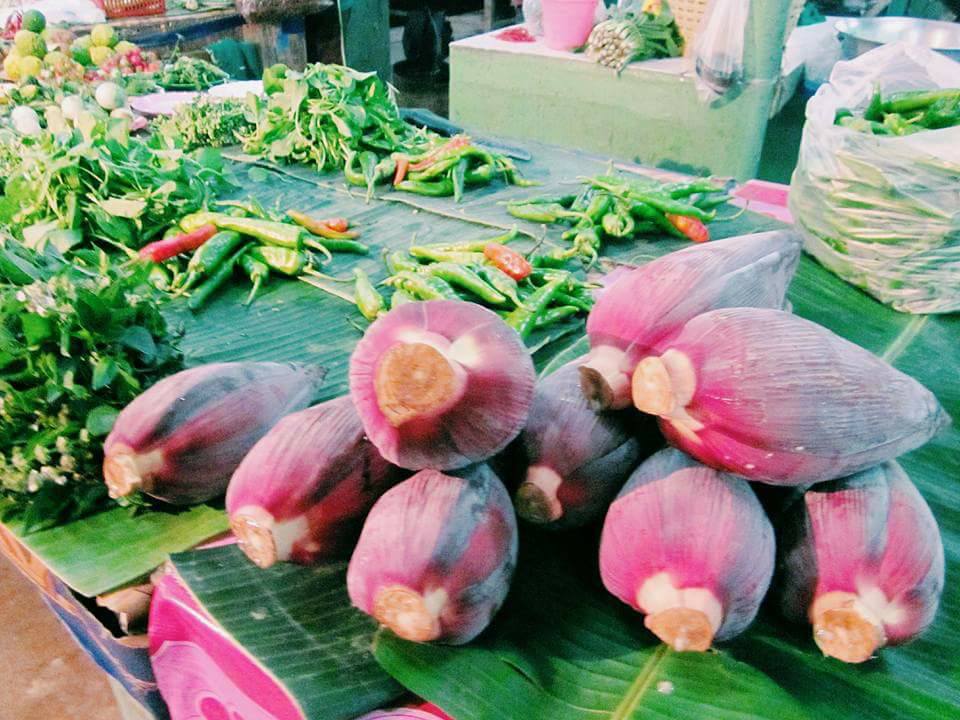
In the late morning, we started cycling towards Mae Pool, our accommodation for the night. The 12-kilometer journey was tackled on a single-speed city bike, navigating a slightly uphill terrain. We leisurely captured the morning atmosphere of Lablae along the way.
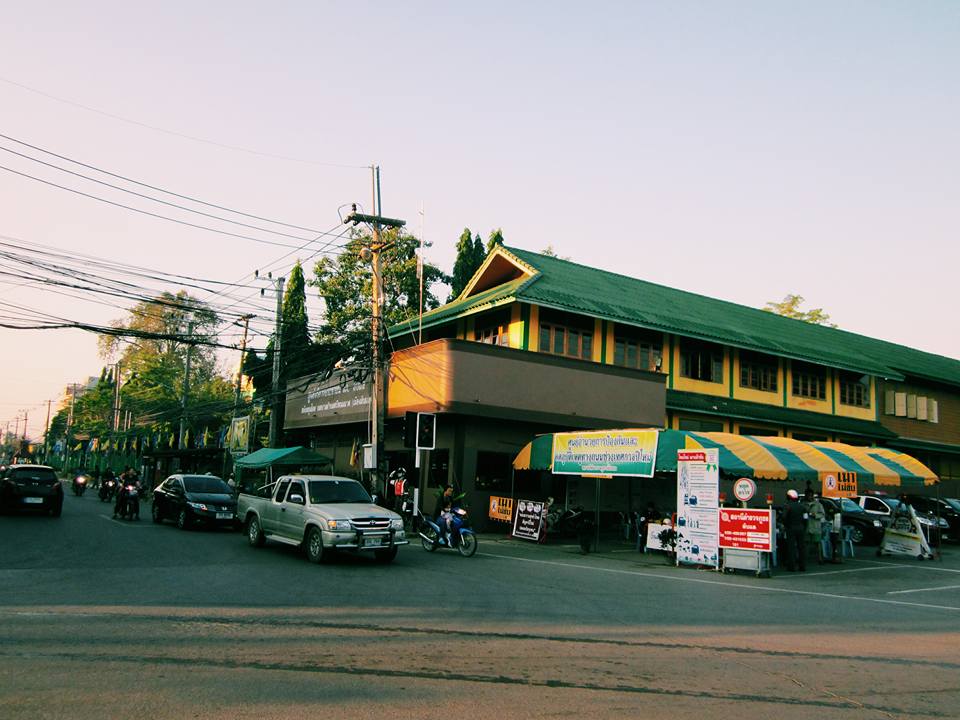
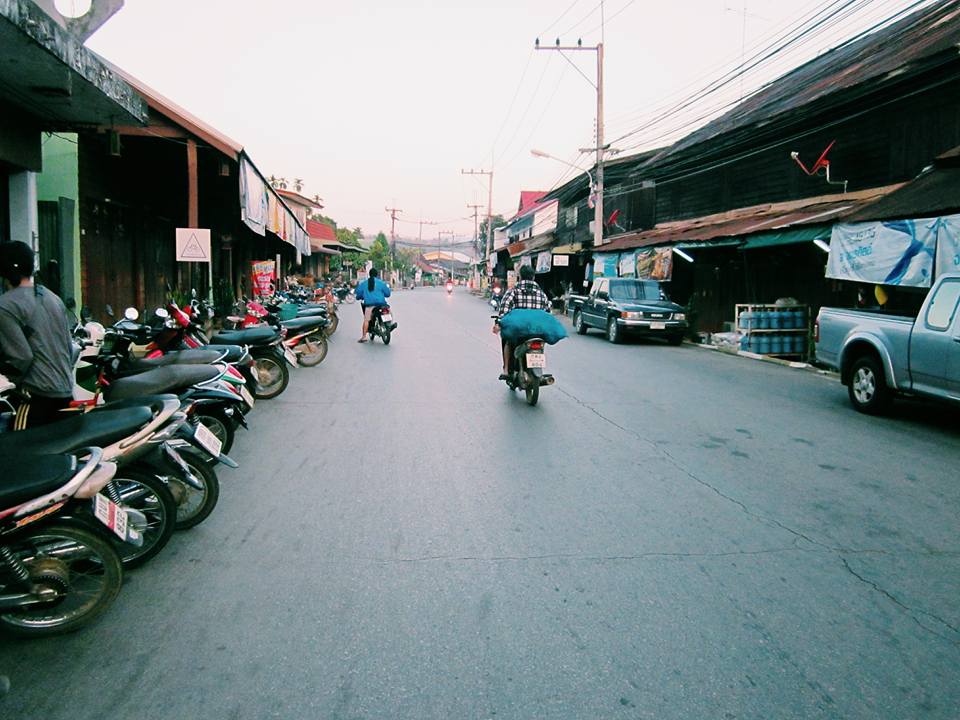
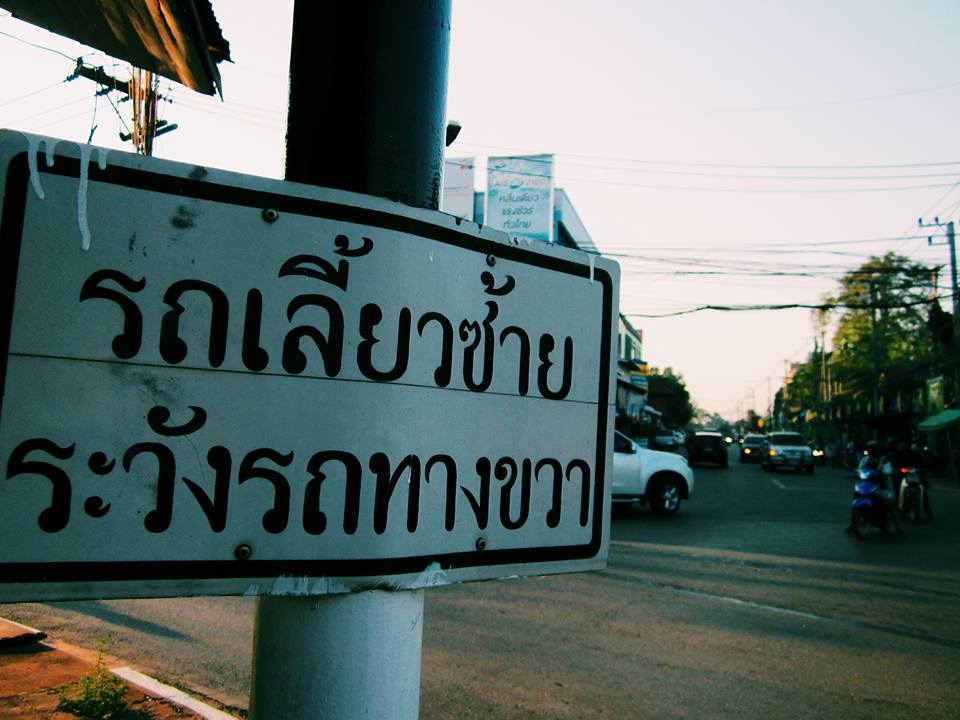
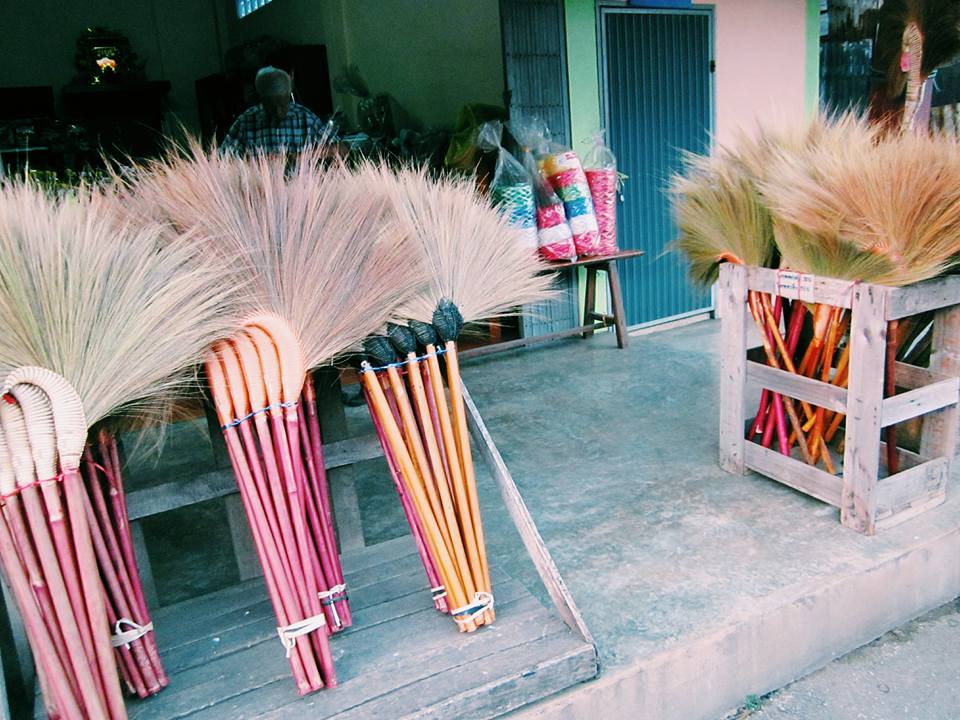
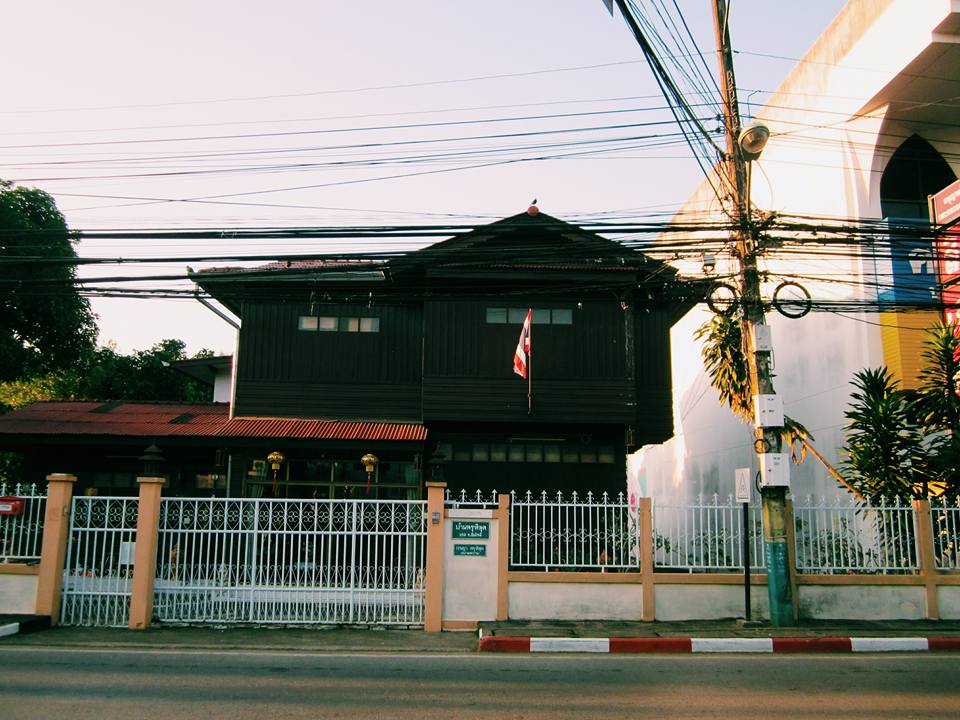
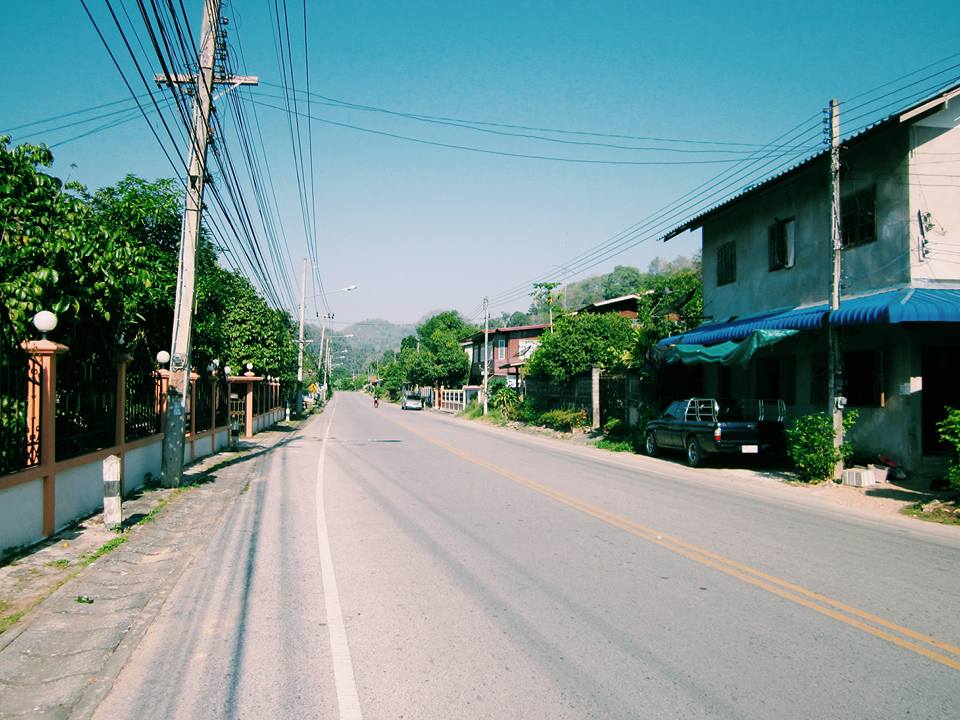
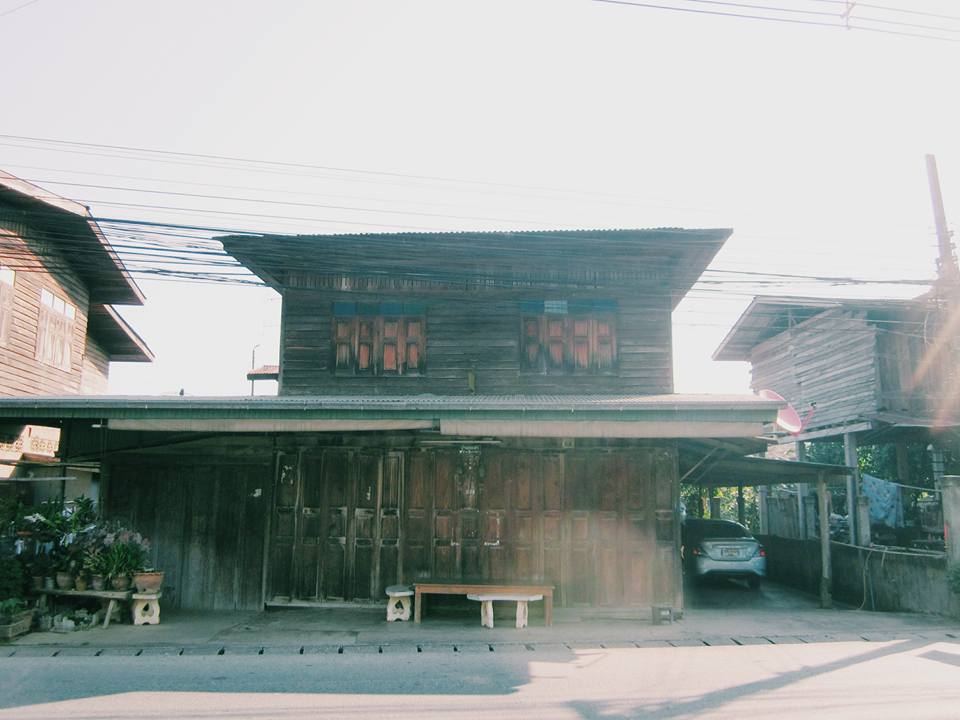
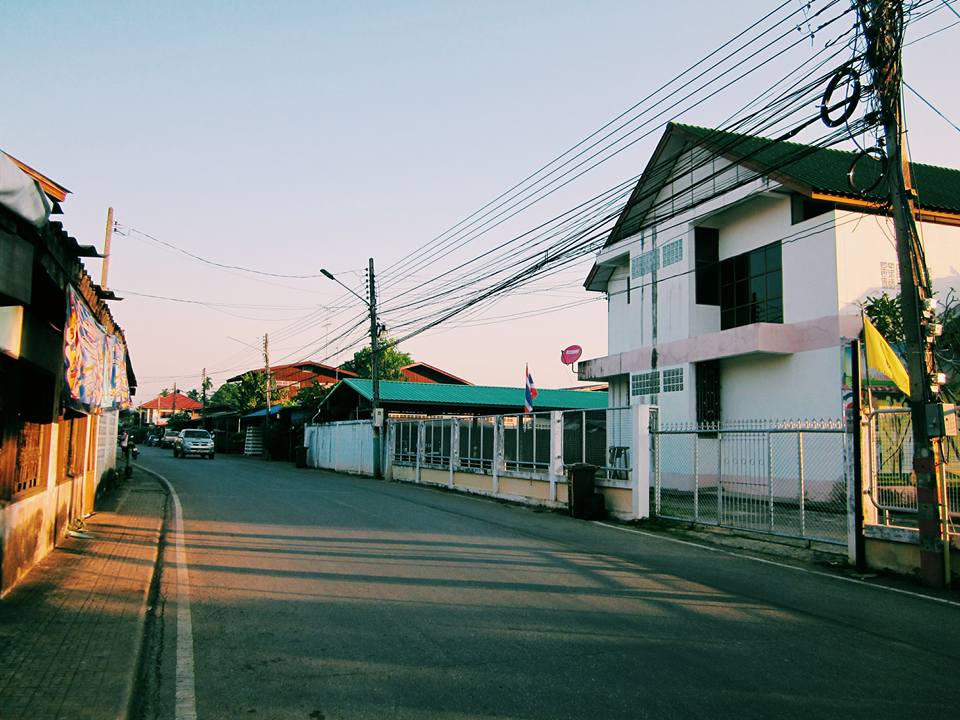
There is a bike path, but the road is not in good condition. The road is a bit narrow and there is a lot of traffic, but most of it is local traffic, such as motorcycles and pickup trucks. There are not many large trucks. You can cycle slowly.

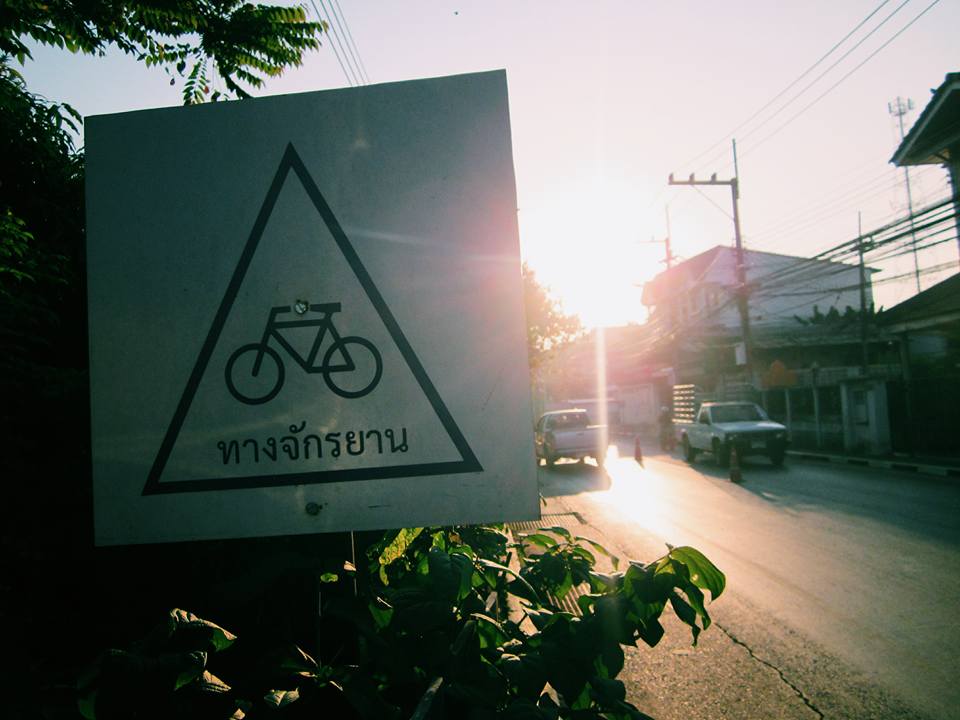
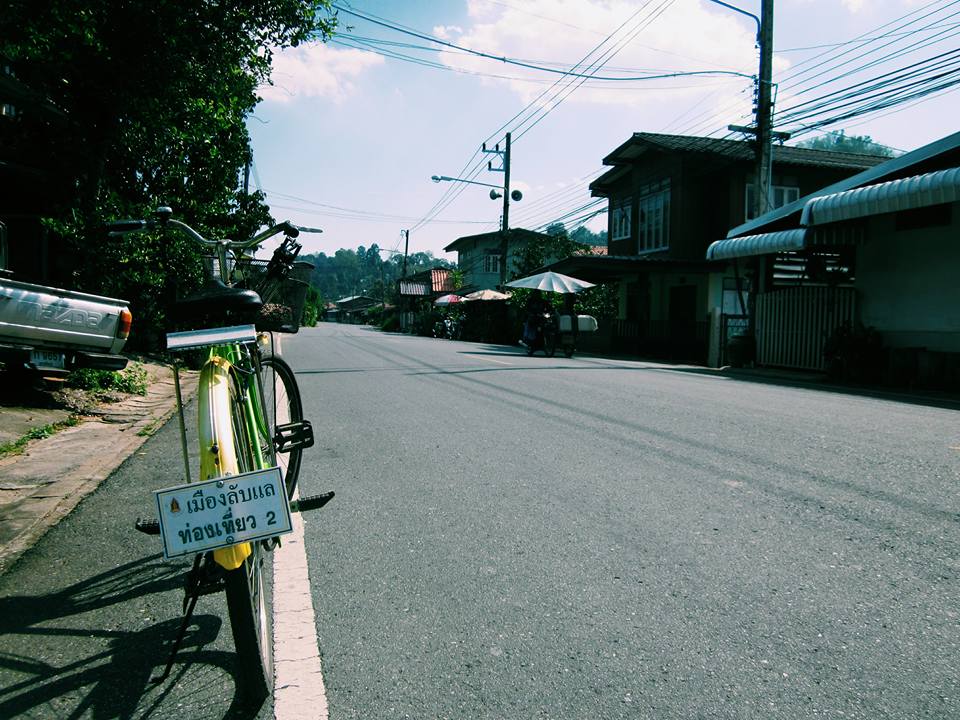
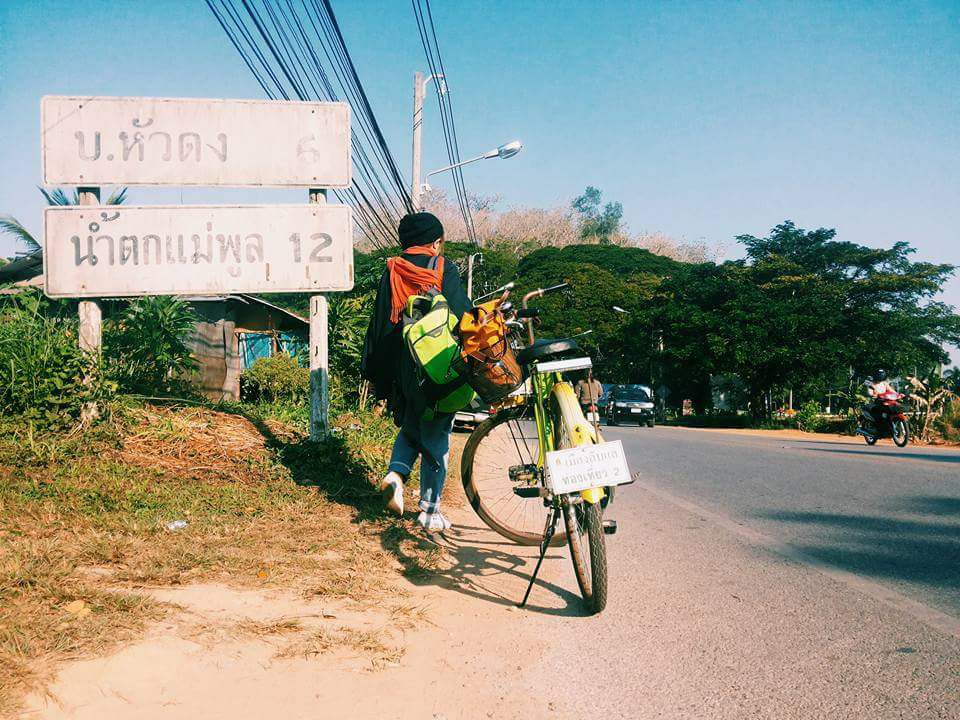
The route was truly meandering. It was the first province where I cycled the most and asked for directions the most. As the saying goes, "the city of the unseen," it truly lived up to its name. I got lost a lot, but the people were very kind. They asked me all sorts of questions, like "Are you here alone?" and "You're amazing!" They gave me directions and were very hospitable and friendly.
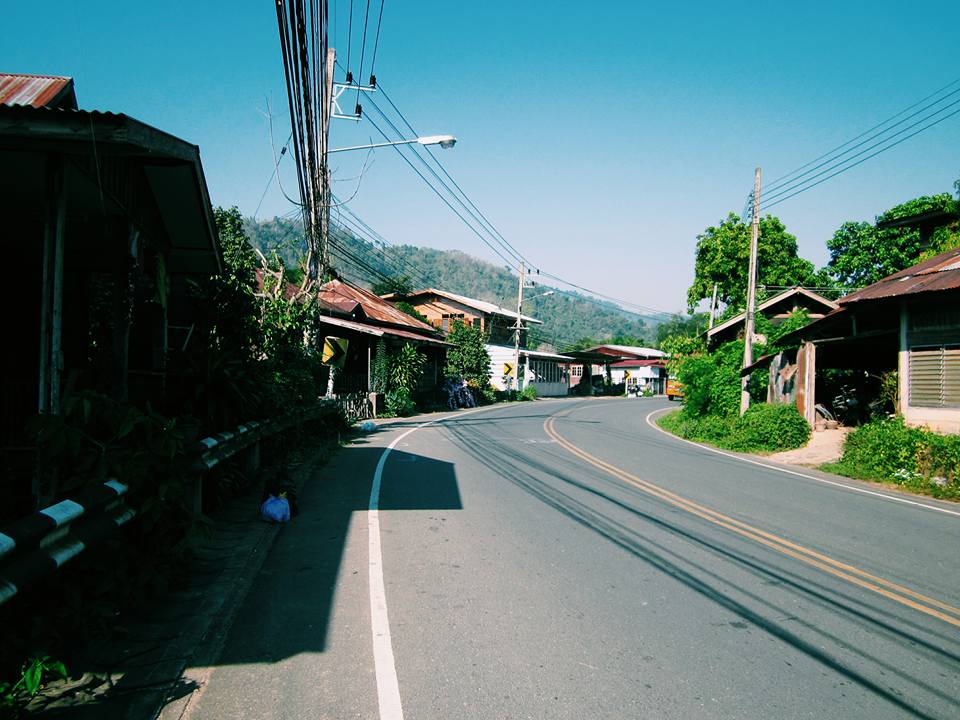
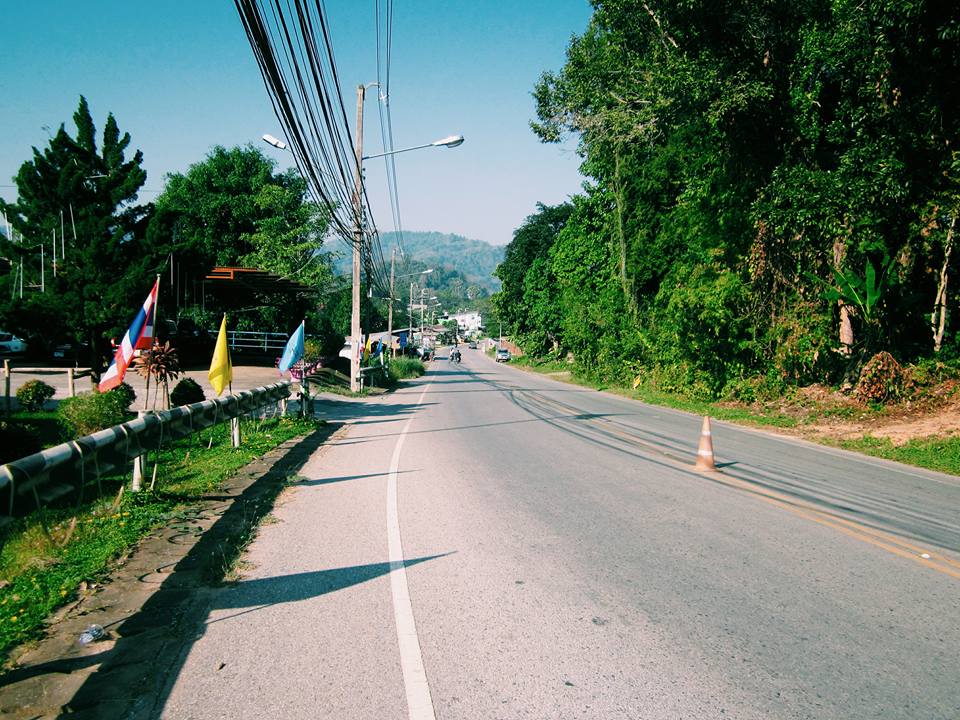
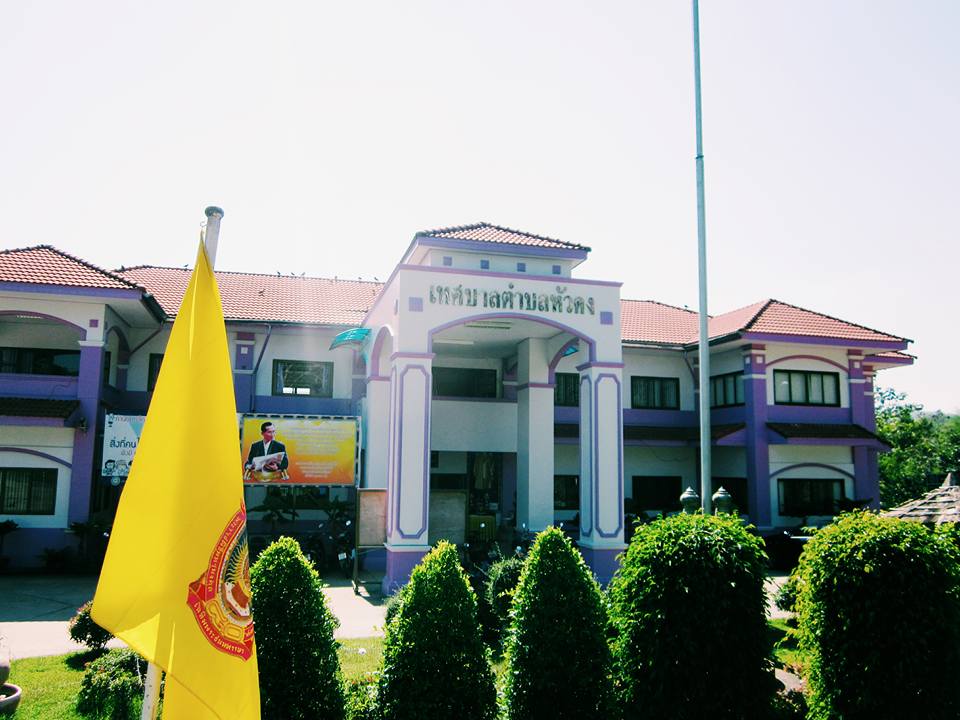
After searching for a while, we found a homestay that required contacting the village to book. We couldn't choose the house, so we had to wait and see which one we would get. Many houses were unavailable because it was still the New Year's festival and children and grandchildren were returning home to visit. The grandparents and aunts and uncles had to stay to welcome them. We ended up staying at Grandma Suan's house. If you're interested, contact the Home stay Lablae - Lablae Homestay Uttaradit page on Facebook. Someone will guide you through the process.
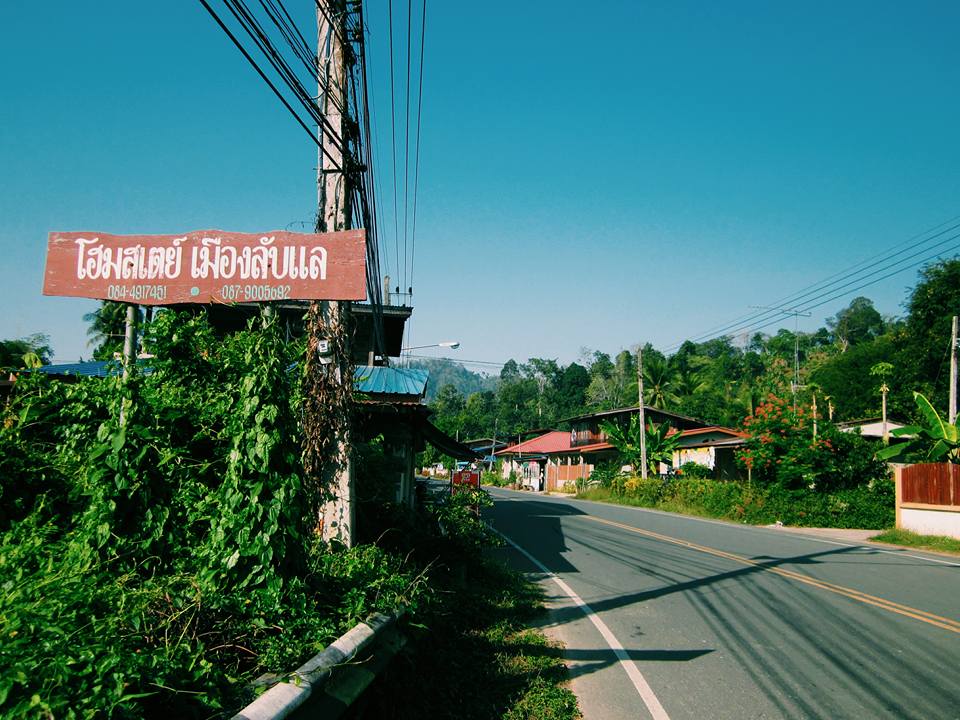
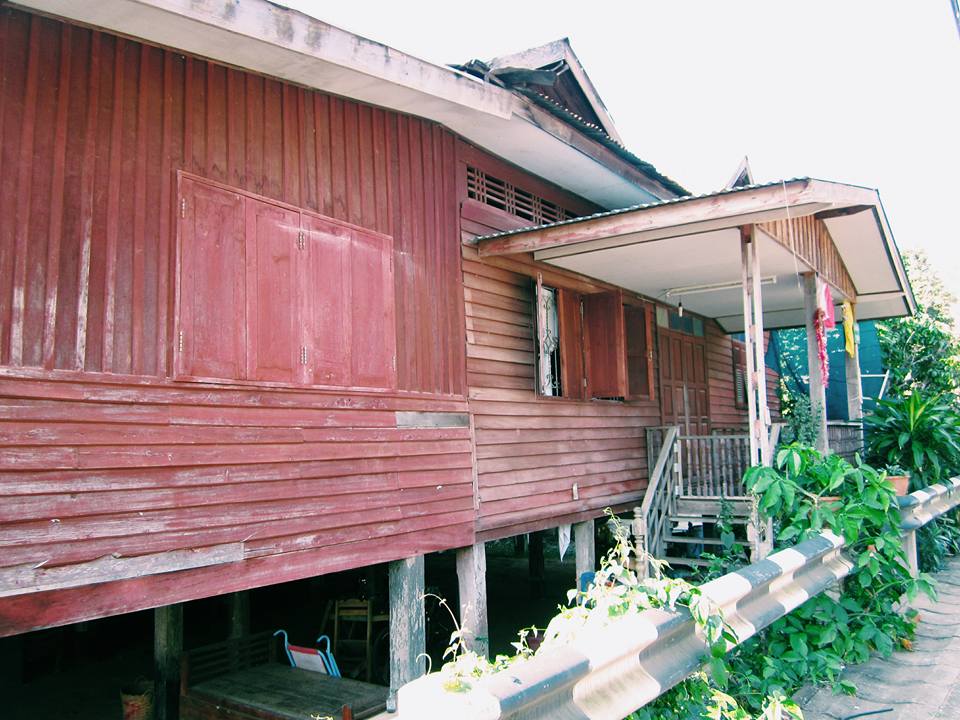
We finally arrived at Grandma's house. The front of the house is also a shop. I've been asking questions all the way here, and I'm really tired. I've been cycling for 12 kilometers. I feel relieved now that I've arrived. After talking to Grandma, she told me to go take a shower and rest.
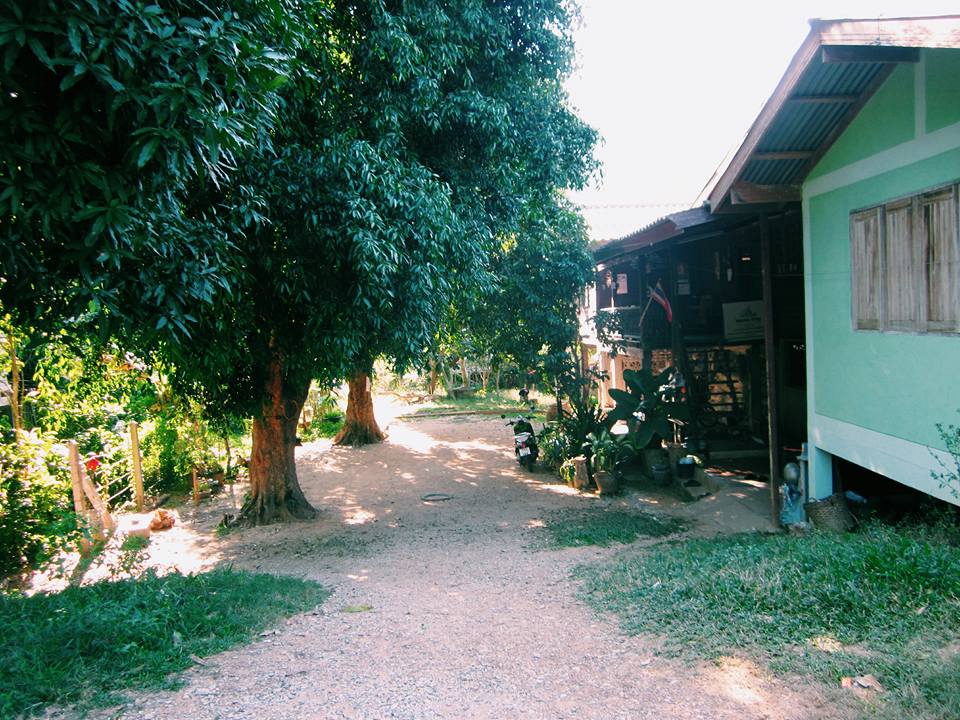
This is where I sleep for 200 baht a night. I can sleep anywhere, but my grandmother doesn't let me sleep on the wooden floor upstairs. It must be a big room. I came alone and got a small room downstairs. It's a concrete floor and the air is very cool.
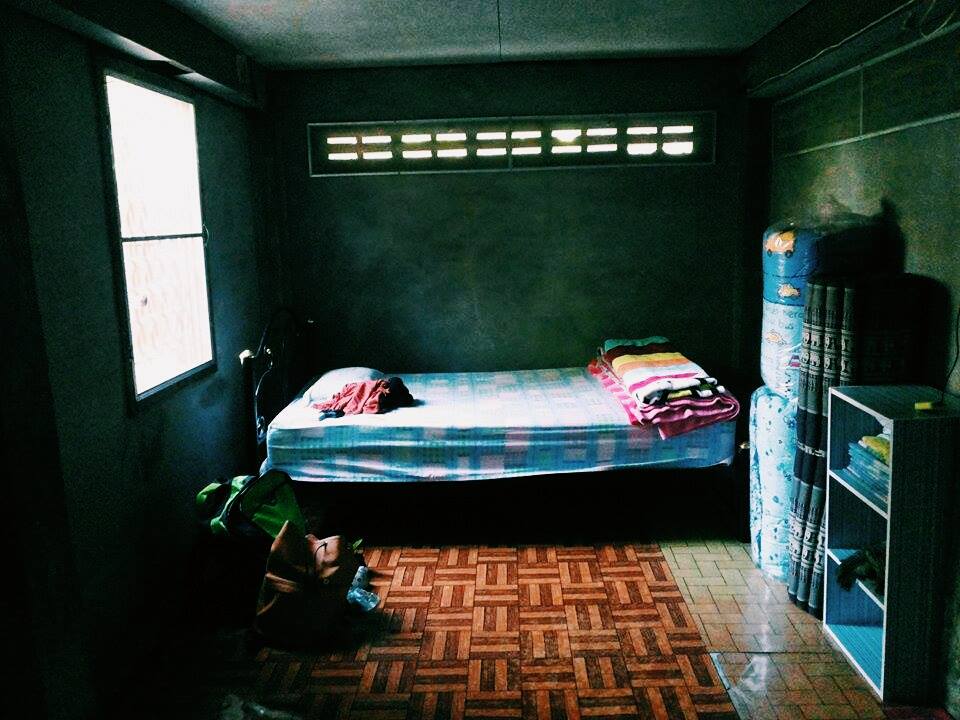
First, butcher the chicken that was brought from the market.
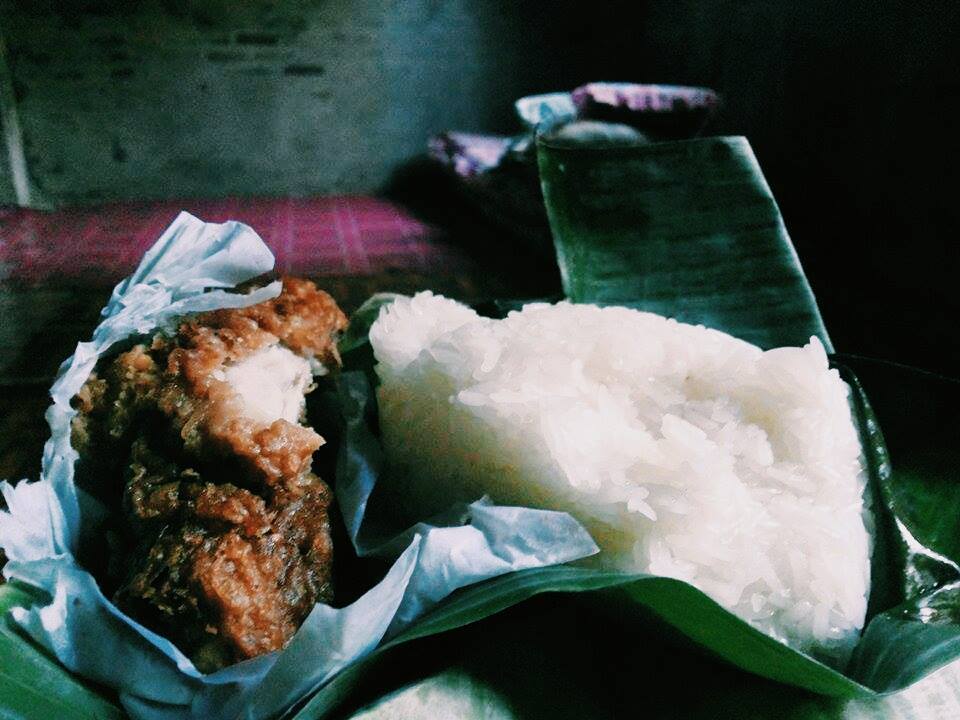
The grandmother gave me a tour of the house, which was typical of rural homes and had a warm atmosphere.

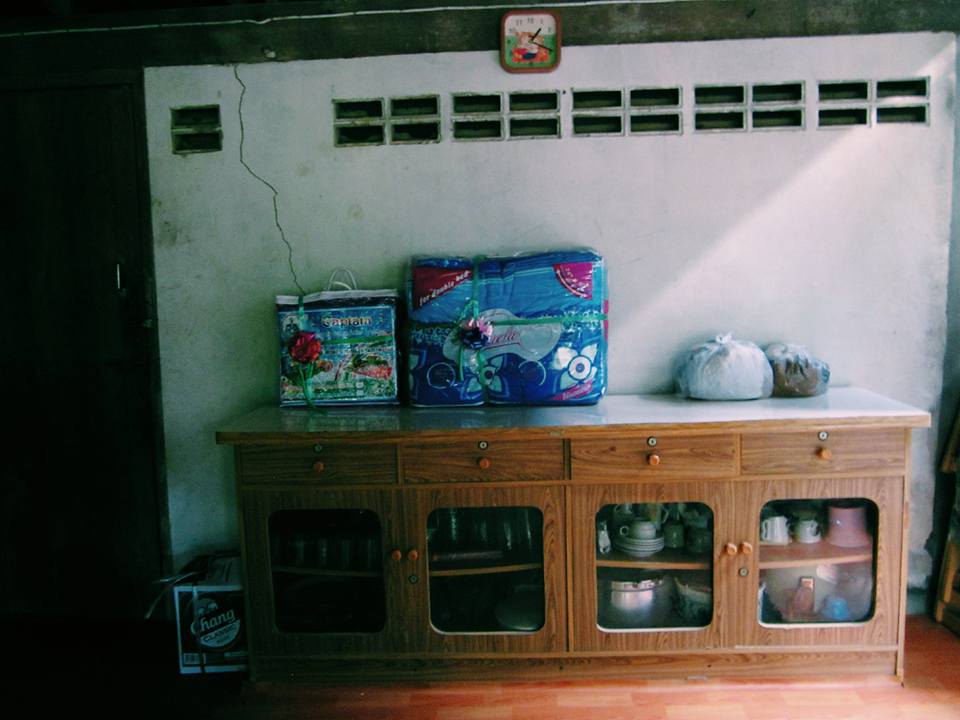
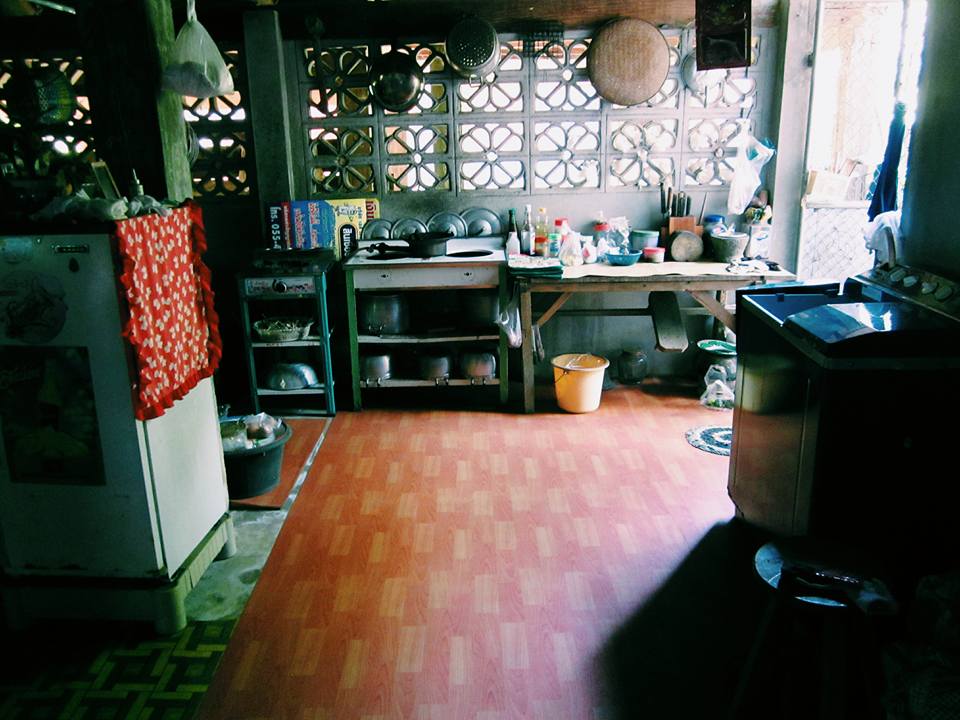
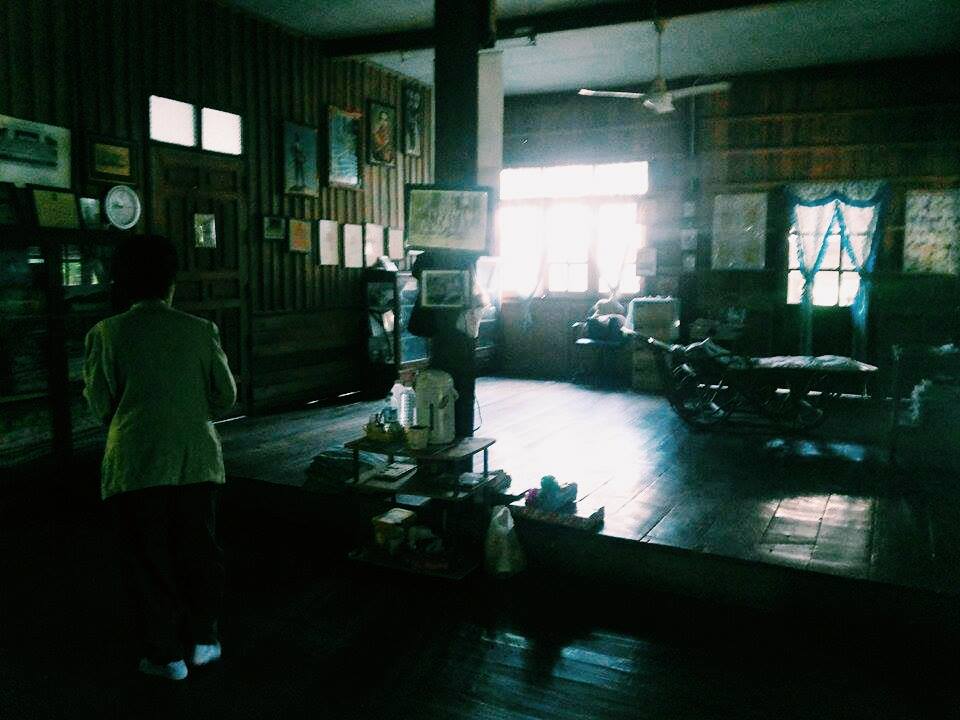
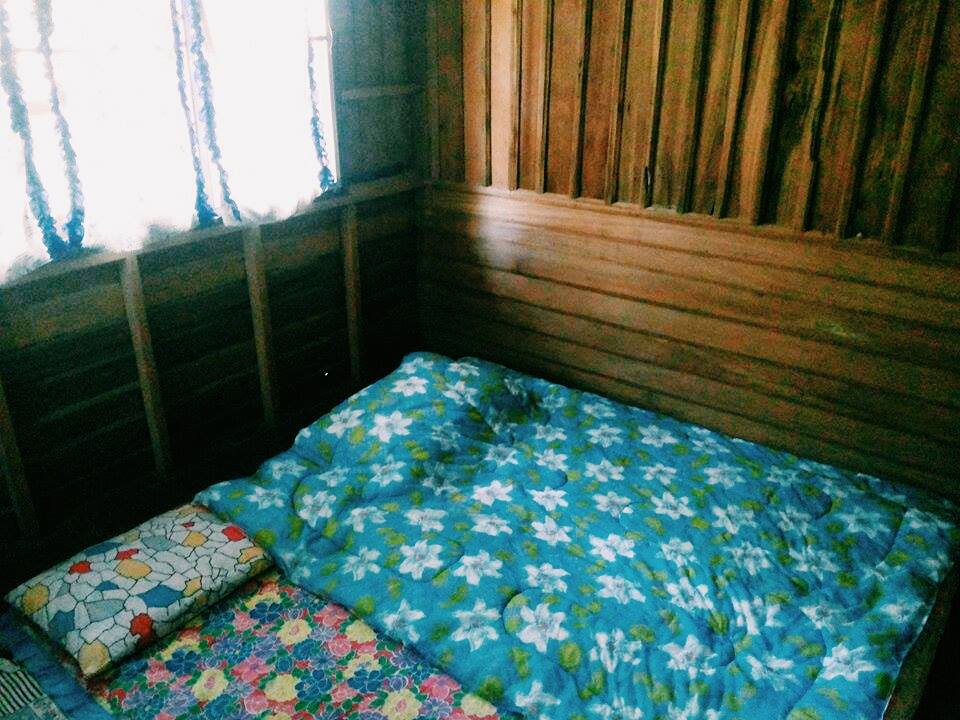
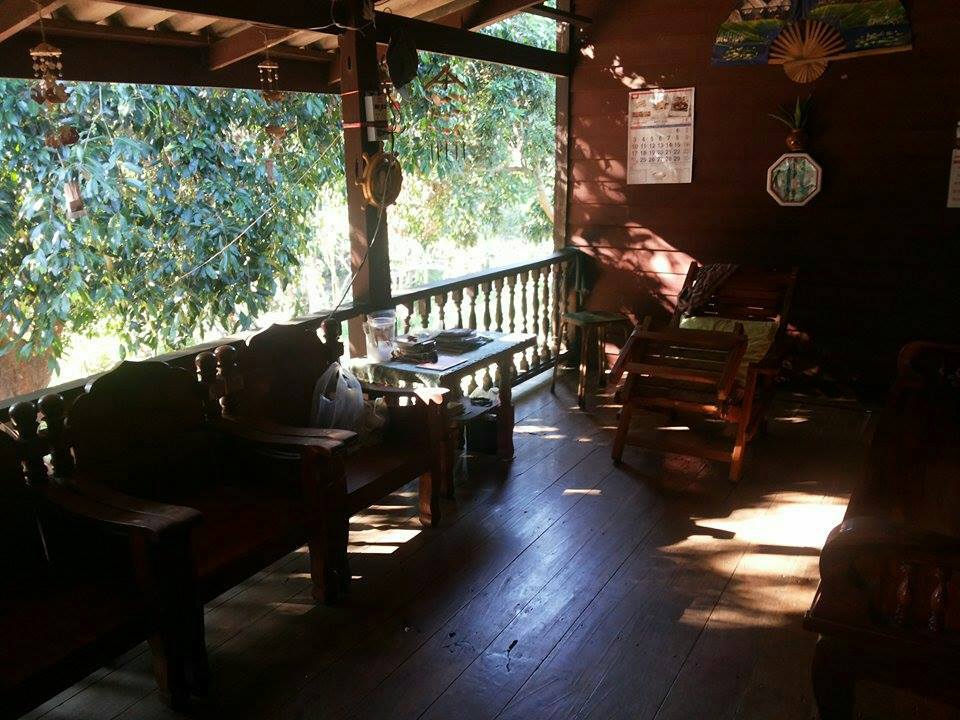
Initially, I was confused and didn't know what it was. Ah, I see... it's a petanque court used for playing in the early evening.
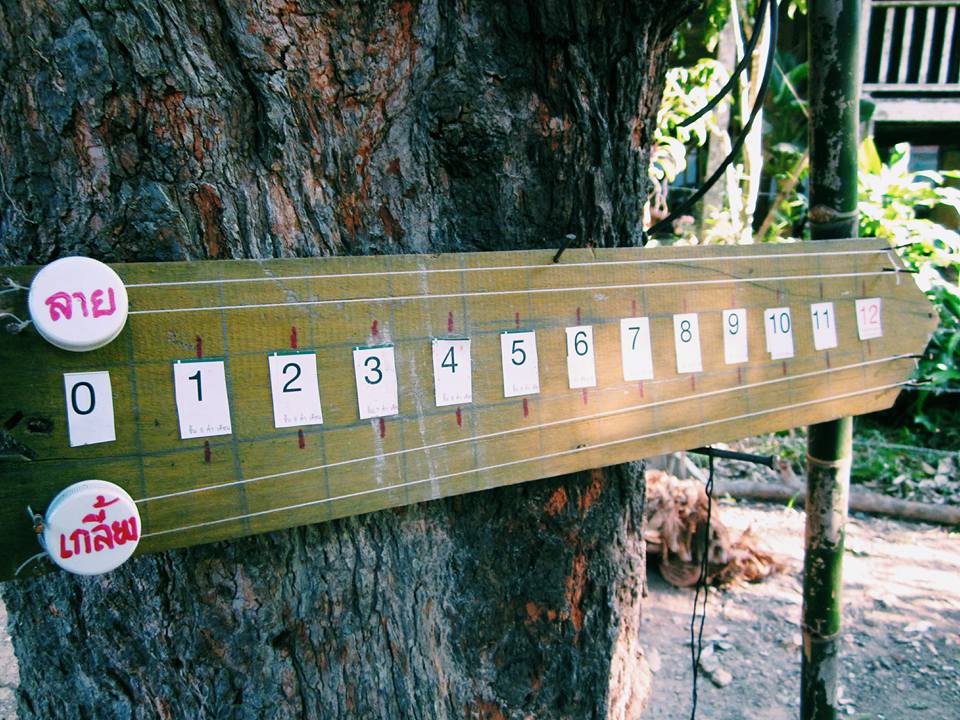
Beforehand, the coordinator here told me that there might not be any activities, except for following the homeowner to do things like going to the temple. The grandmother said that there is nothing here, and she is afraid that it will not be fun. Recently, there are only gift exchange activities and activities for the elderly. I told my grandmother that it's okay. I intend to ride a bicycle around here. My grandmother gave me some advice, especially about visiting temples. So we rested first, and then went out for a bike ride. There are a lot of dogs here, so if you are afraid, you have to be strong. Otherwise, you will be bitten on the leg while riding.

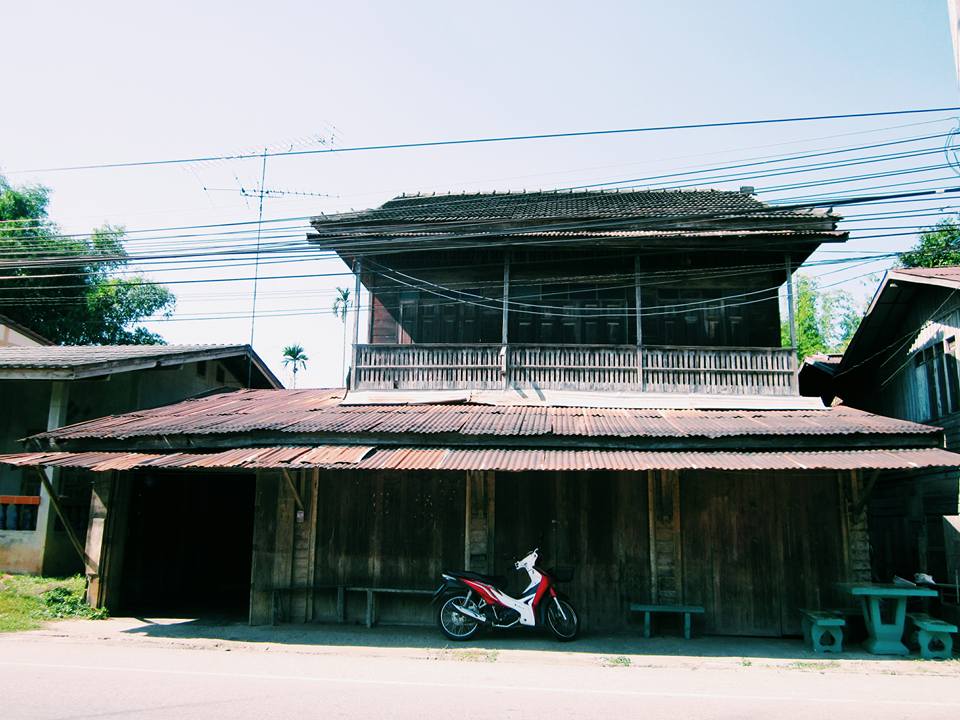
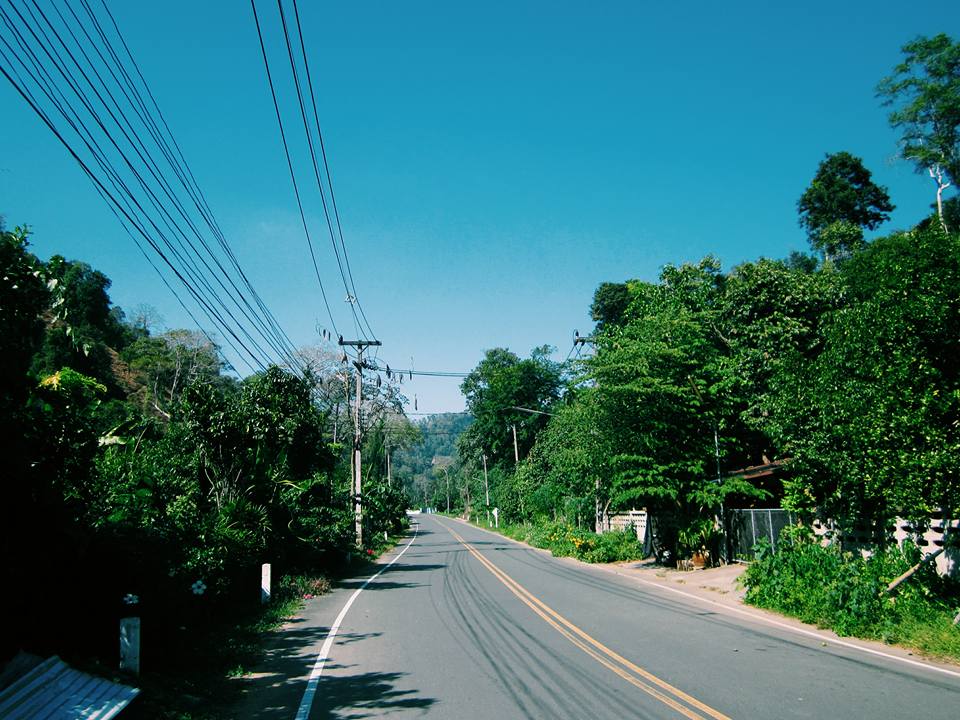

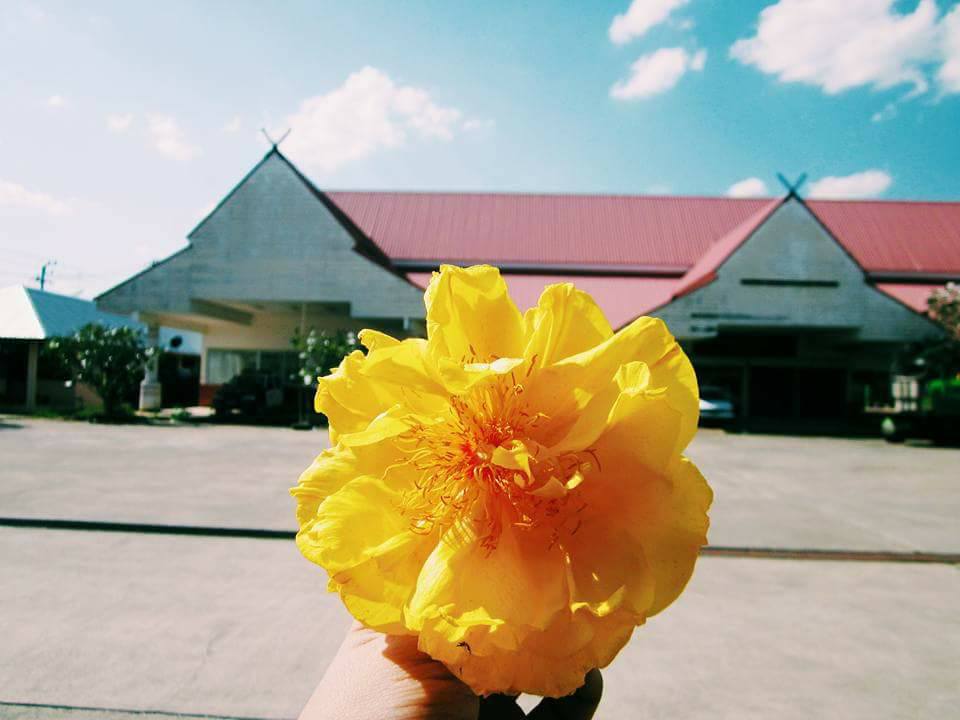
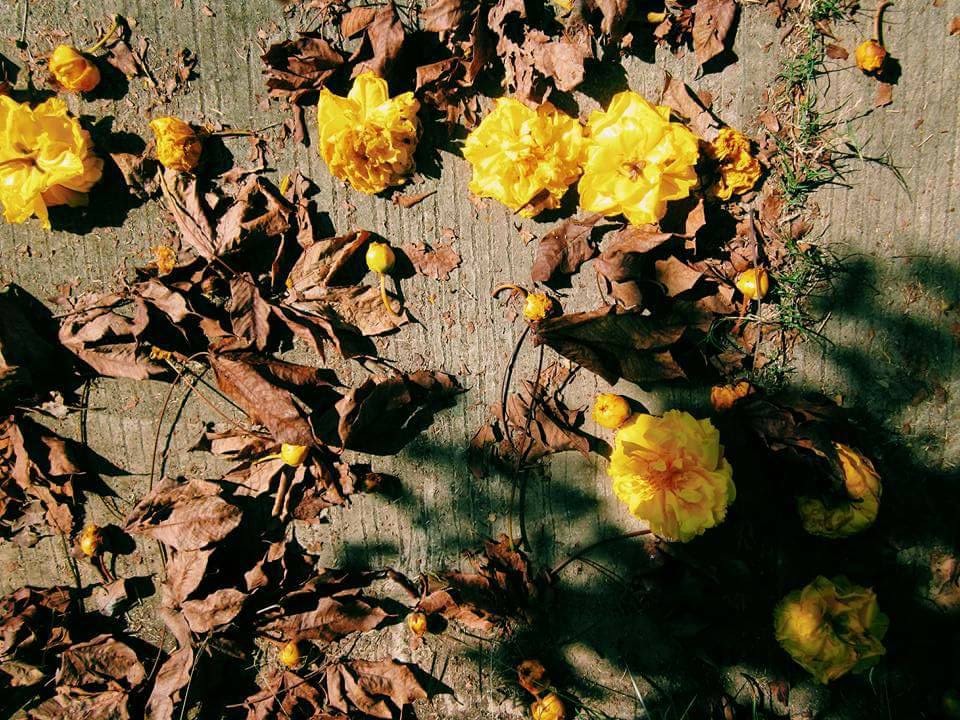
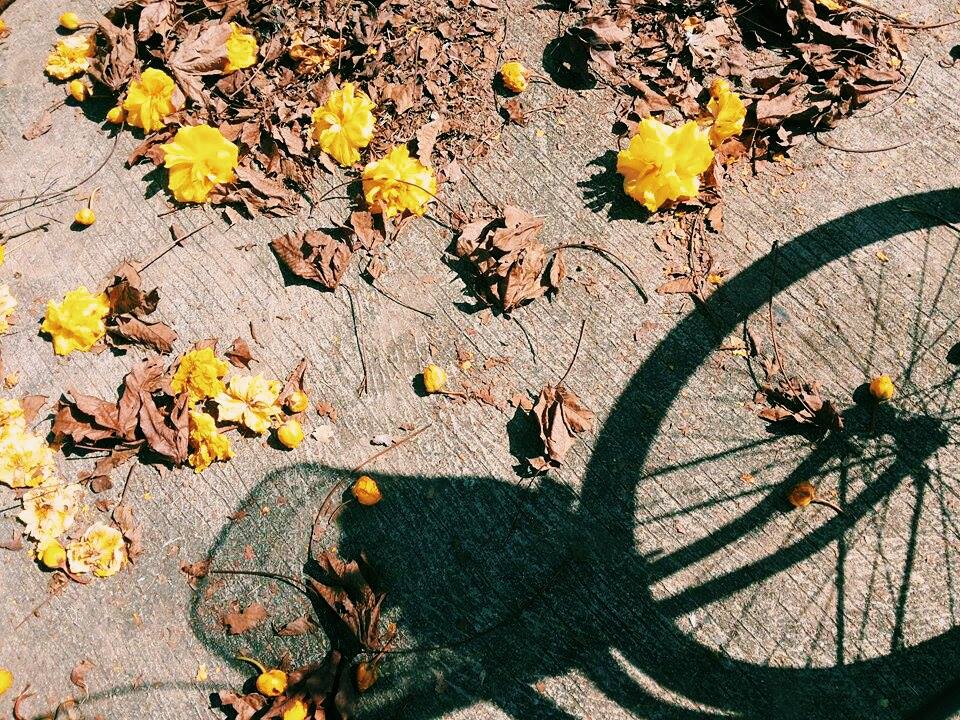
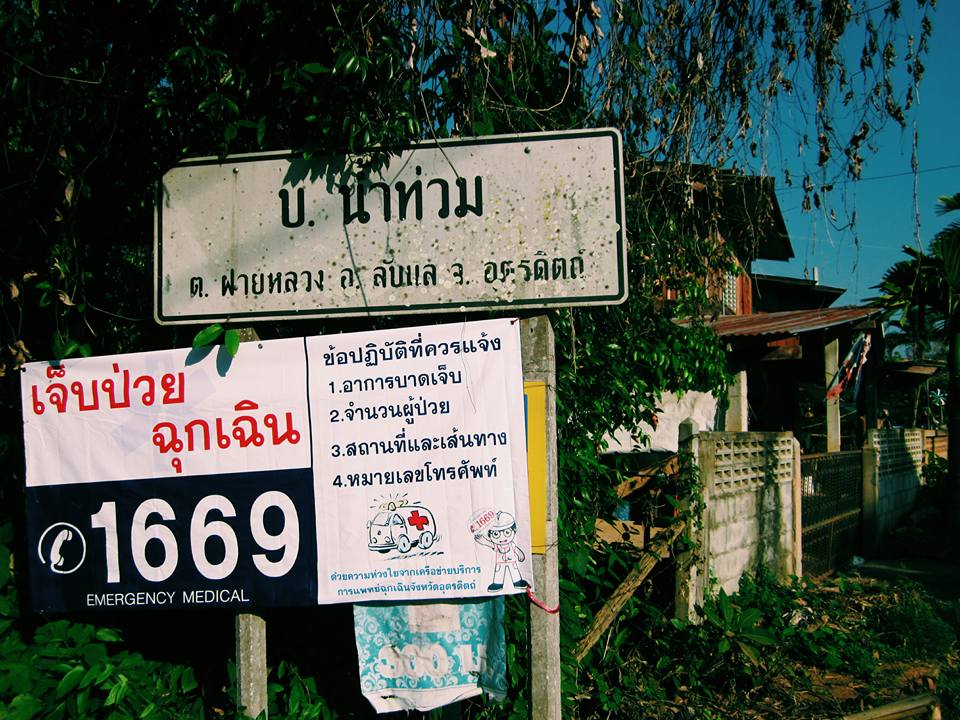
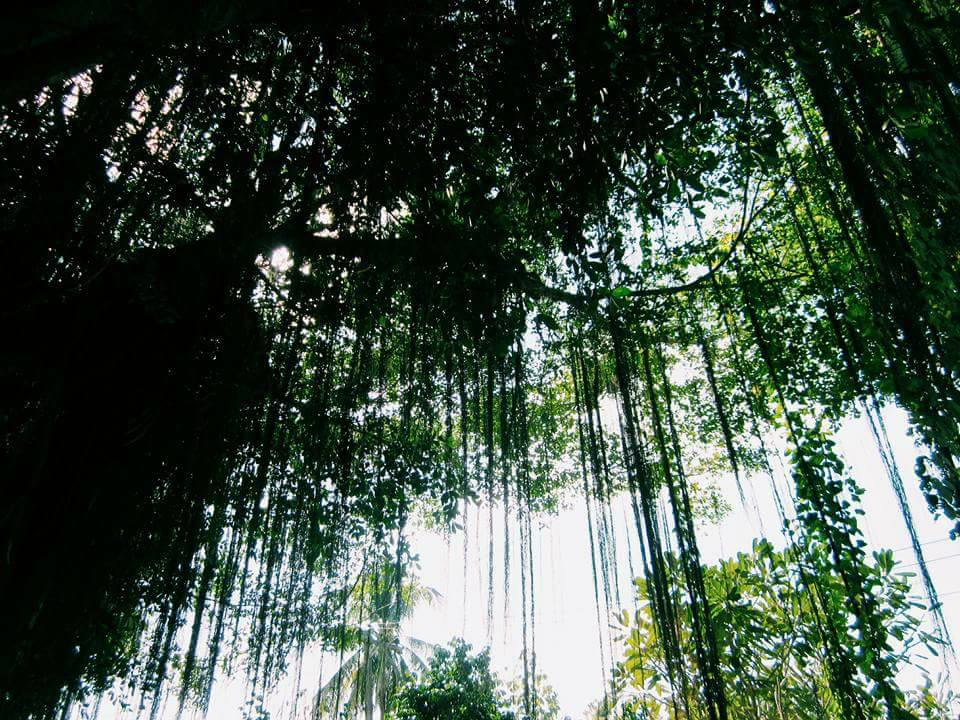
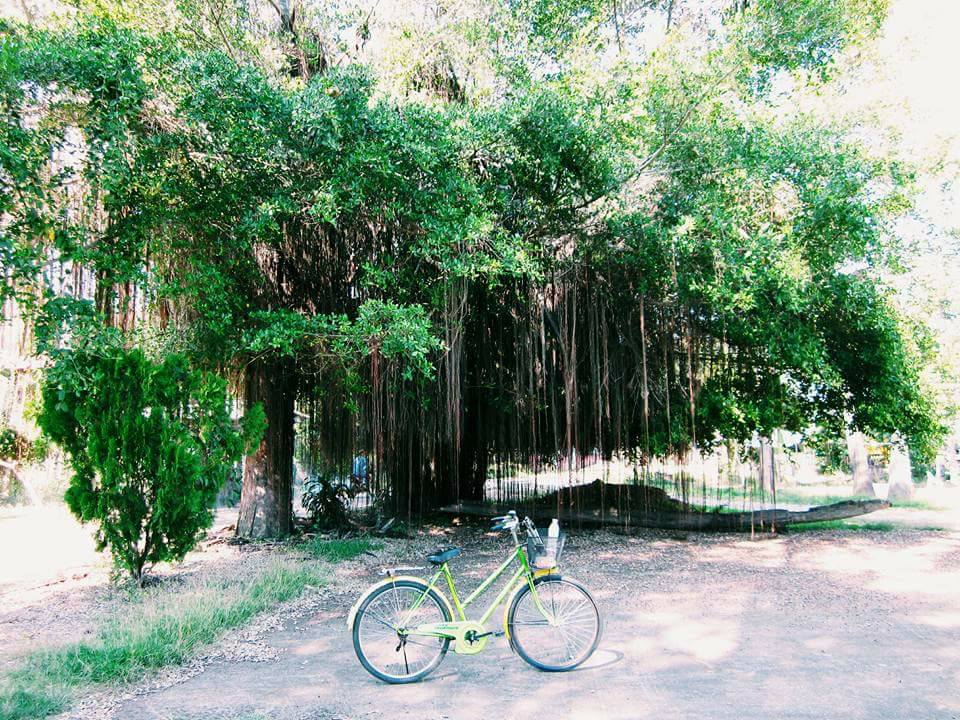
Wat Don Kam, the first temple we saw after cycling out of the homestay. The temple's hanging decorations were beautiful, so we stopped to take some photos. However, we didn't go inside as the temple was very quiet.
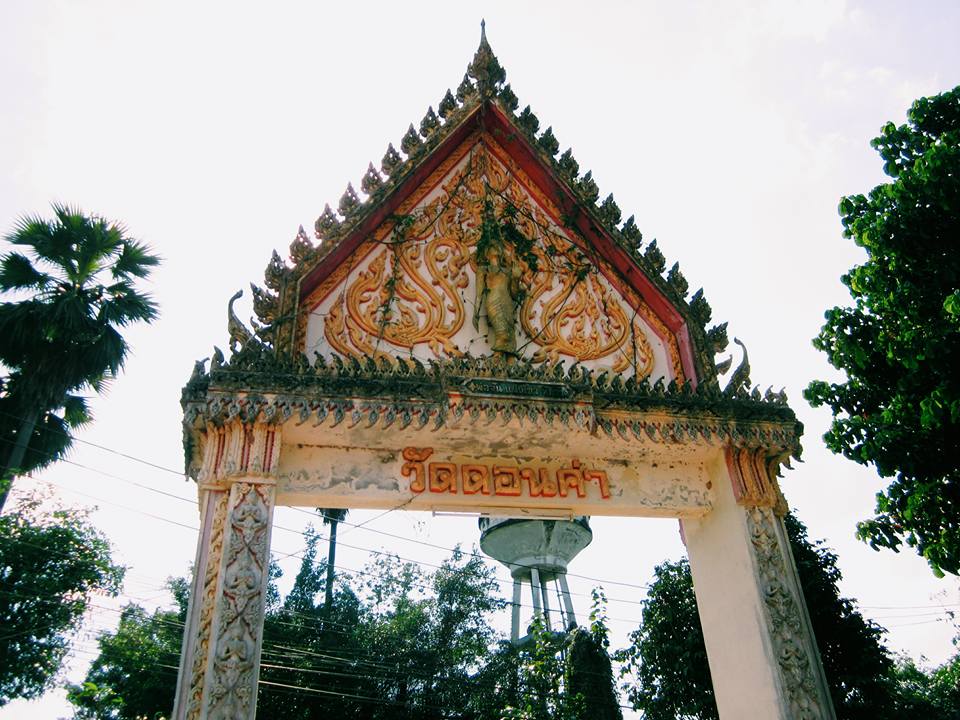
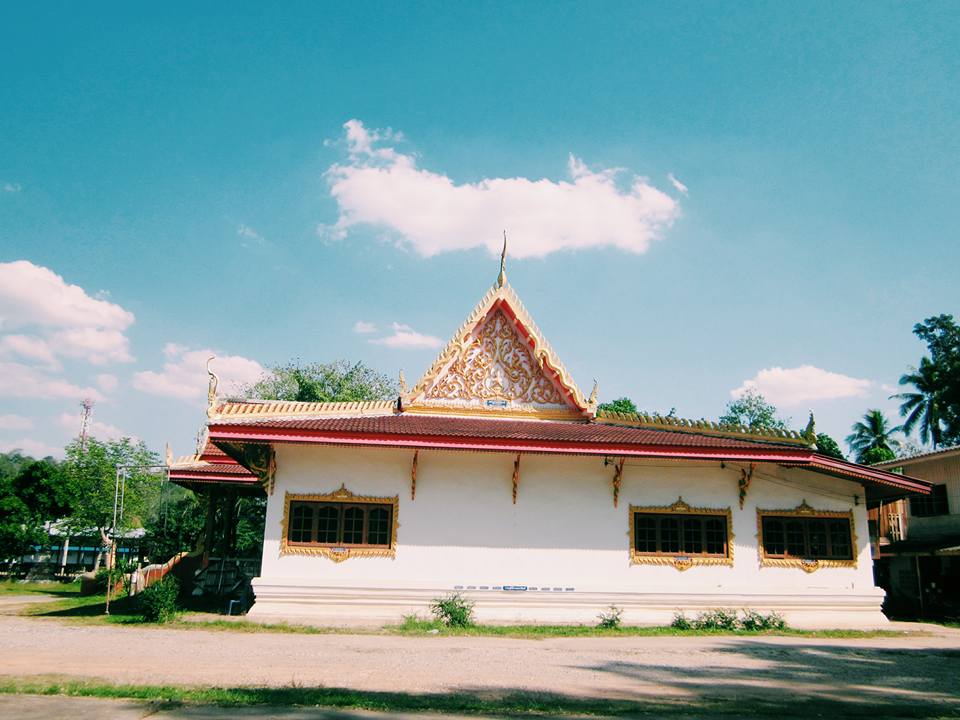
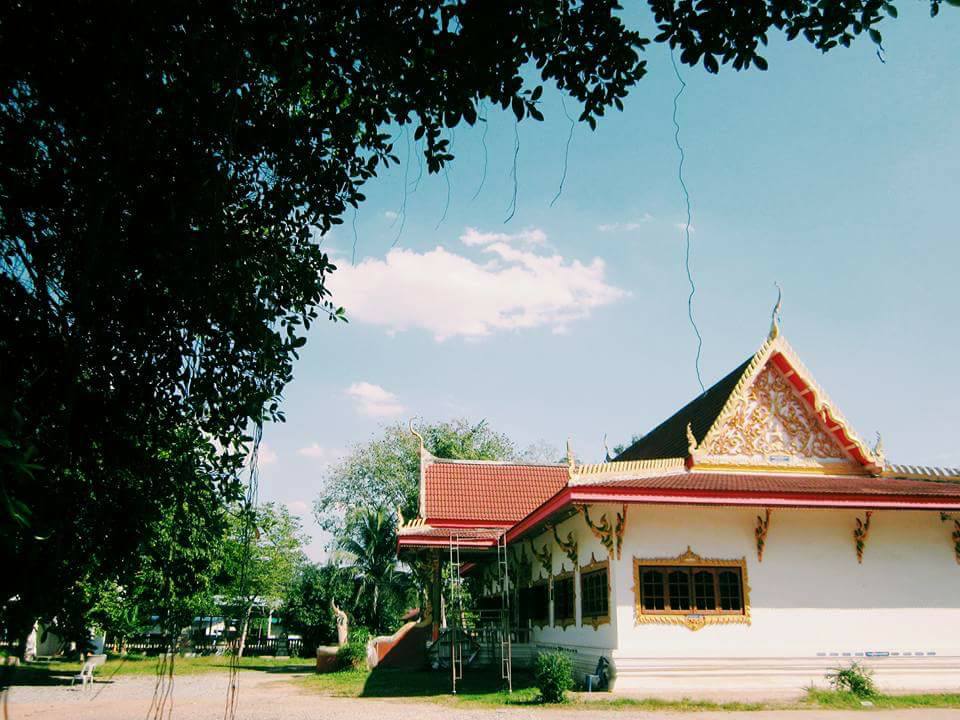
A Haven of Tranquility: Exploring the Temples of Laplae
Nestled amidst the serene landscapes of Thailand, Laplae, despite its modest size, boasts an impressive collection of over 40 temples. Scattered throughout the district, these sacred spaces offer a sanctuary of peace and tranquility, inviting visitors to embark on a spiritual journey.
Every 200 meters, one encounters a temple, each with its unique charm and history. This abundance provides ample opportunities for devotees to immerse themselves in religious practices and seek solace.
For those seeking a respite from the bustling city life, Laplae's temples offer a welcome escape. Unlike their urban counterparts, these rural sanctuaries prioritize spiritual well-being over commercial interests. The serene atmosphere fosters introspection and allows visitors to connect with their inner selves.
Whether embarking on a pilgrimage to visit all nine temples or simply seeking a moment of quiet reflection, Laplae's rich tapestry of sacred spaces promises an enriching experience.

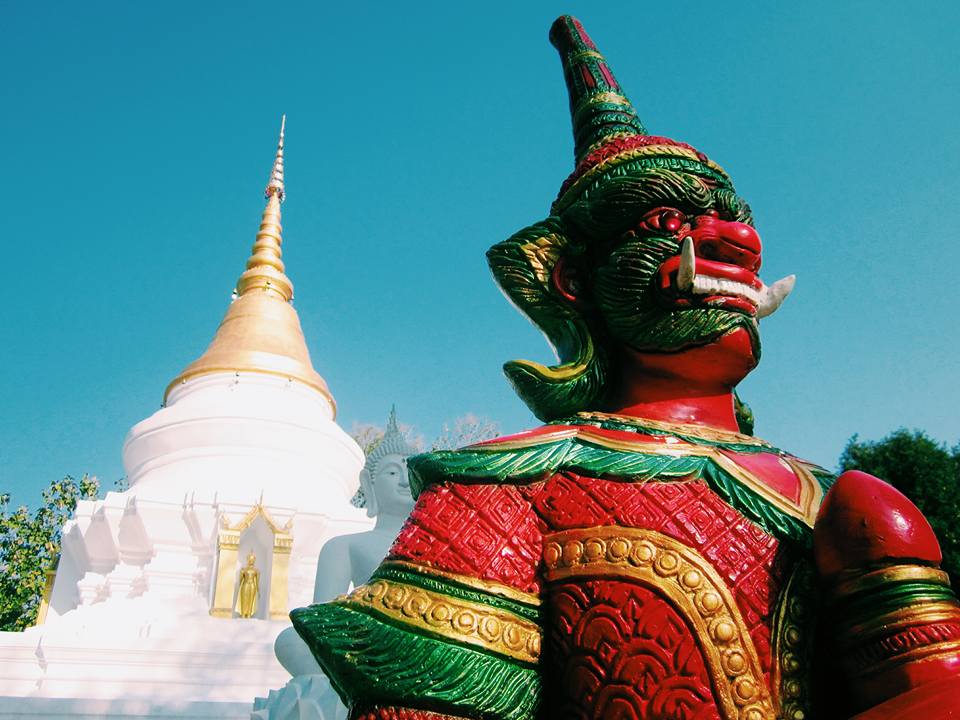
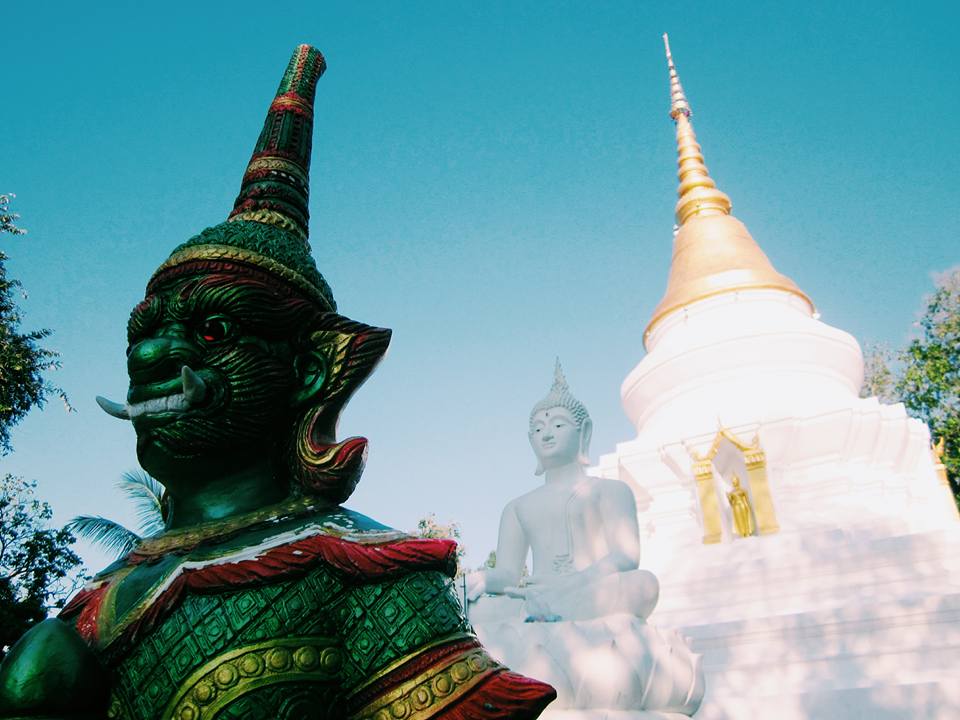
I haven't seen any monks after walking around. It's very quiet, which makes each temple hesitant to explore too much. It's quite scary, it's too quiet. But this is what they call a temple, where we should calm our minds. As for Wat Don Sak, my grandmother recommended that I must visit it. It's an old, ancient temple, famous for its carved teak wood. It's also quiet, very quiet, so quiet that it's scary. That's how temples in the provinces are, if there are no festivals or religious ceremonies.
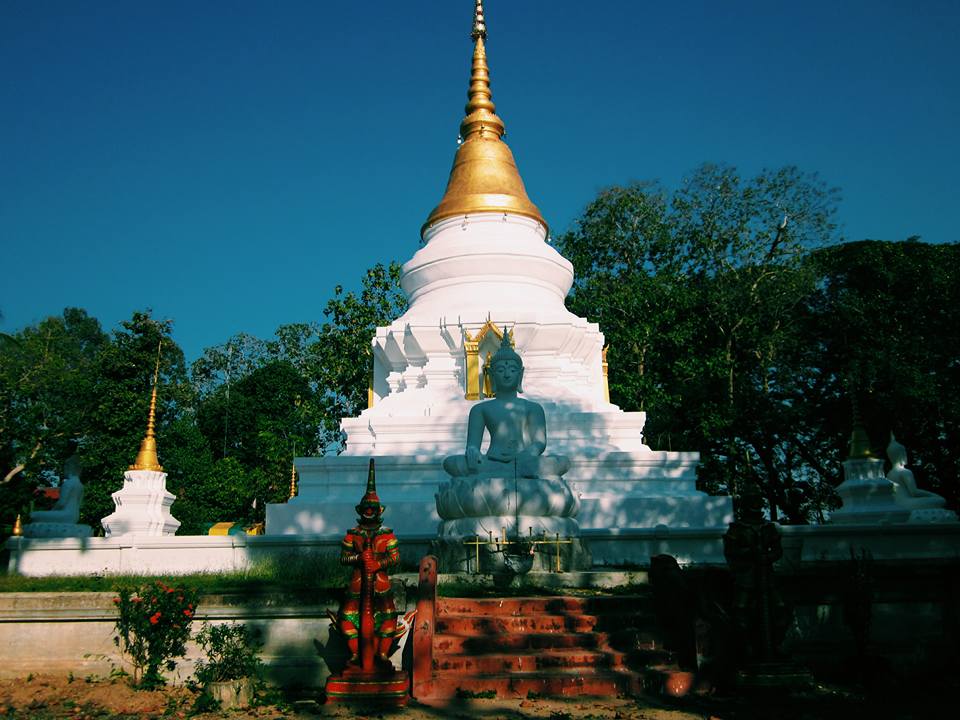
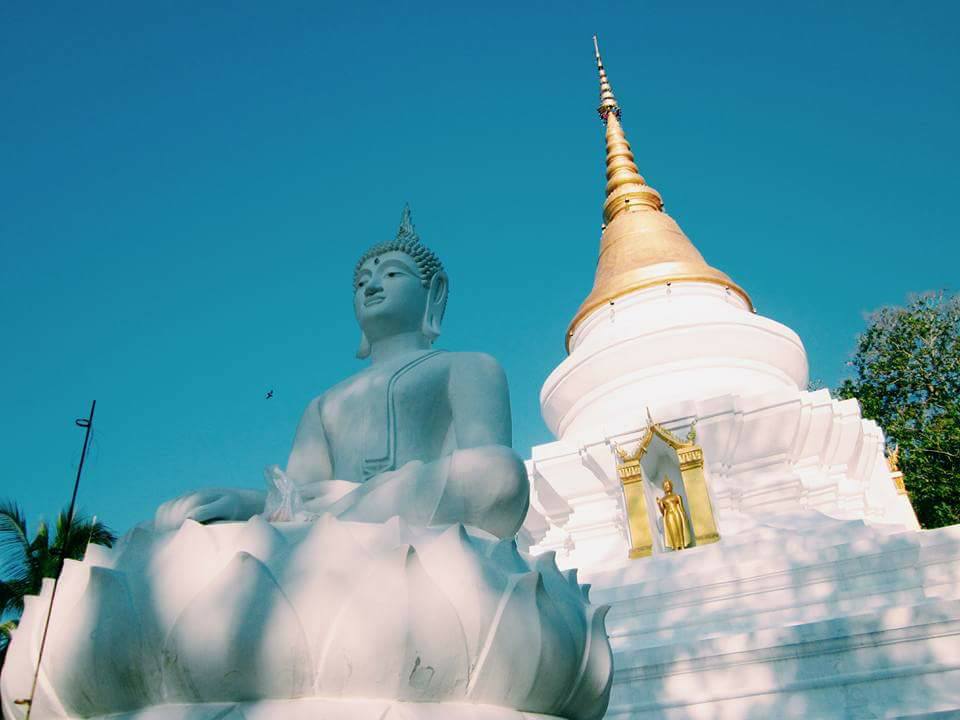
To learn about the history, you might need to consult Google, as I don't have accurate information about the temple. The temple was quiet as usual, with no one around. It was difficult to find the way, as I had to navigate through narrow alleys. I asked for directions along the way, and the locals were all familiar with the temple, even though there are many temples in the area.

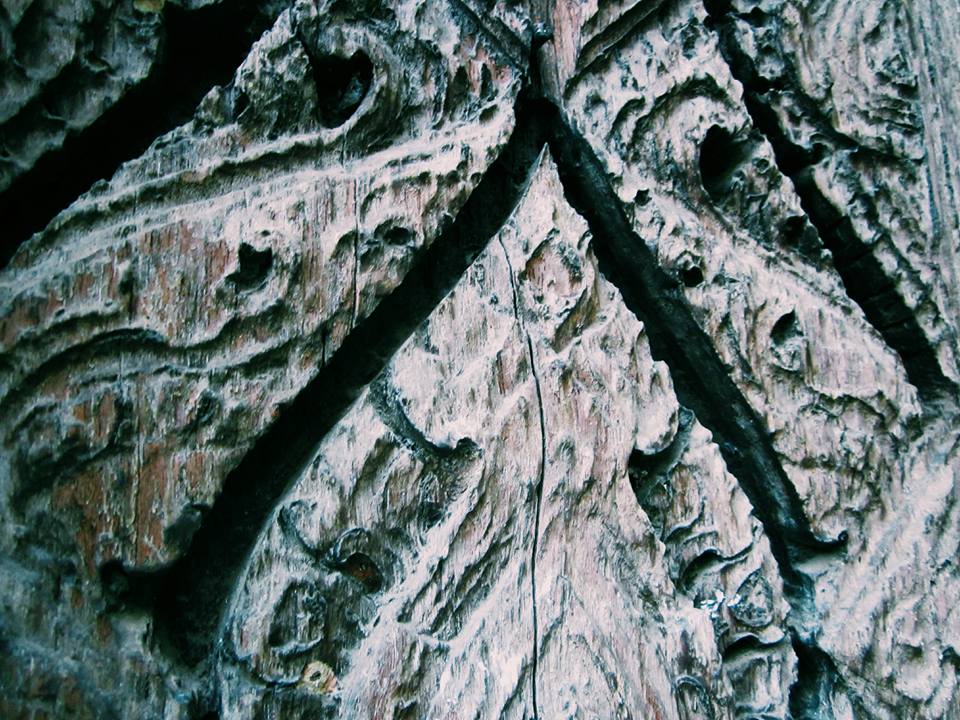
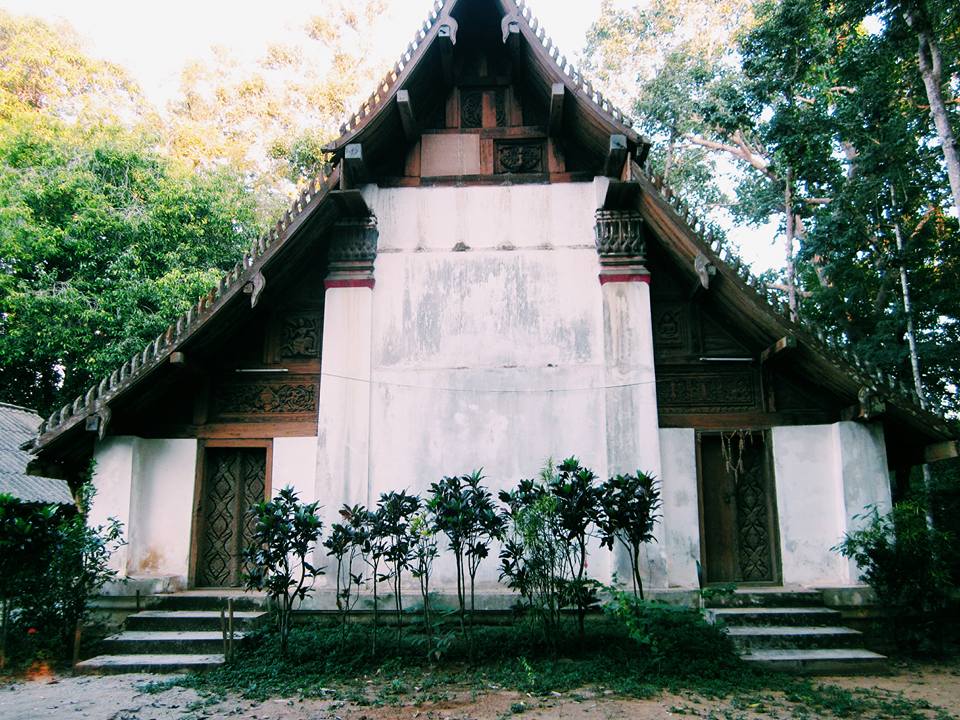
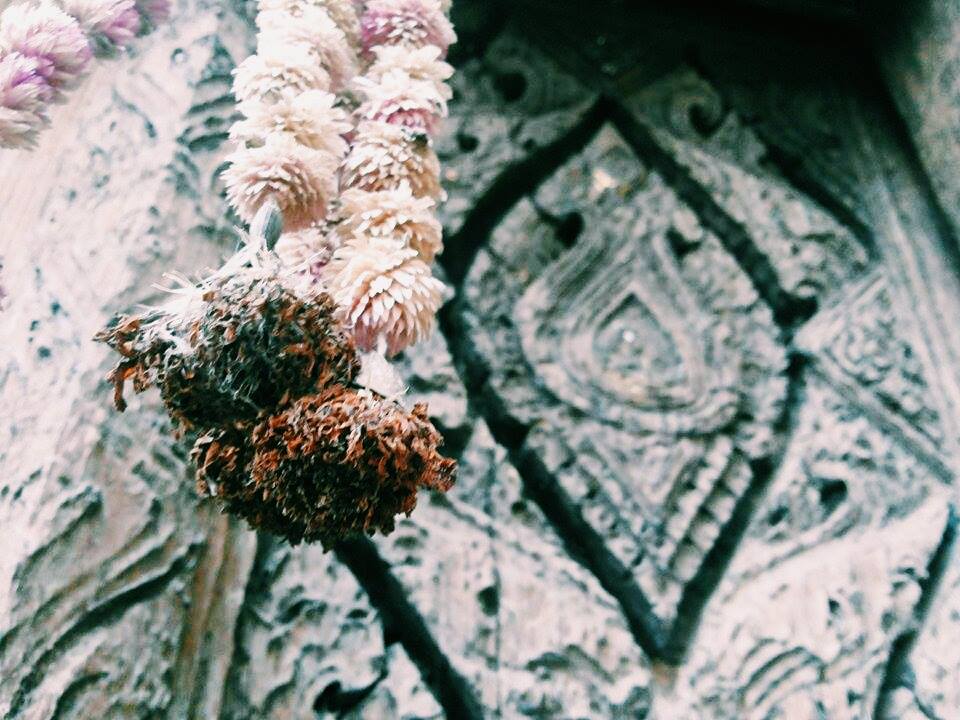
The bumpy ride caused the car's license plate to fall off. The road conditions were not ideal, and I was worried about getting lost if I ventured into the side streets. So, I stuck to the main road, which resulted in sore calves. I cycled past some fields, but it wasn't the rice-planting season; instead, it was garlic-planting season. I imagined how beautiful it would be during the rice-planting season. The fields are located right next to the main road.
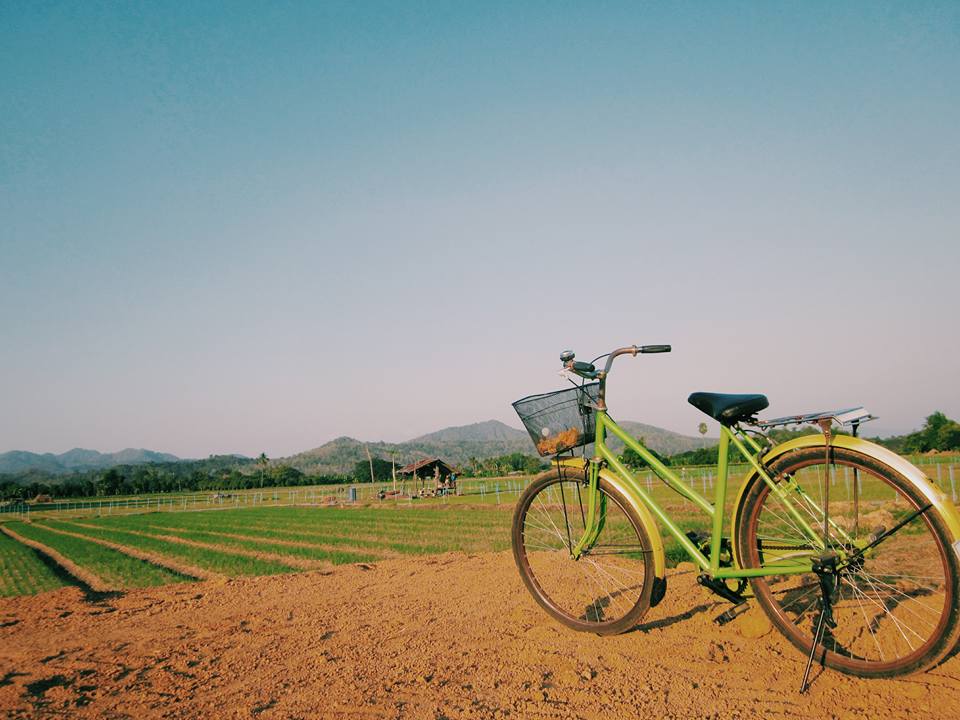

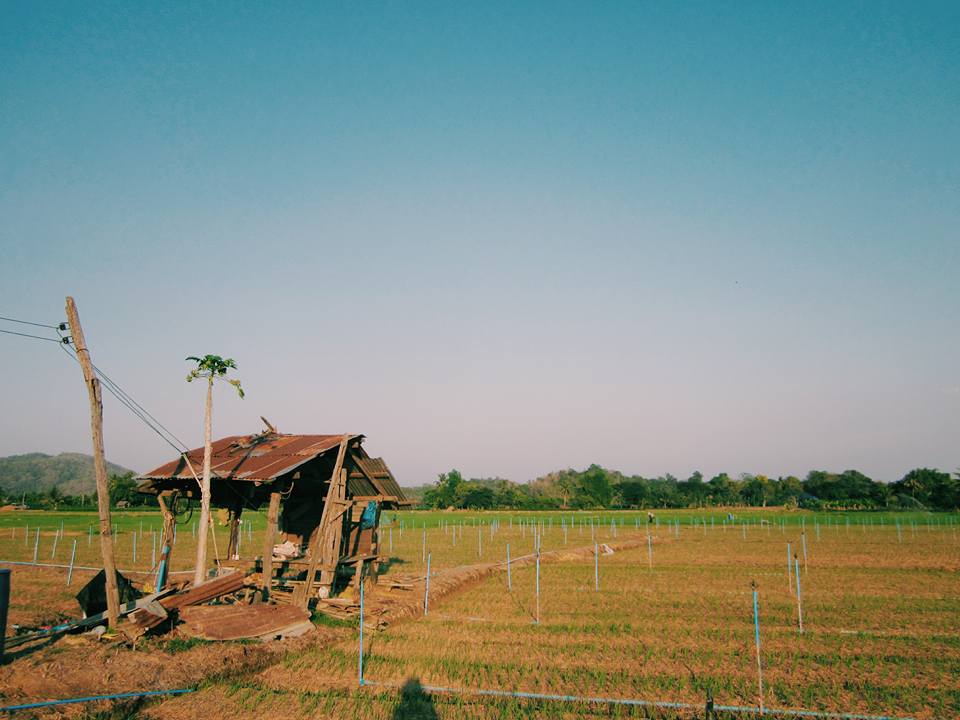
The sun is strong, but it's the cold season, so it's not too hot. The wind is blowing cool.

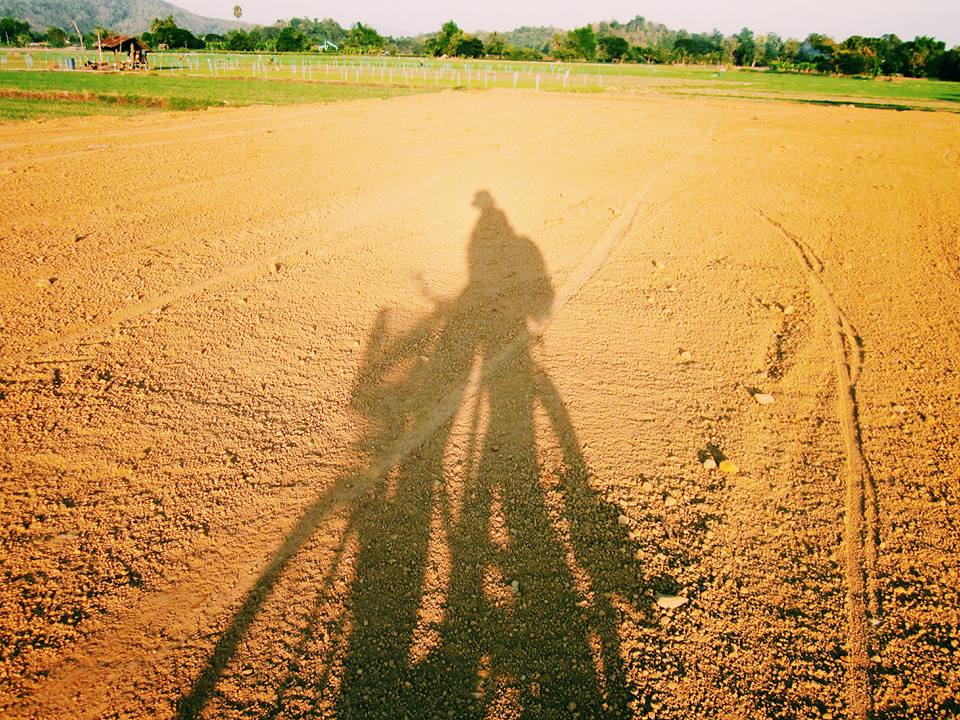
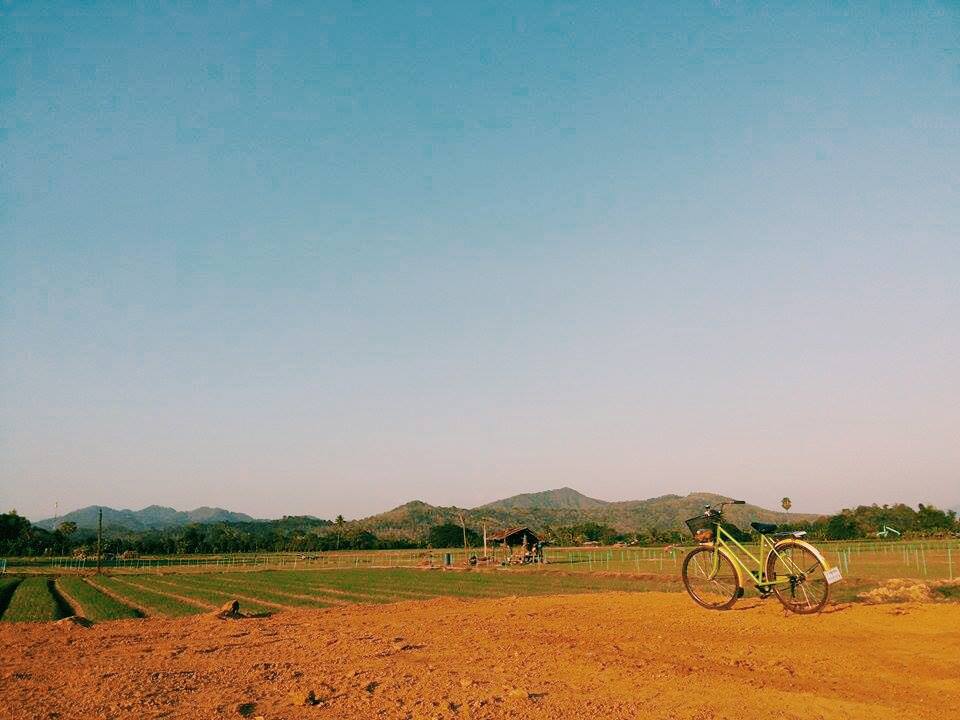
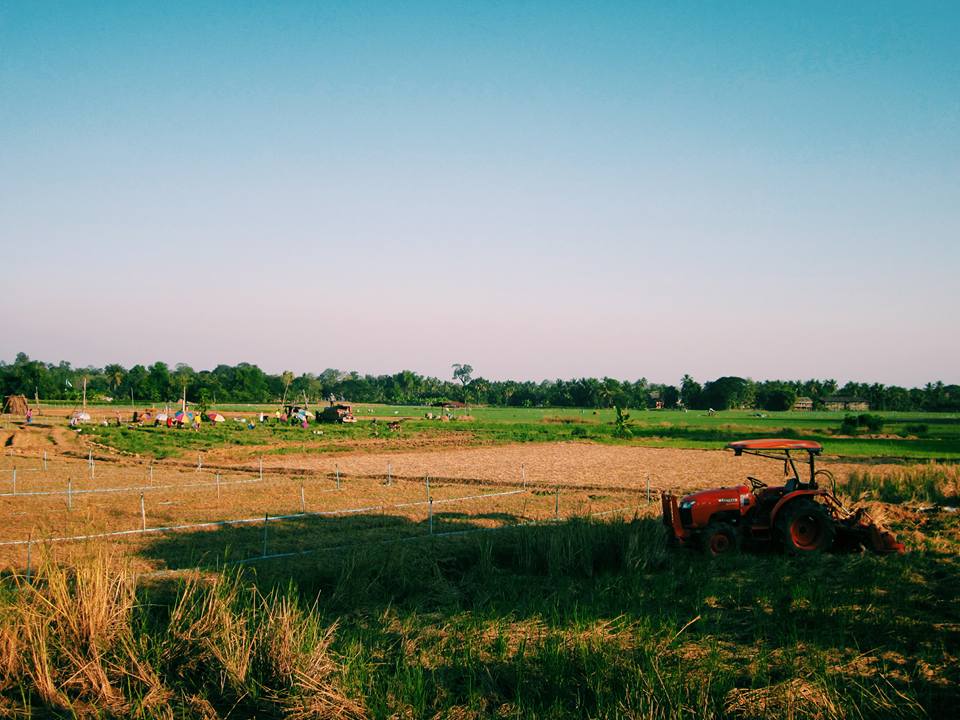
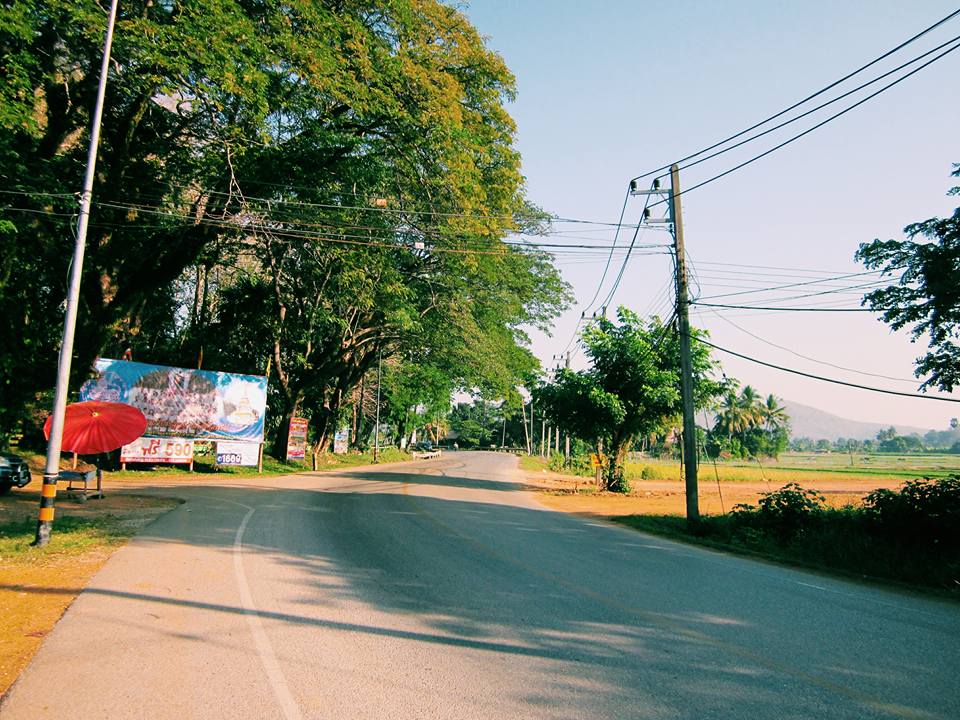
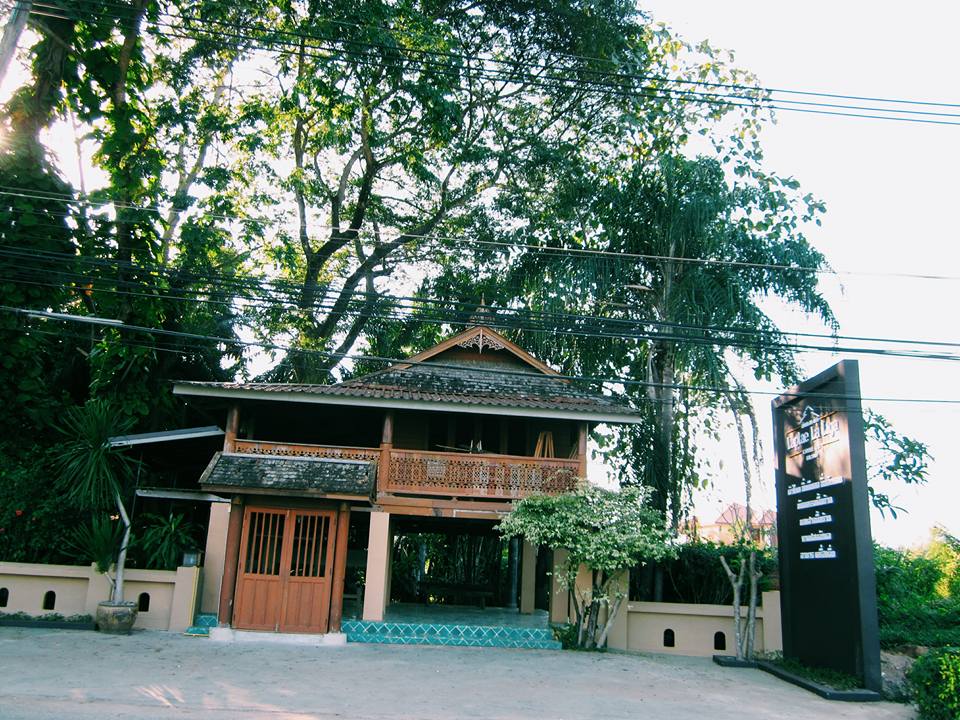
We cycled past this place many times, as Mon Chom Si is located right next to the main road to Mae Pool. So we decided to stop by, but it was already close to dusk. Since we didn't have any information, we just walked straight in. It seemed like it had been converted into a park, a place for locals to relax. But when we went up, there was no one around. There were only dry branches that hadn't been swept for a long time. At the top, there was a giant head statue, ancient art that was quite scary. There was also a Buddha statue to worship. At first, we were halfway up and about to turn back because we saw the giant statue lifting the body of a naga. We started to feel uneasy, knowing that it wasn't ordinary. We decided to hurry up and go down the 150 steps, half running and half walking. It felt like someone was watching us, probably because of the old and eerie atmosphere.
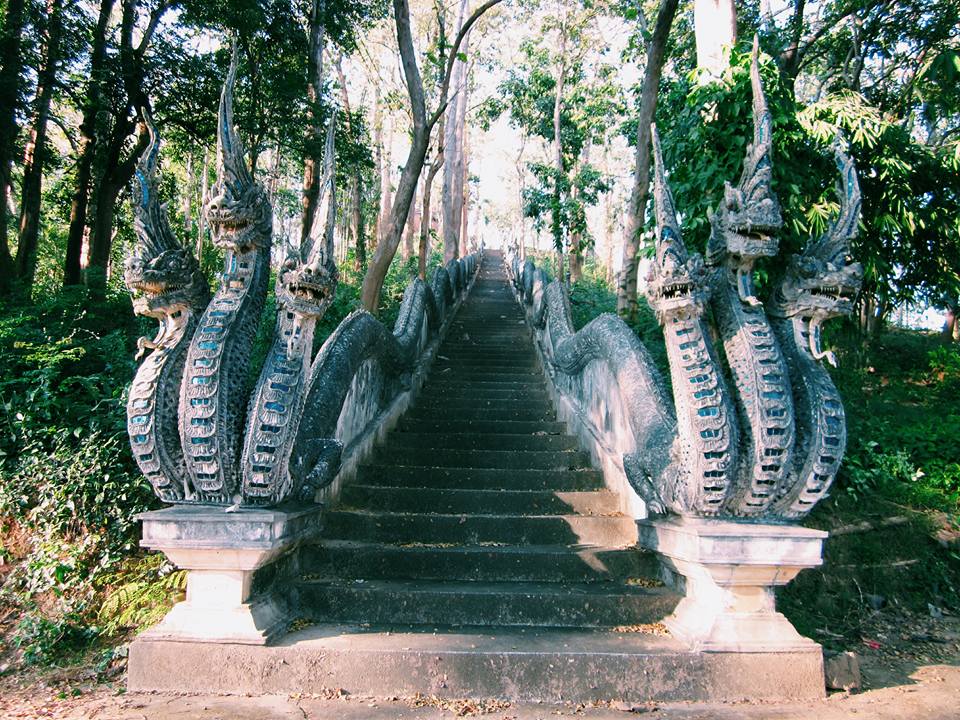
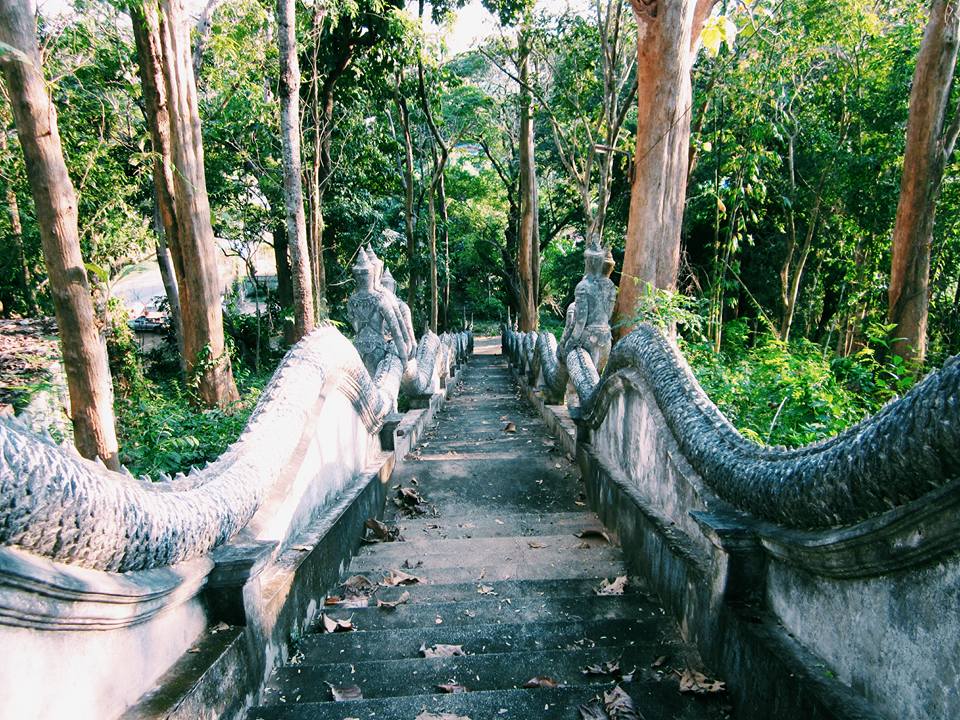
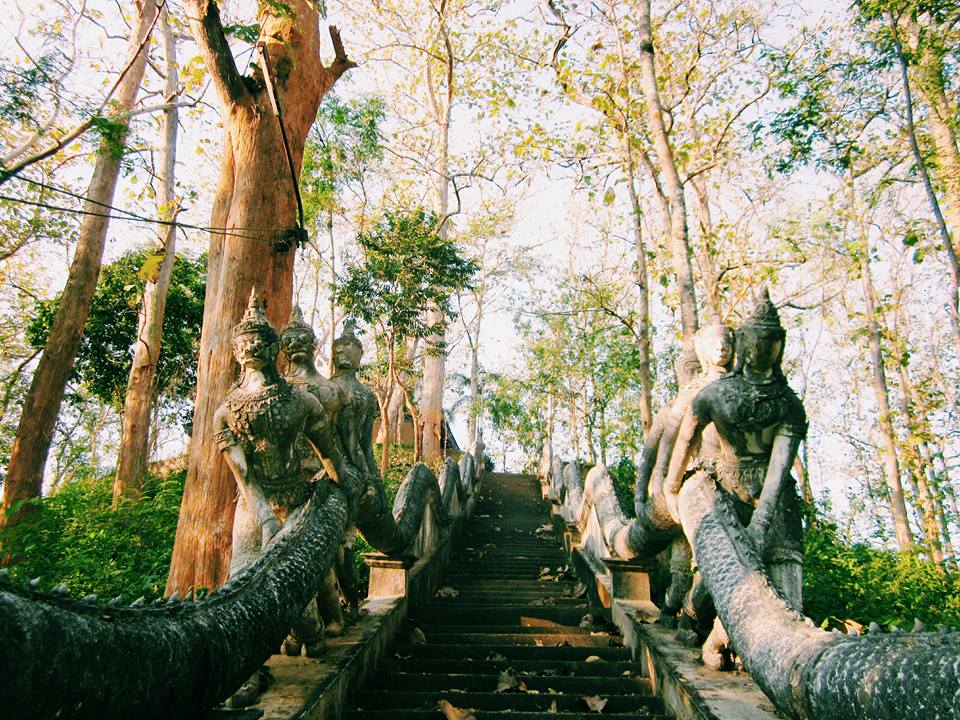
Goosebumps all over, tears welling up, feeling inexplicably afraid.
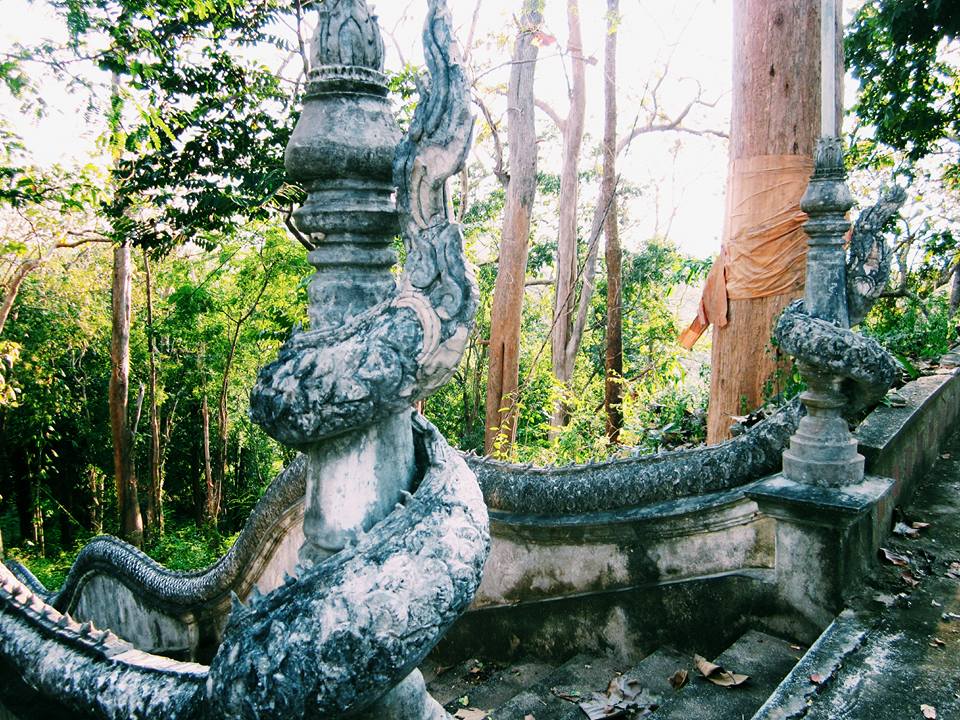
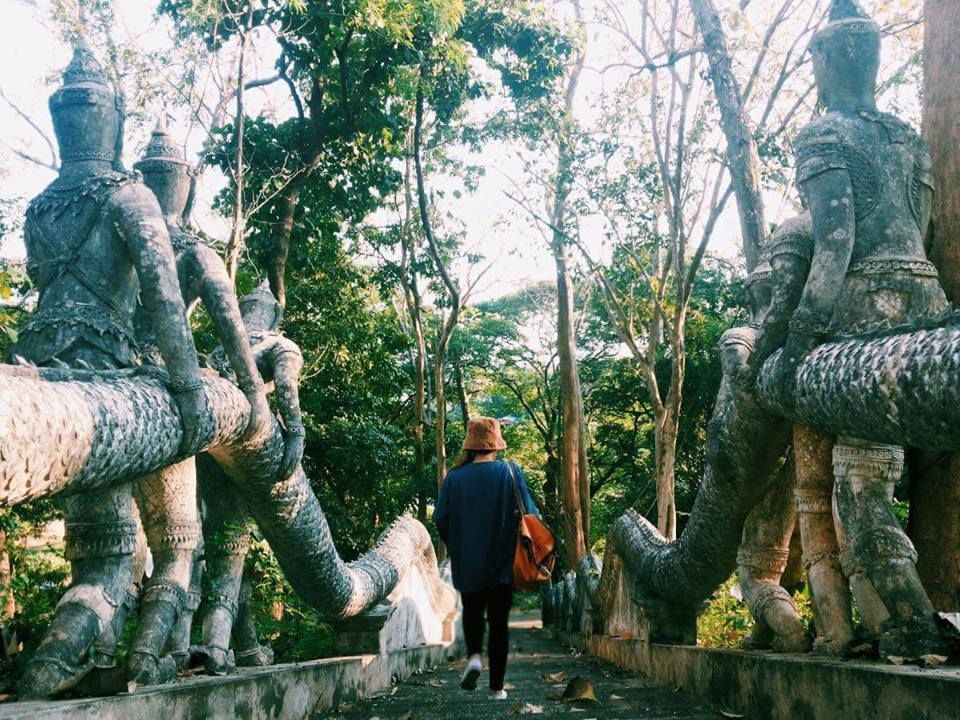
The path leading down to the cave continues further, but as we ventured deeper, the surroundings grew increasingly desolate, prompting us to turn back. The eerie atmosphere was unsettling. With proper renovations, this place could attract many visitors due to its mystical aura. As is common in rural temples, we often find ourselves exploring these sacred spaces alone, encountering no one even after venturing deep within. The silence is profound, and as night falls, the solitude can become unsettling, especially considering the eerie quiet that descends upon the area after sunset.


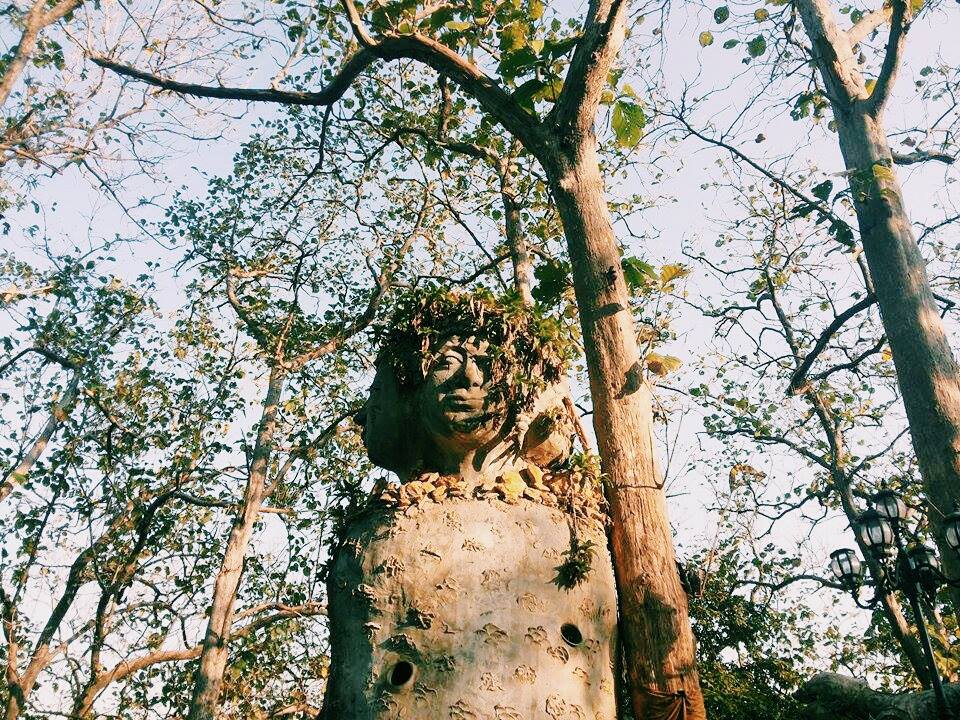
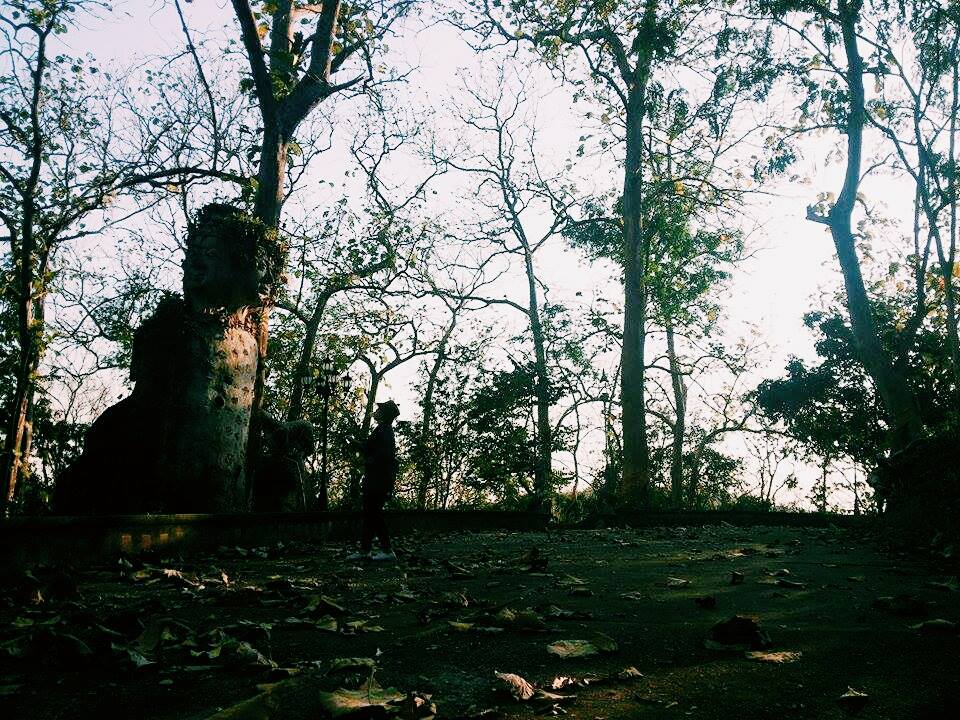

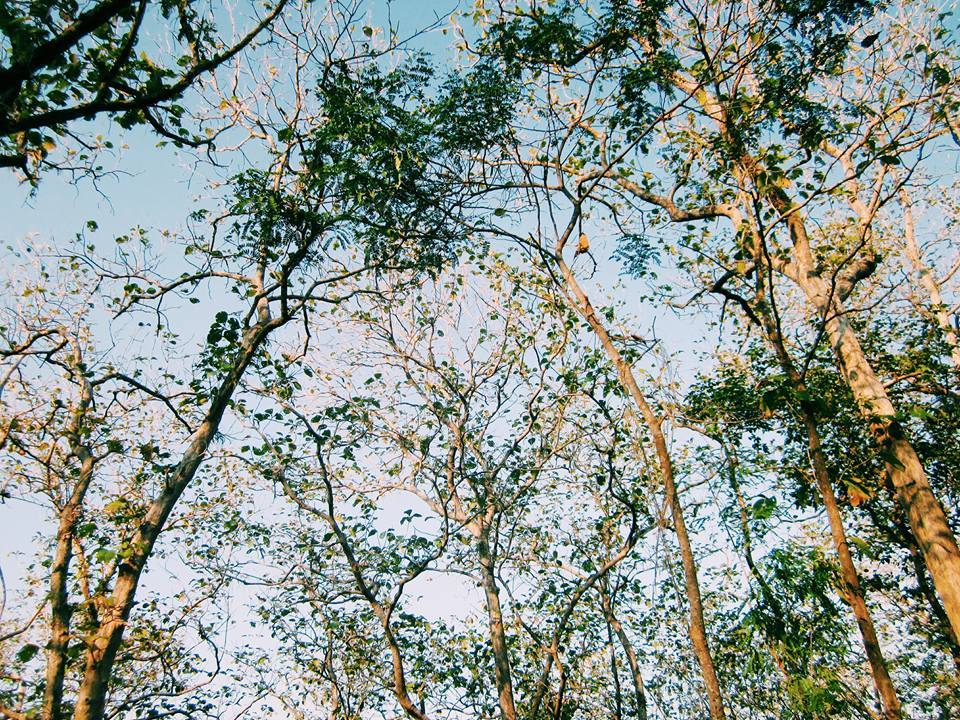

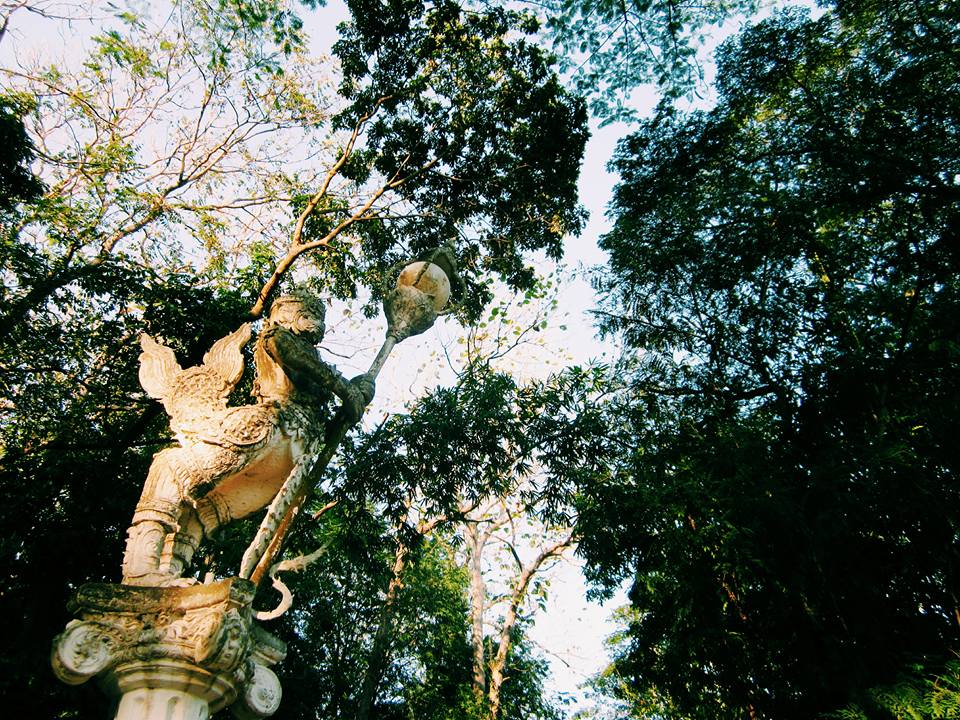
Let's delve into the essence of the matter. Why the apprehension? A glance at the history reveals the extraordinary nature of this place. The history of Mon Chom Sila, the first ruler of the hidden city of Lab Lae (1513 AD), who used it as a place for meditation and the observance of precepts. On October 24, 2444 BE (1887 AD), it served as the site for the royal pavilion to welcome King Rama V during his visit to Lab Lae. It was once the seat of the Lab Lae government in 2444 BE. In 2450 BE (1907 AD), King Rama VI visited Lab Lae and wrote the following: "I went to visit the hidden city of Lab Lae. After leaving my accommodation in Uttaradit, I proceeded to Mon Chom Sila. From the top of this mountain, one can see the surrounding land for miles. There are rice fields as far as the eye can see, and mountains in the distance, overlapping like a wall. It is truly a sight to behold. The Huai Fai in Lab Lae district was built by Phra Si Phanomayas and has been of great benefit to agriculture, as there is water available throughout the year. Lab Lae is abundant in rice fields, orchards, and various fruit trees... This is a selection of the essence from the stone inscription on Mon Chom Sila."
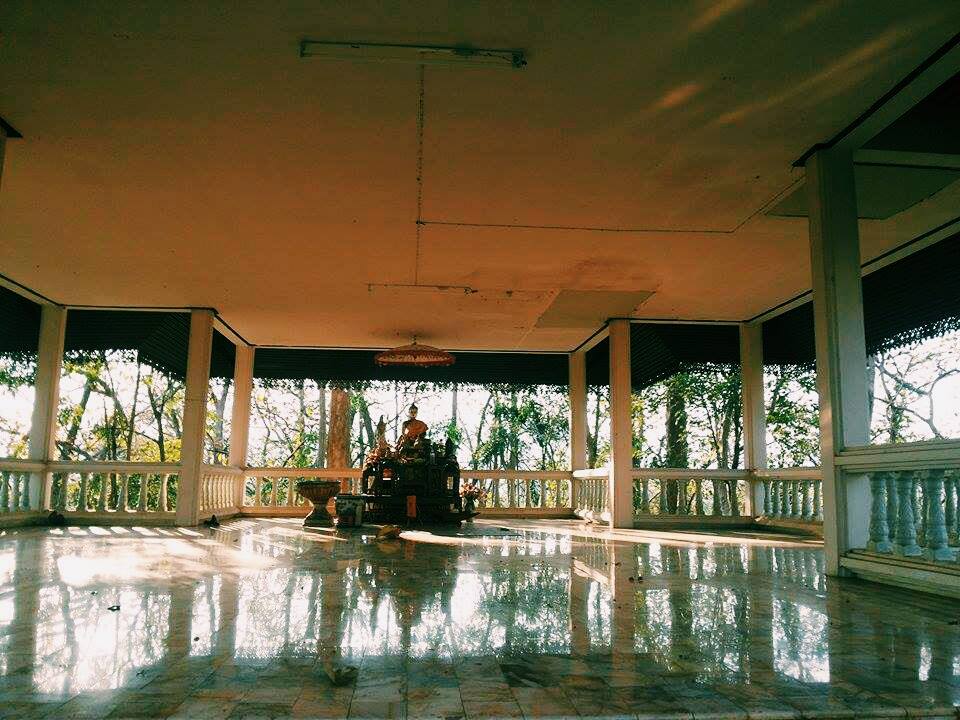
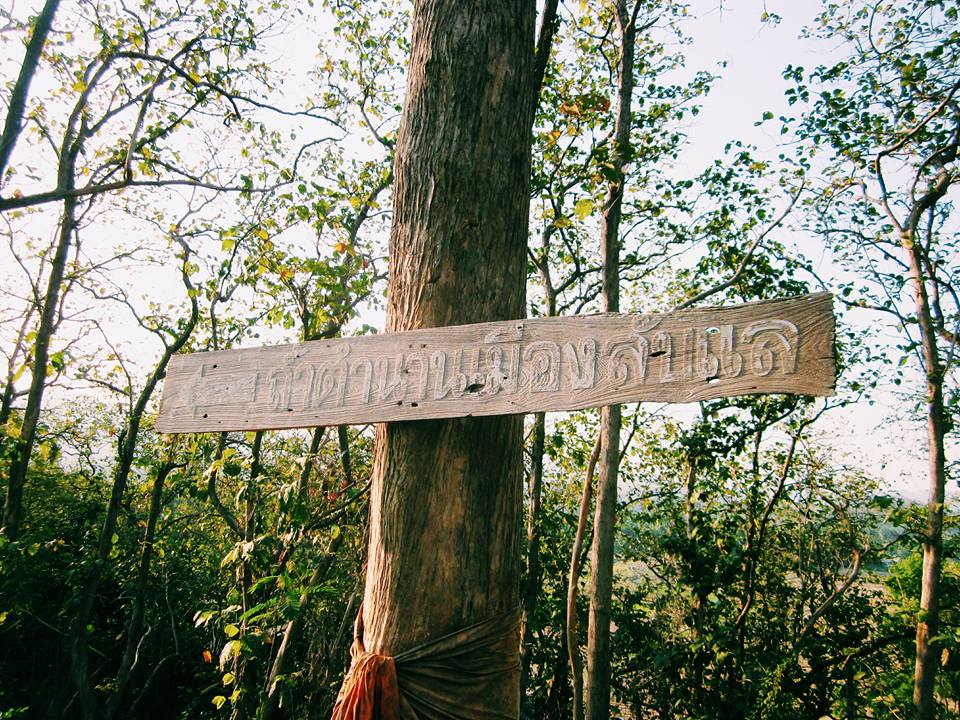
The sign made me curious and I wanted to walk to the cave, but I had to back down because the mosquitoes were as big as elephants and they were everywhere in the forest. It wouldn't be safe. So I had to stop myself from being nosy. The name of the district, Lap Lae, is well-known. Many people who have heard about it know that it is a city of widows and a city where lying is forbidden. The name of the district alone is mysterious and even frightening to many people. There are a lot of temples here, as we mentioned earlier. Everywhere we cycled, we saw temples. We think that this is the charm and selling point of this place because the fact that it is known as a city where lying is forbidden is something that has been passed down from generation to generation, from grandparents to children, to become good Buddhists in the future. This is why Lap Lae has so many temples. We also cycled to the morning market again. We were sure that there was a morning market, and in the heart of the city like this, there must be an evening market. We cycled for another half way, which should only take a few minutes, a few kilometers. We went to find something to eat. There was a 7-Eleven, so we were saved.
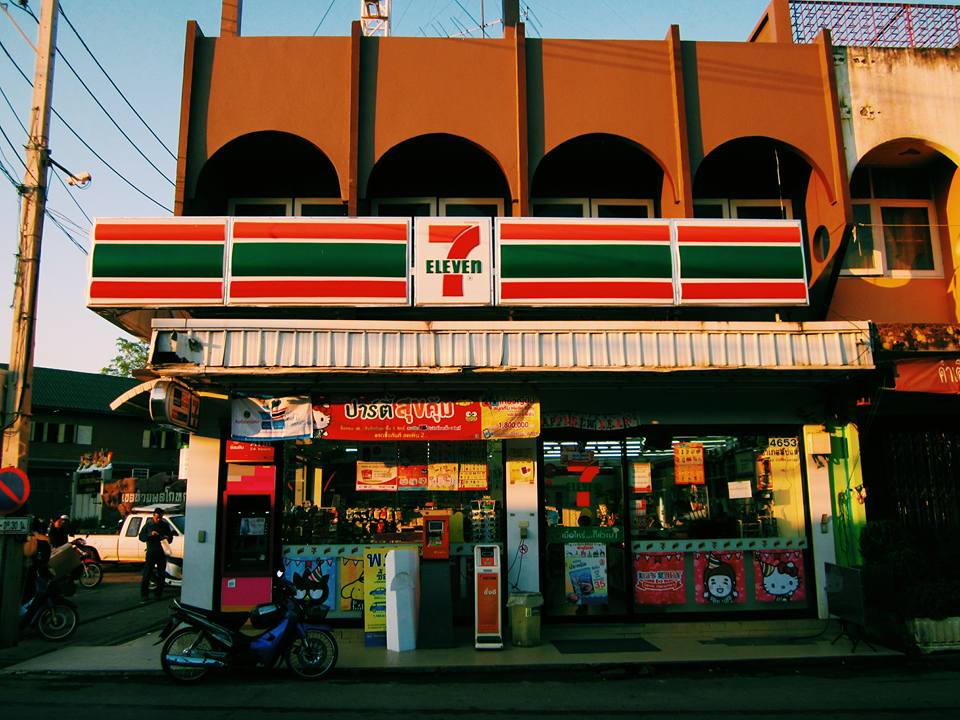
Despite the setting sun, the mood remains calm and collected. The journey continues steadily, with breaks taken as needed.

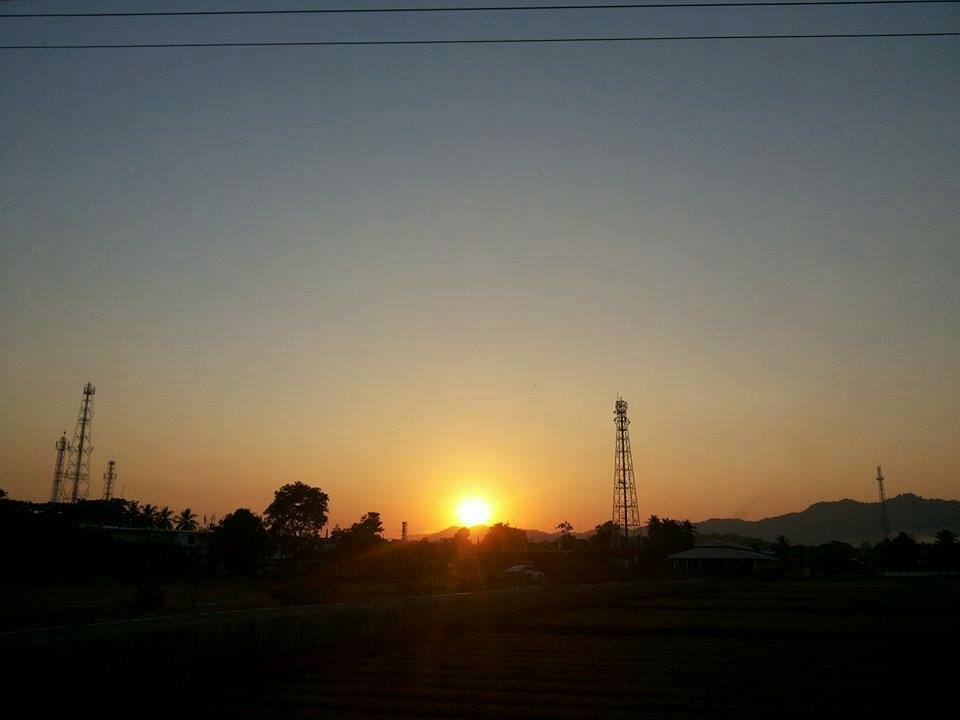

The sun was setting, and I still had 12 kilometers to cycle home on my old-fashioned bicycle. It would take me an hour. It was getting dark, and racing cyclists were starting to pass me. I cycled into the district, taking photos and enjoying the scenery. I forgot that I had to cycle back the 12 kilometers. By the time I arrived home, it was dark. My grandmother was waiting for me in front of the shop near our house. She said she was worried and had been waiting for me. She was afraid I was lost and that she wouldn't be able to see me. She grumbled, "Where did you go? We were looking everywhere for you. We thought you were lost." I made excuses, saying, "My bike doesn't have gears or lights, so I was cycling slowly. It was also getting dark, and there were a lot of cars." My grandmother took me inside to eat. I felt guilty because my grandparents had been waiting for me to eat. I had only bought two dishes, thinking I would be eating alone. I thought they would have gone to bed by the time I got back. But my grandfather and grandmother had cooked for me and were waiting to eat with me. I should have bought them some good food. They only ate vegetables. It was a simple meal, nothing special. I had only bought vegetable curry and chili paste, which I like because I like vegetables. So, there were only vegetables. It reminded me of my grandmother in my hometown. I felt guilty, but also happy. I had brought them some tofu pudding from the district as a gift. They ate it right after dinner. I almost cried.
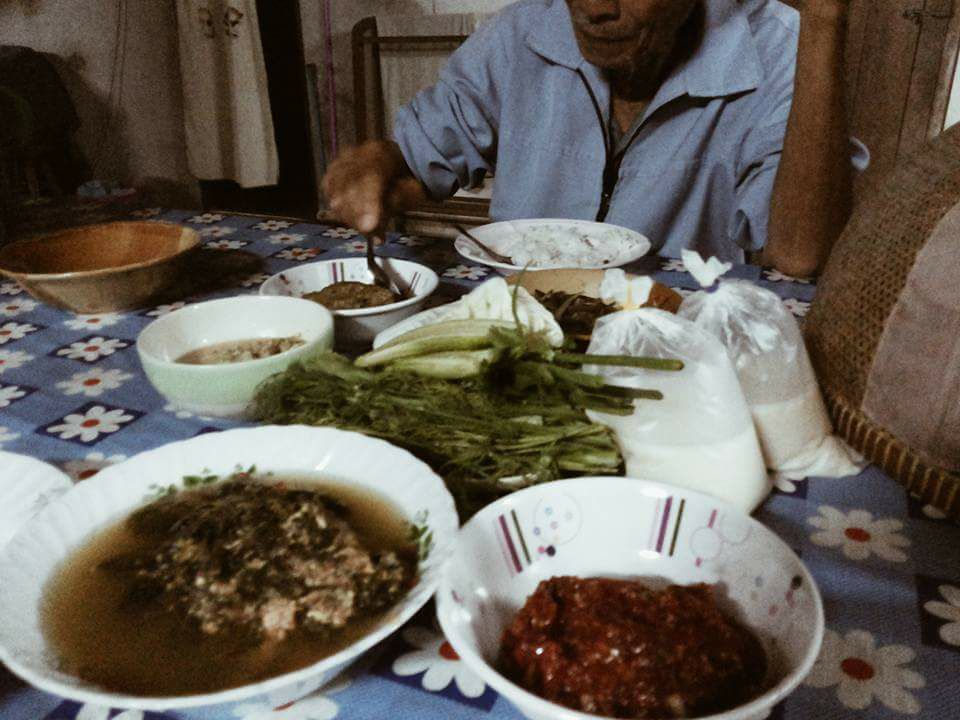
And this is the petanque activity in front of grandma's house as mentioned.
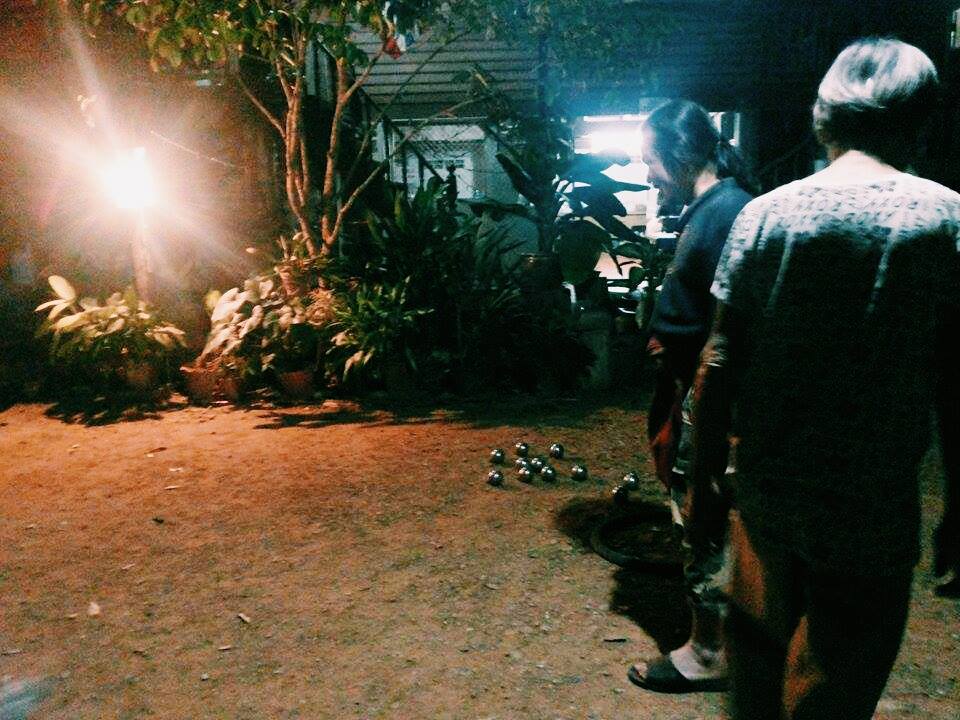
Waking Up Late in a Home Away from Home
The day started with a late wake-up (though not too late). As I emerged, I wondered why my grandmother had been sweeping the house for so long. It turned out she was simply killing time, waiting for me to join her for breakfast. Oh, what a blessing! The accommodation cost only 200 baht, and the hospitality was beyond measure.
Initially, I had no idea that meals were included. I planned to eat out on my own. The previous evening, I bought rice, and my grandmother cooked it for me. However, I ended up eating the sticky rice I had brought myself. When in the north, sticky rice is a must!
Yesterday evening, my grandmother asked me in the northern dialect, "Oh, you eat sticky rice?" The next morning, she surprised me with a whole container of sticky rice, probably thinking that after living in Bangkok for so long, I wouldn't eat sticky rice anymore. She even asked, "Oh! You eat coriander too?" "Oh, I'm a vegetable-eating monster! I eat all kinds of vegetables," I replied.
With simple home-cooked meals and an abundance of vegetables, my appetite grew even stronger. My grandmother told me that previously, two women, one from Nong Khai and the other from Phuket, had stayed at her place. They cooked vegetables for her, and she was overjoyed. She smiled broadly. "Who would have thought I'd enjoy eating vegetables?" she said.
We chatted happily in the northern dialect, enjoying our breakfast with its abundance of vegetables. After finishing, I helped her wash the dishes and sweep the house. It felt good. For 200 baht, I never expected to be sharing meals with the owner. The food was simple and home-cooked, but I enjoyed every bite. I'm not picky at all. It's the thoughtfulness that matters.
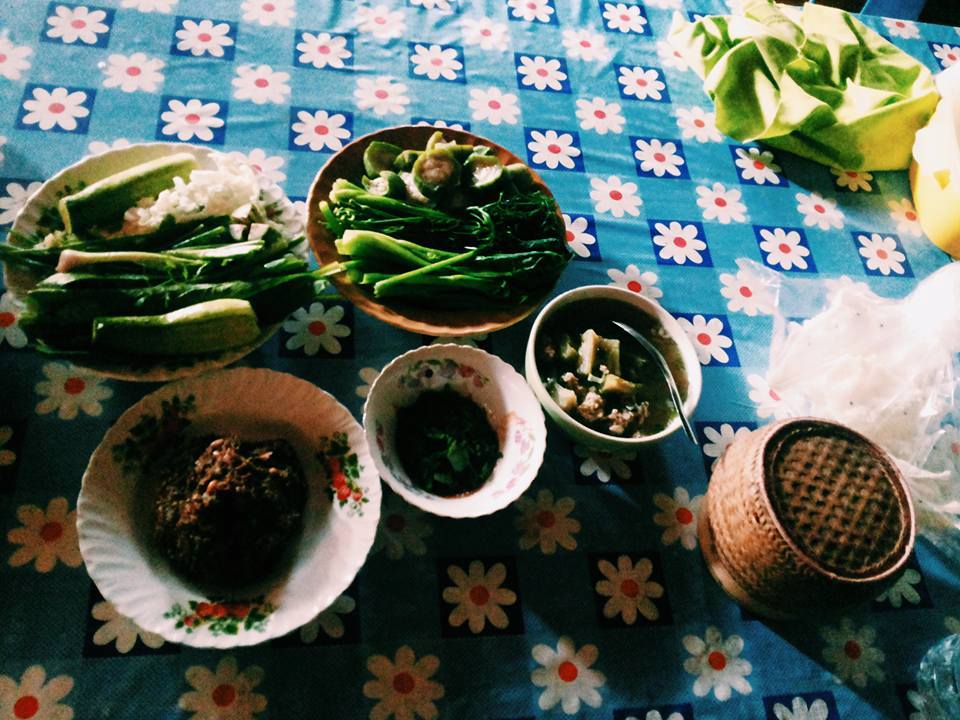
This morning, my grandmother suggested that I visit the inverted pagoda at Wat Tong Lap Lae. I was surprised to hear that there was one here, just like in Lampang. I must confess that I hadn't done any research on this topic beforehand. However, as we talked to the locals, I realized that this is one of the advantages of traveling. You get to learn so many new things, especially about unique attractions. We learned about this place from the locals and cycled there. But before we went, I want to take a moment to talk about "Khao Phak Pak," a local delicacy of Lap Lae. It's a must-try dish, and it's as if you haven't been here if you haven't had it. Last night, my grandmother gave me some at a local restaurant, and she even gave me some dried sheets to chew on. The best food in each province isn't found in fancy restaurants, but rather in the food of the local people. When you visit a place, you should try to eat what the locals eat. If you're picky and don't want to try anything new, it will be difficult for you to backpack and explore on your own. "Khao Phak Pak" is a must-try dish when you're here. It's a local delicacy, and it's not hard to find. You can find it everywhere. I was surprised because I'd never seen it before. I'd never seen anyone eat it anywhere else. I had to try it, and it was delicious. If you look at the photos, you'll see the sheets of dough that the villagers dry in front of their houses. I saw them at almost every house that sold them while I was cycling around. Khao Phak Pak is like eating Pad Thai, but with soft dough. The dried sheets are for chewing on. Khao Phak Pak is served on a plate, with the dough wrapped around vegetables, glass noodles, tofu, and whatever else you like. It comes with noodle seasonings. People here are good at eating vegetables, and luckily, I'm good at eating vegetables too. I can eat anything they give me. My grandmother, the owner of the homestay, told me that the dried sheets can be eaten plain once they're dry. She gave me several for free, and I felt bad because I could have bought them. Khao Phak Pak is very cheap, only 25 baht. It's delicious, filling, and a famous local dish.

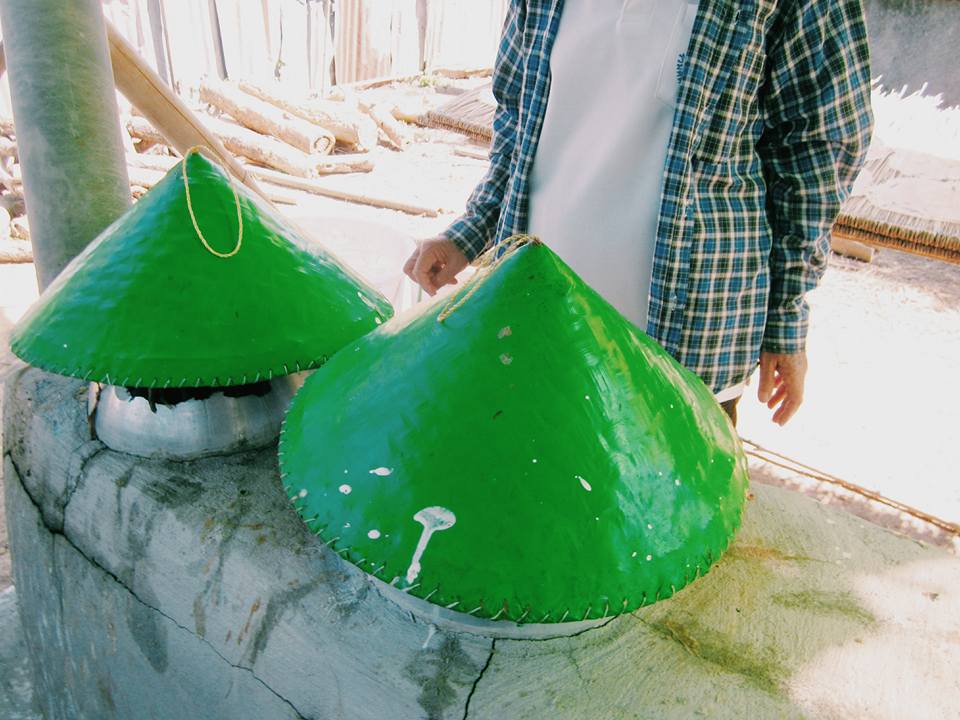
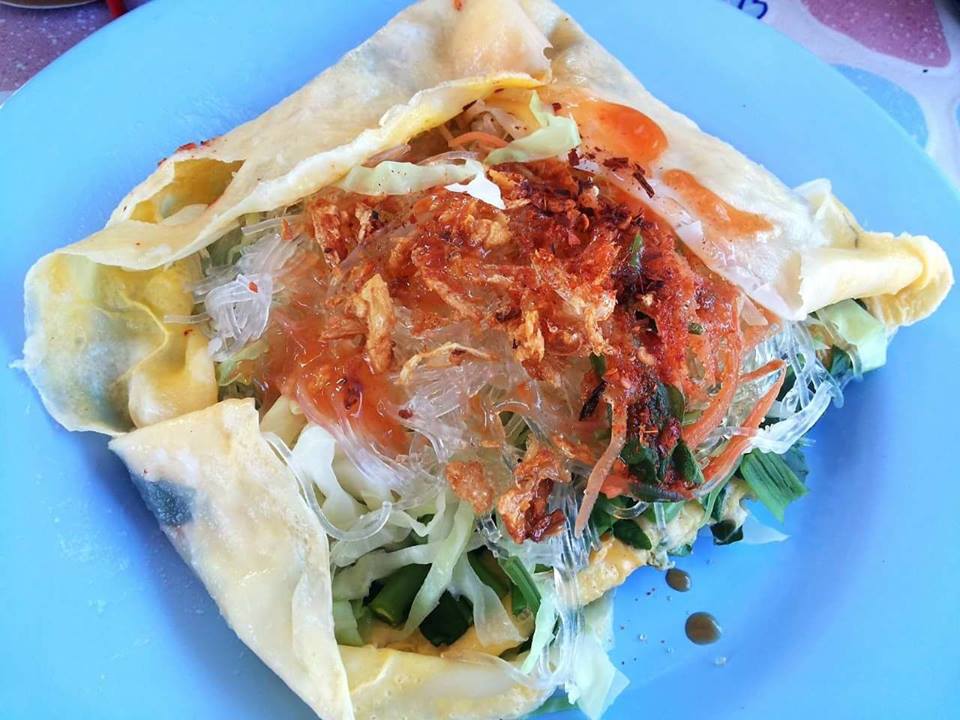
After cycling home until dusk, everyone in the alley knew. When I went to buy rice wrapped in vegetables, the aunt who owned the shop said, "Oh... are you the one who cycled here alone? Did you know that your grandmother was waiting for you in front of the house last night? She was afraid you would get lost and wouldn't be able to find your way home. She wanted you to see her when you cycled by. She has a daughter too, and she's worried. She said you brought your bags, so where could you go? You have to come back." The aunt's words made me feel very guilty. "Well, my bike doesn't have gears, so it's slow," I said, making excuses. Almost every house had sheets of dough drying in front of it, both for sale and for personal consumption.
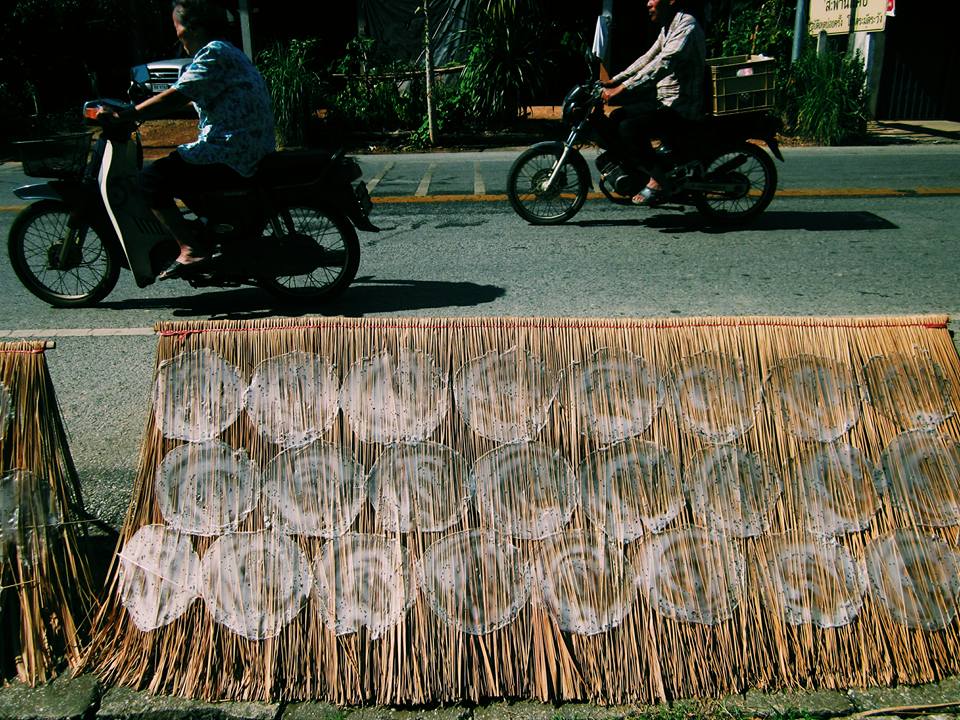

Including other things that are full of eyes, living like real villagers. You wouldn't see anything like this in Bangkok.
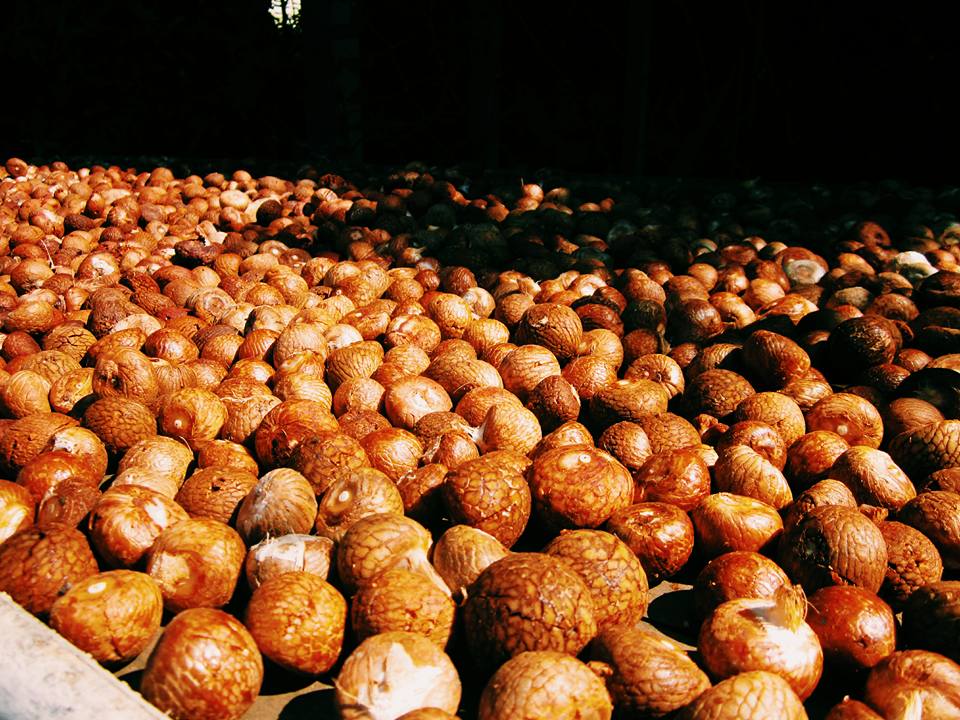
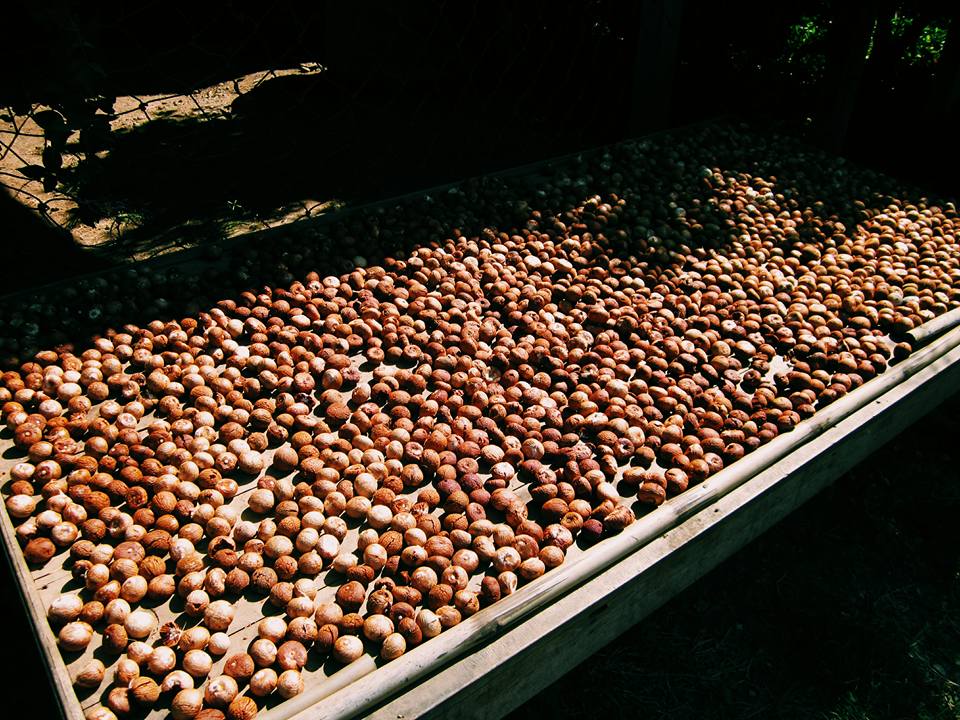
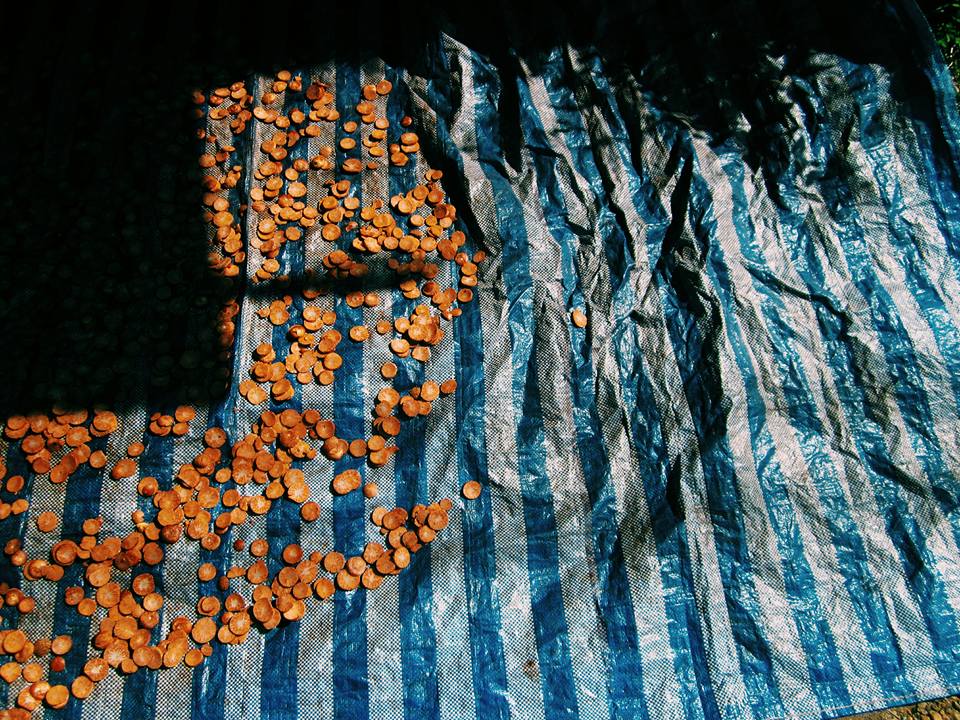
After a long search, asking for directions to Wat Thung Lab Lae all the way, I finally found it. The temple is located in a remote area, accessible only by a narrow alley.
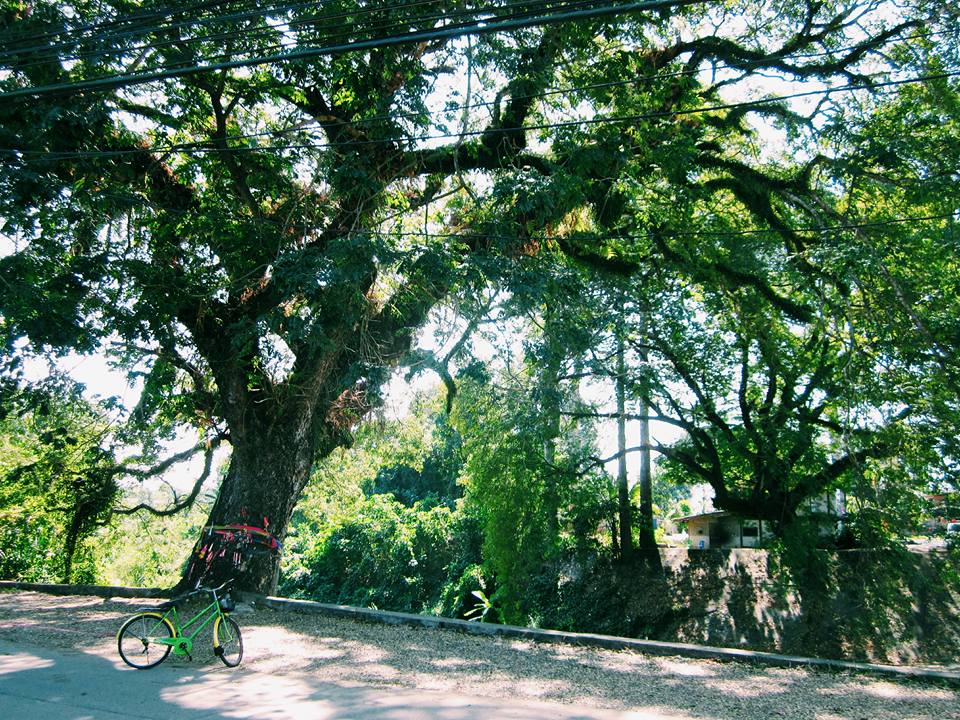

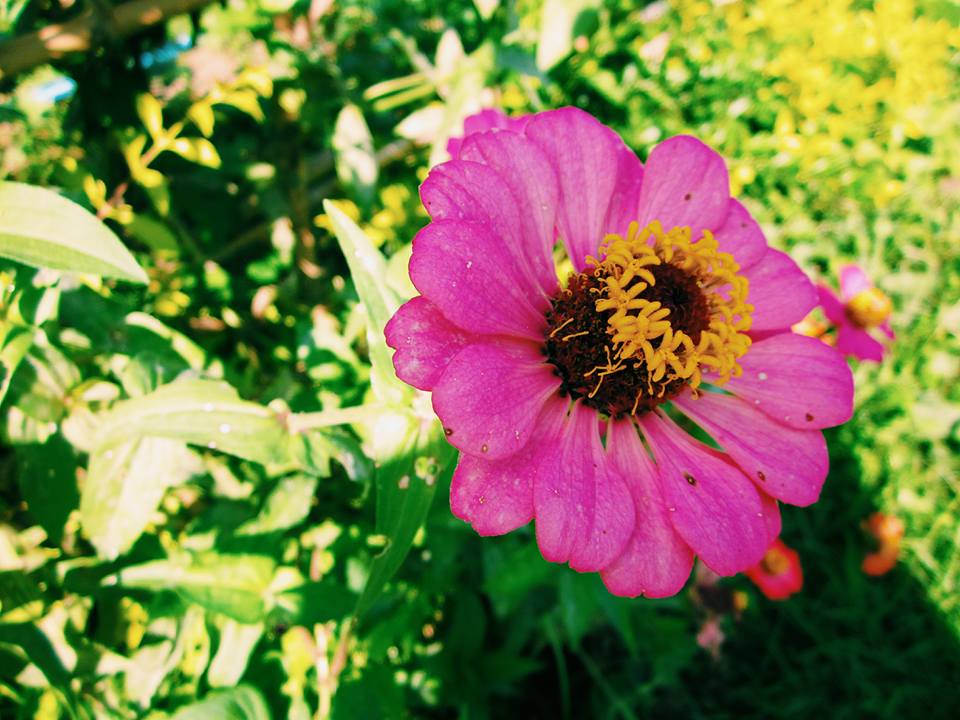
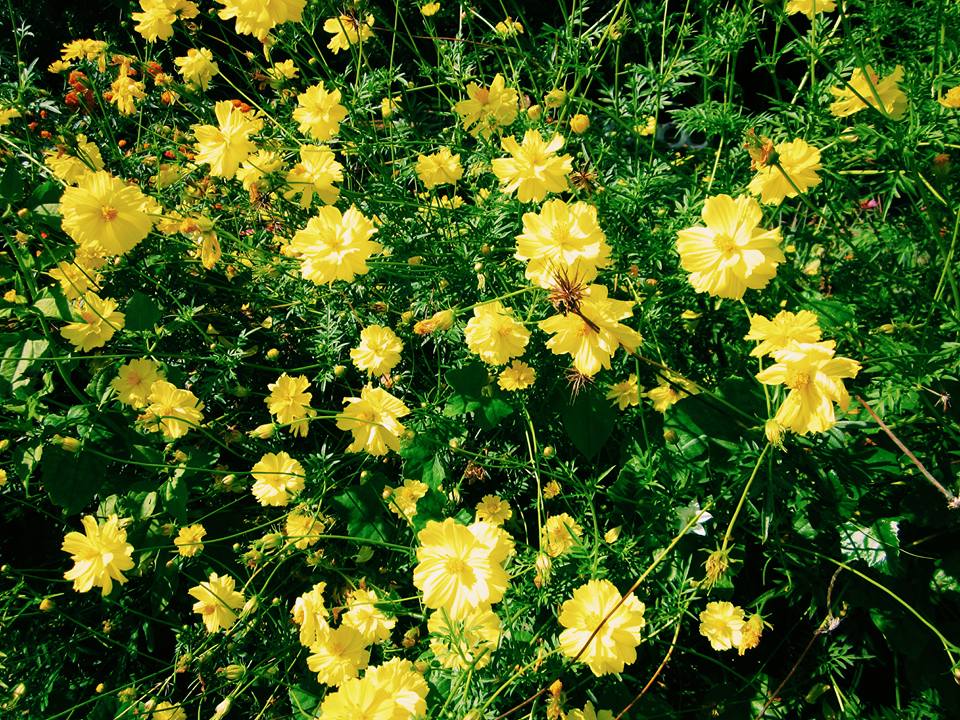
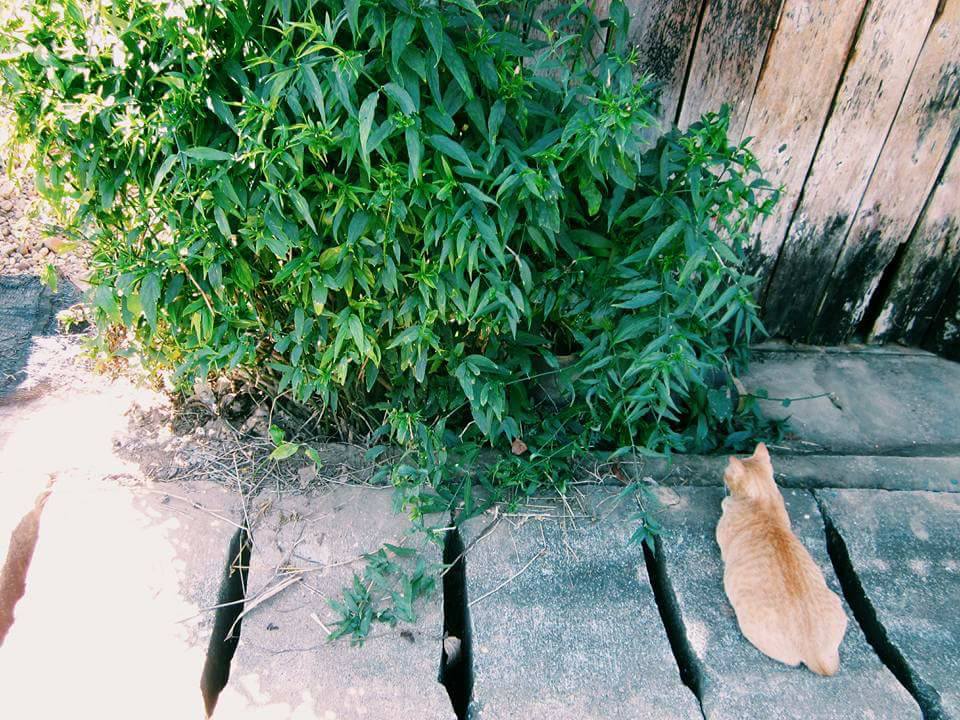


Finally arrived, feeling relieved.
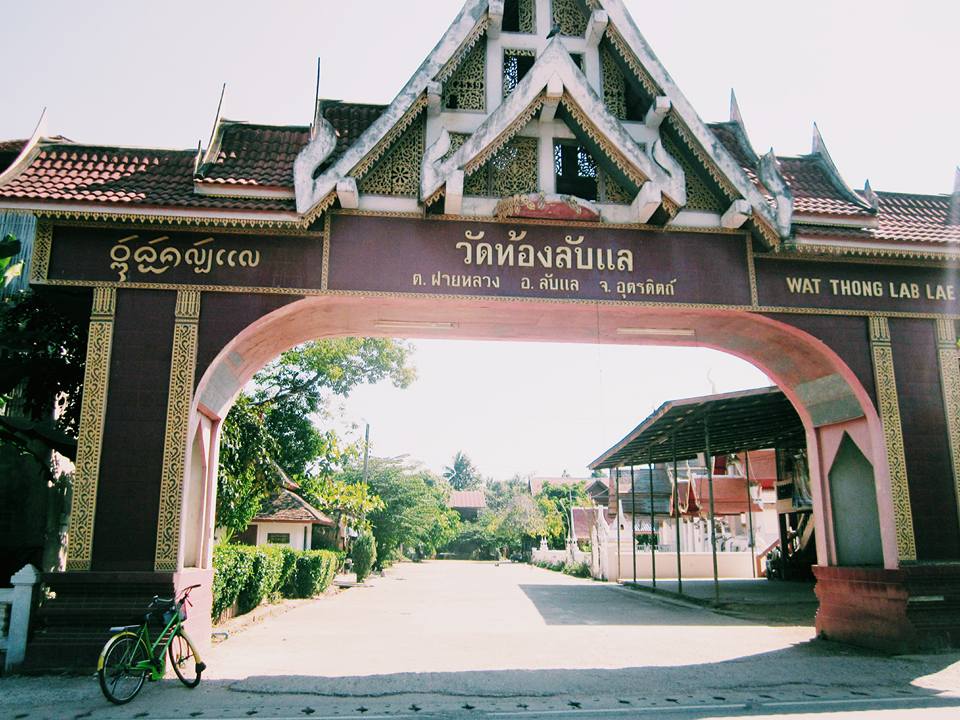

The temple was very quiet. I met a monk and asked for the abbot. I wanted to ask permission to see the upside-down image. The abbot said to wait a moment, as he was busy. The dogs were adorable, running around excitedly waiting for their food.
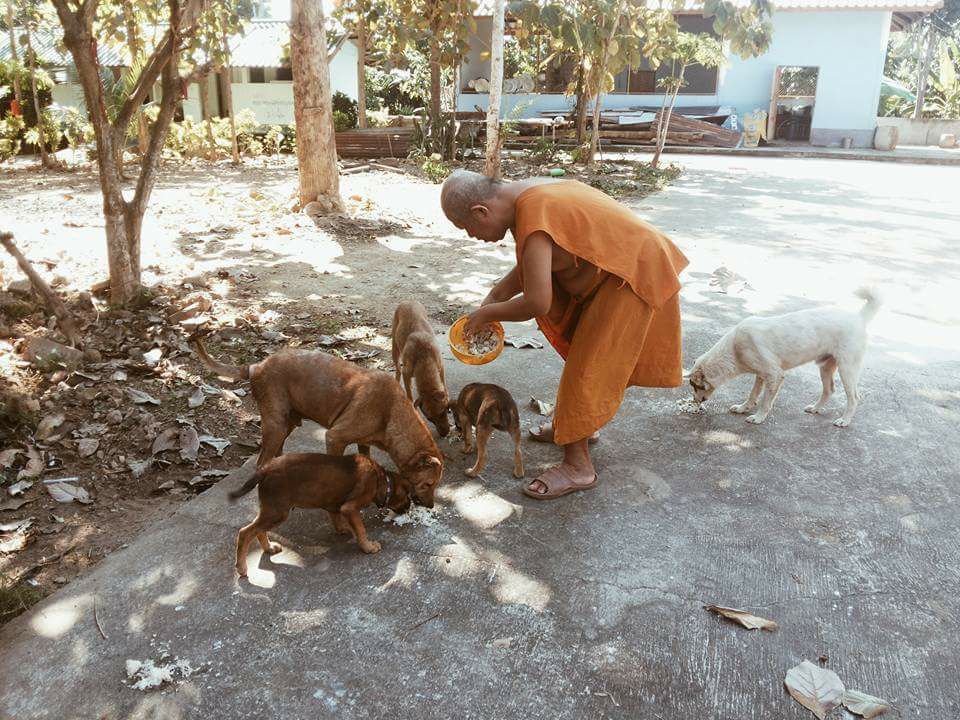
The monk was very kind. At first, I was hesitant because I came alone and didn't know how to behave around monks. I don't often make merit at temples, but I prefer to take pictures inside them. The photos are blurry and have low light because all the doors and windows had to be closed. I was very excited. He asked me to close my eyes first to adjust my vision and then slowly look. The paintings inside were also very beautiful.
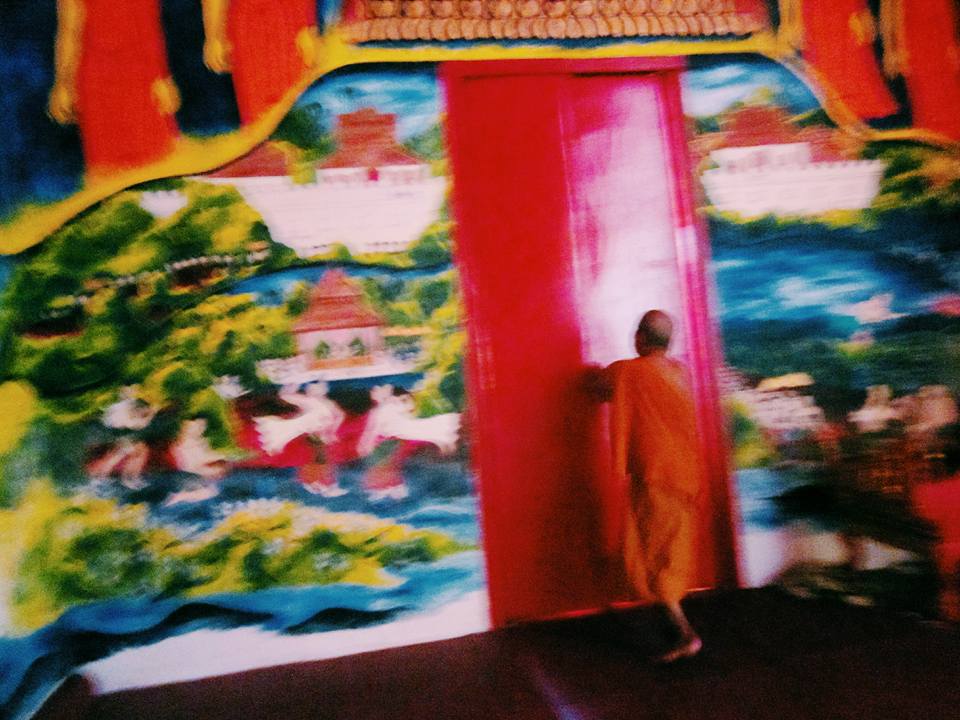
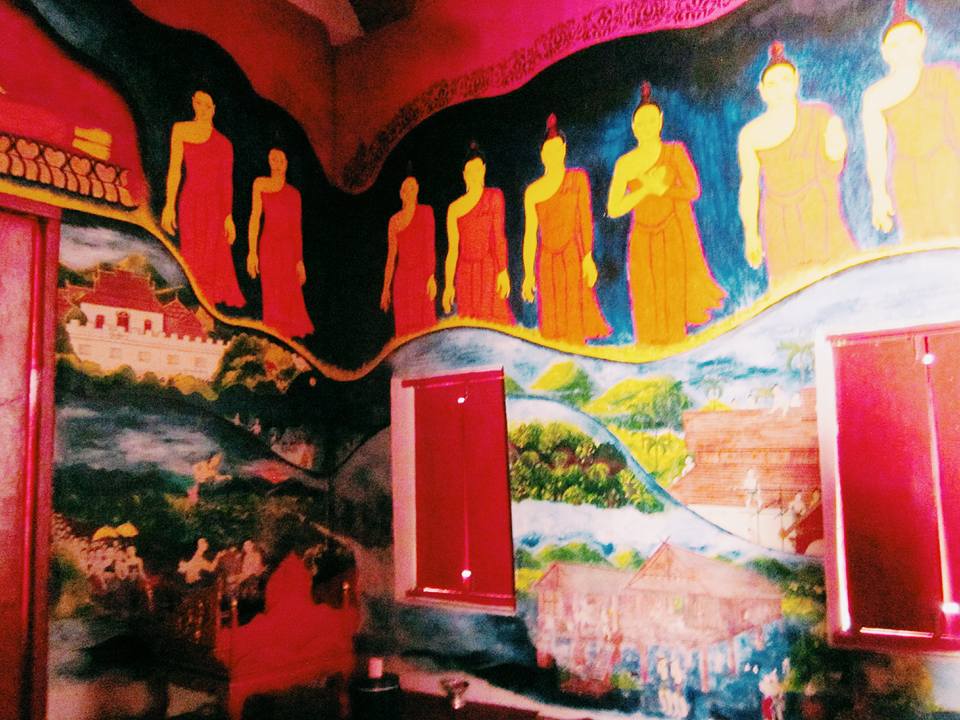
Slowly staring into the empty space. Wowwwww, exciting. Is this it? Is this it? The big picture. You can see it up close. If you have a good camera, you can probably take a clearer picture.
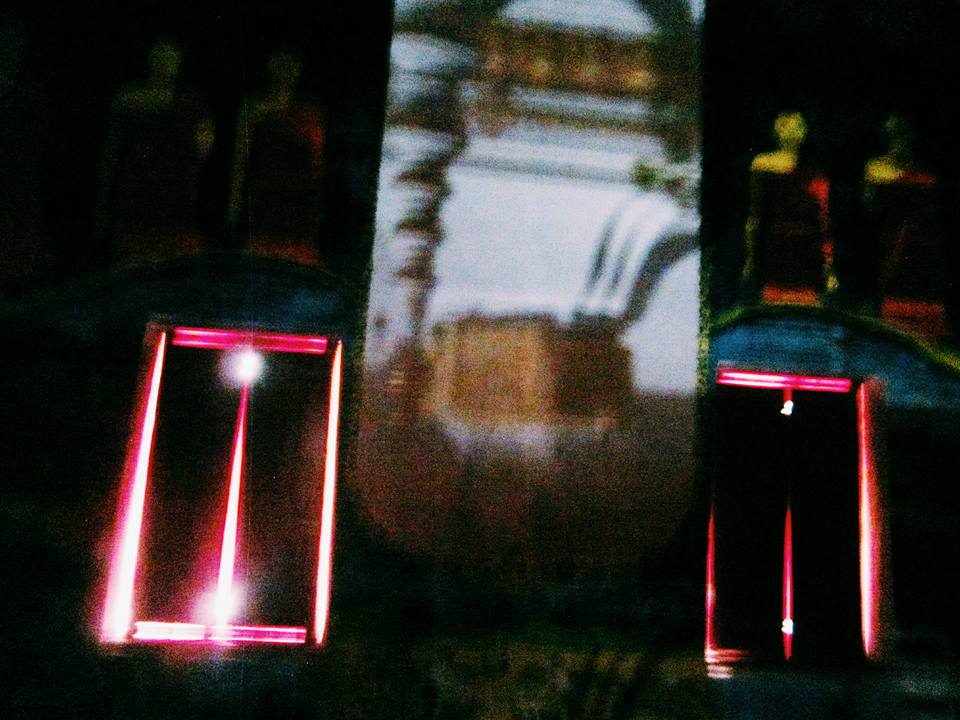
In Lampang, there is also the Phra That Lampang Luang temple, where a unique optical illusion occurs due to the refraction of light. Interestingly, while women are generally prohibited from entering the main temple structure in Lampang, they are allowed to view this particular phenomenon. However, women who are menstruating are still not permitted entry.
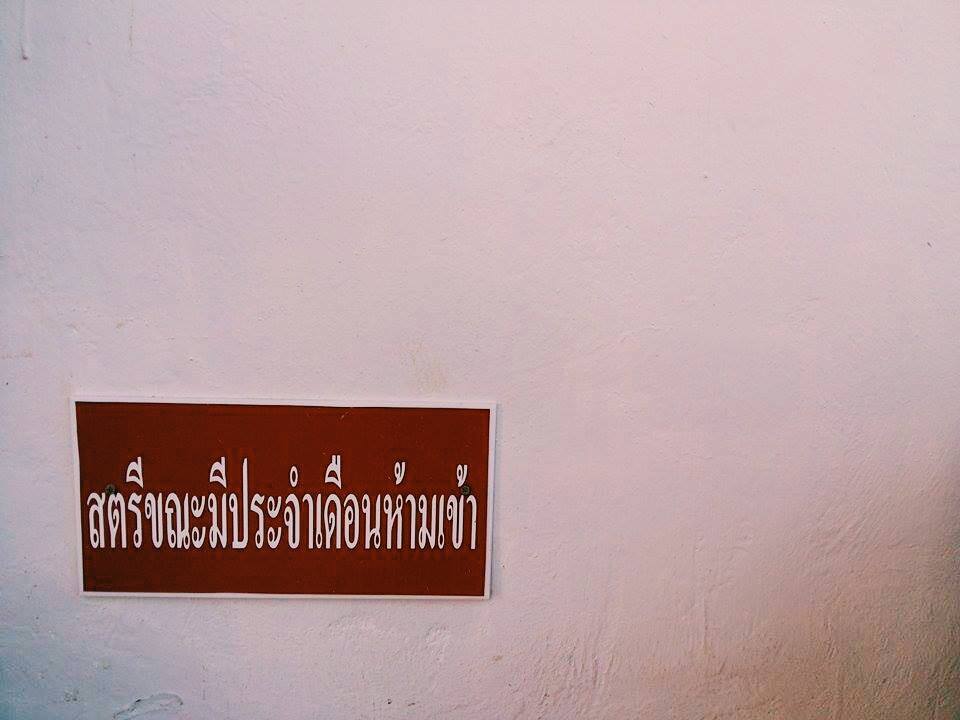
Let's take a look outside to see what the real upside-down thing looks like.

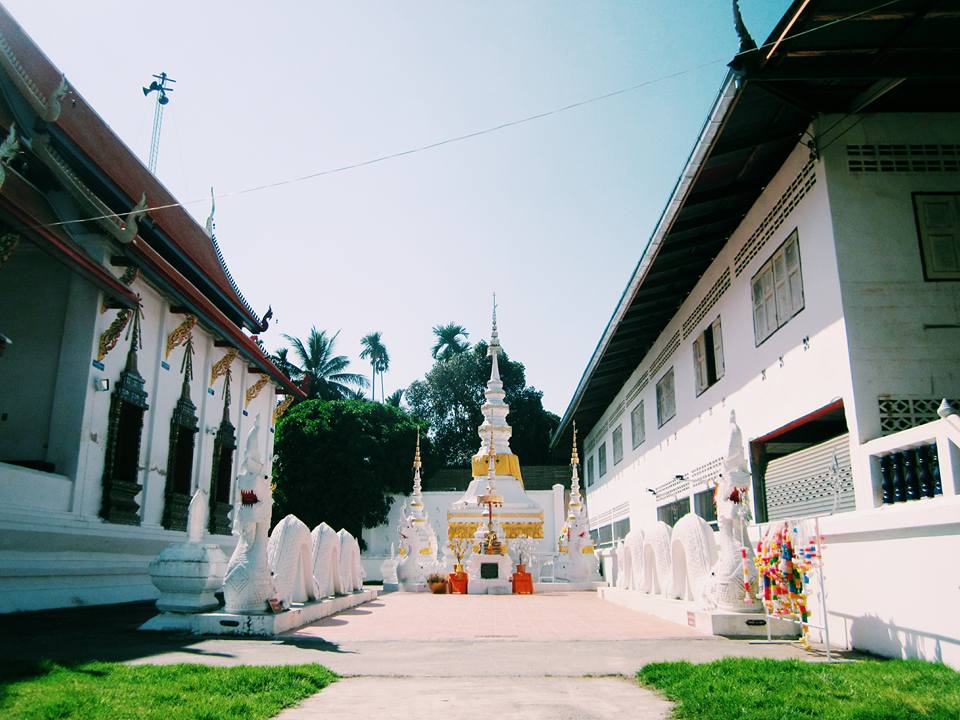

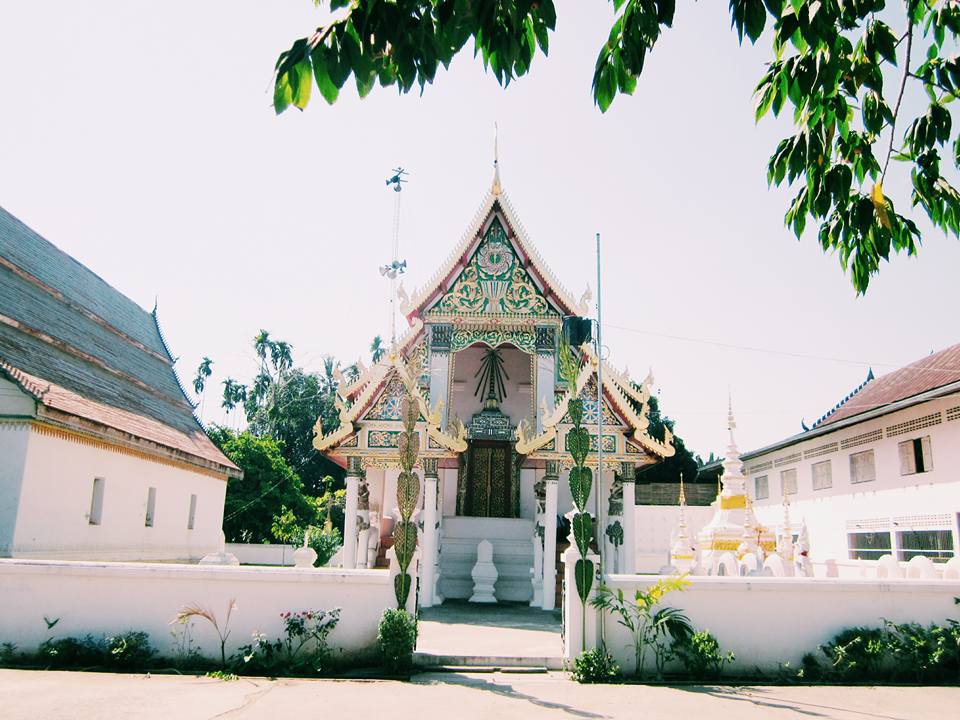

Expressing gratitude to the revered monk, we ventured outside to capture a few photographs of the temple grounds, accompanied by the incessant barking of a nearby dog. Intriguingly, online research revealed no definitive information regarding the temple's origins, adding an aura of mystery to this enigmatic site.
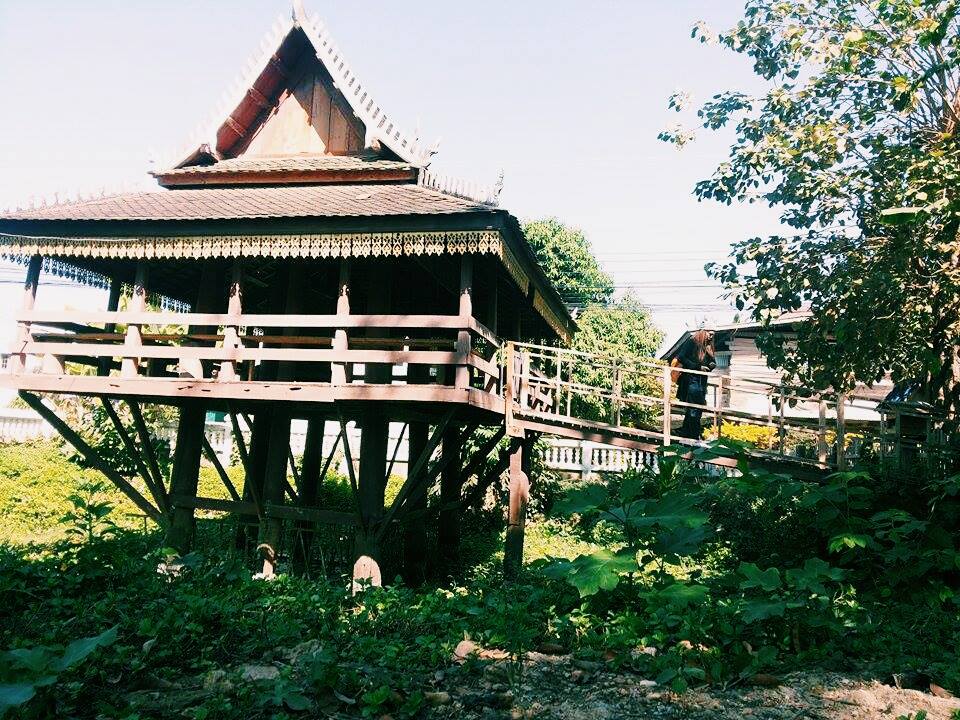
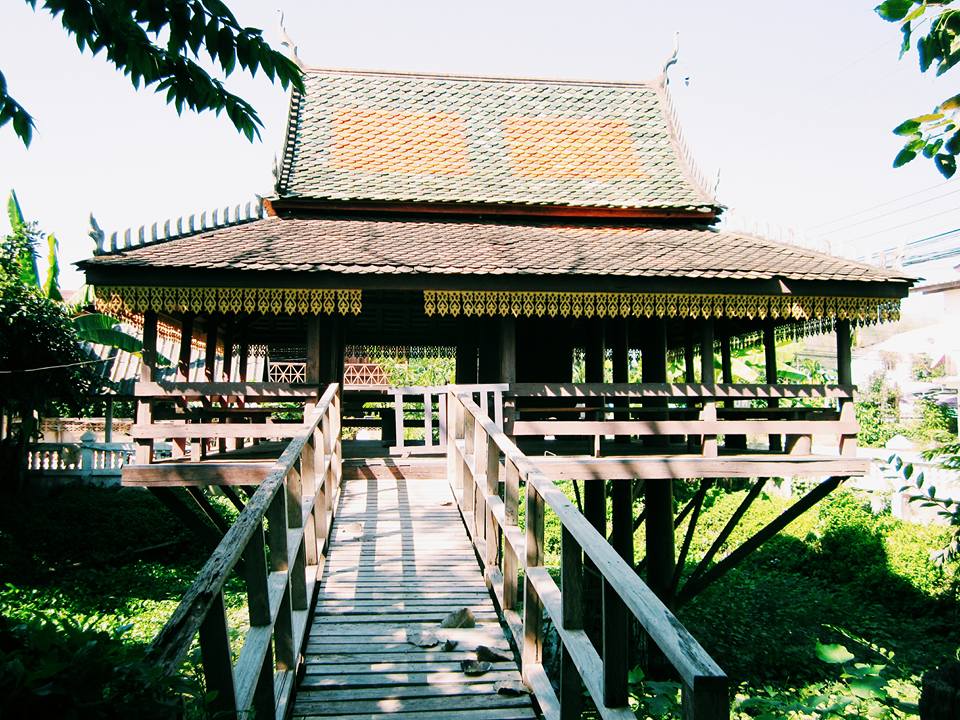

Our final destination before catching the evening train is Mae Pool Waterfall, which means cycling back to the homestay. We'll be cycling in a loop, stopping to admire the scenery and taking photos along the way. Although it's only 2-3 kilometers from our accommodation, we decided to visit the temple first.
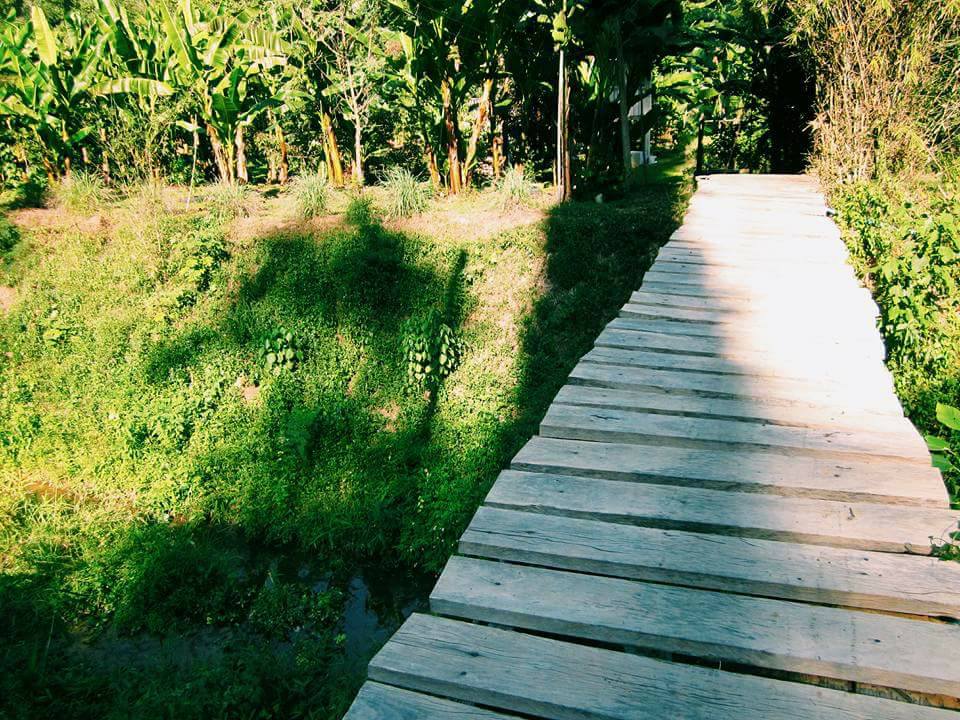
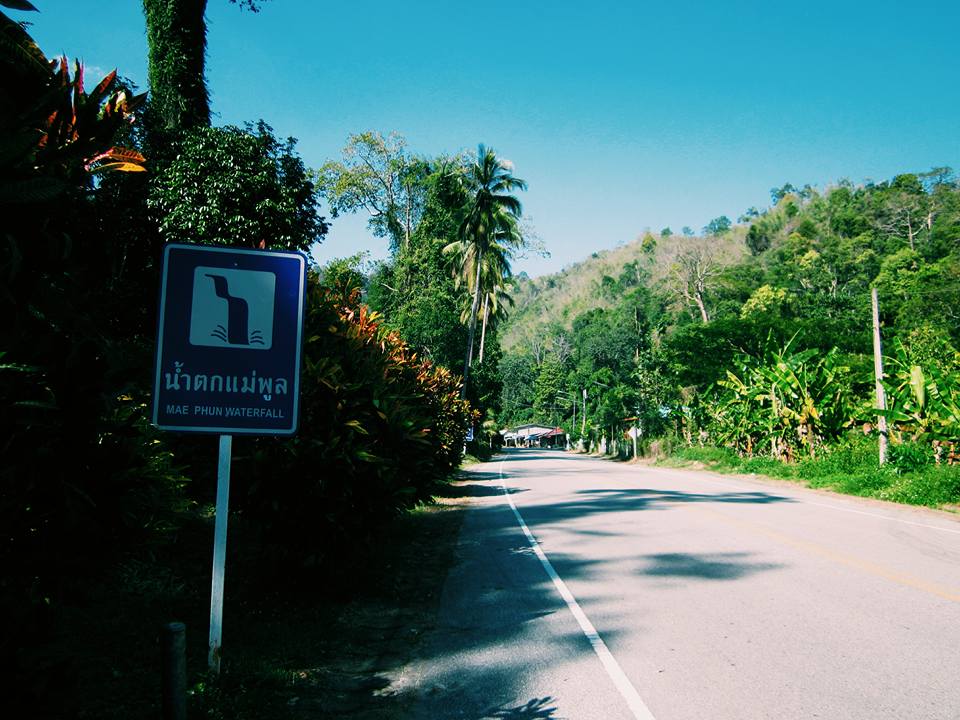
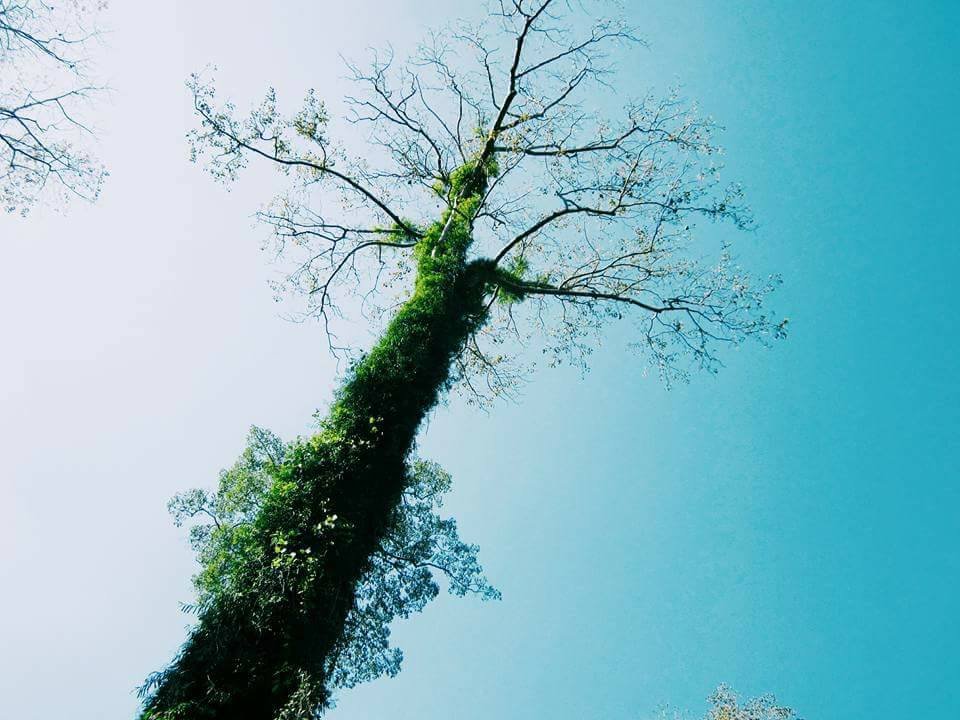
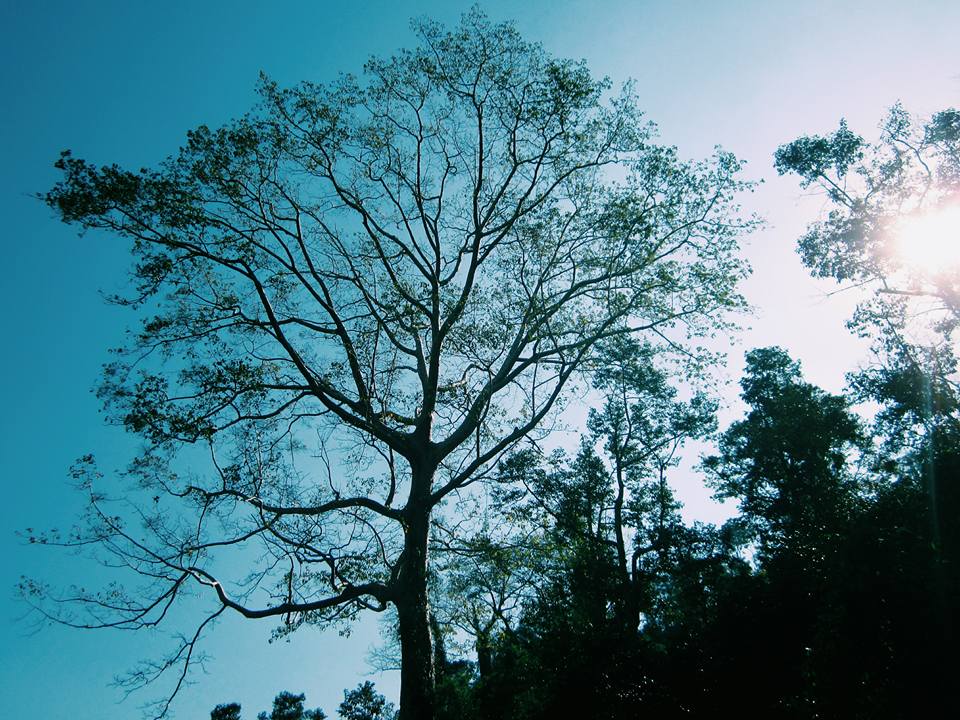
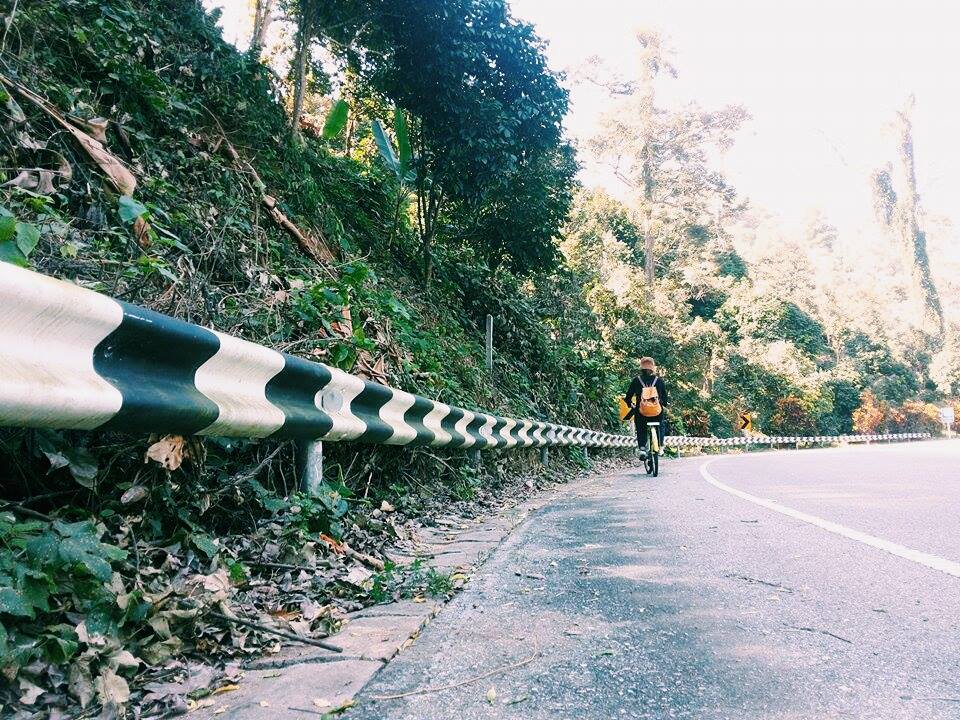
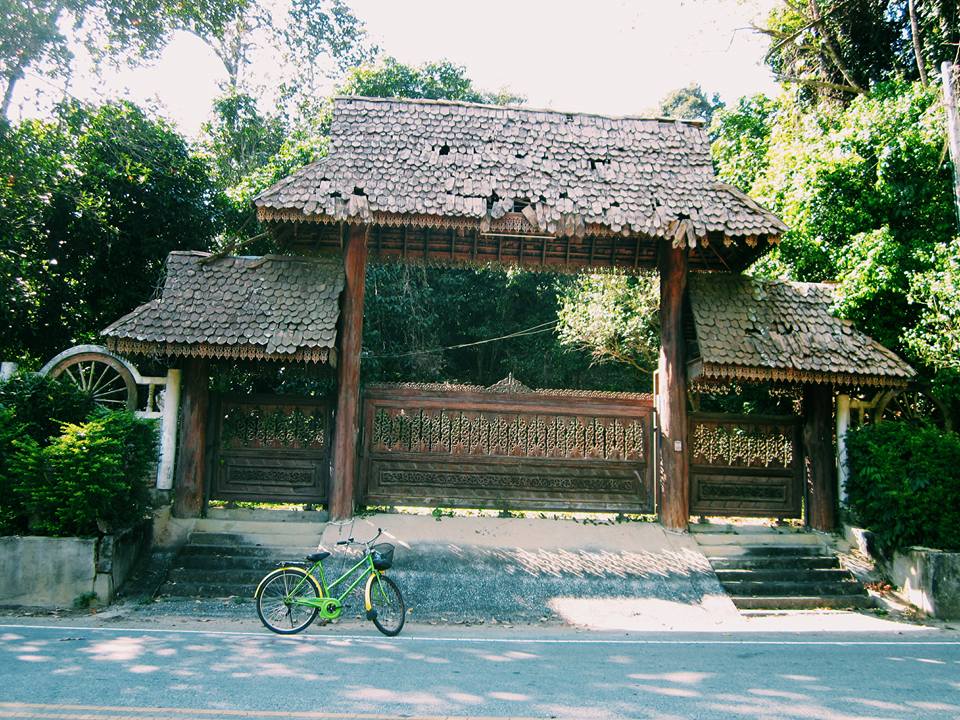
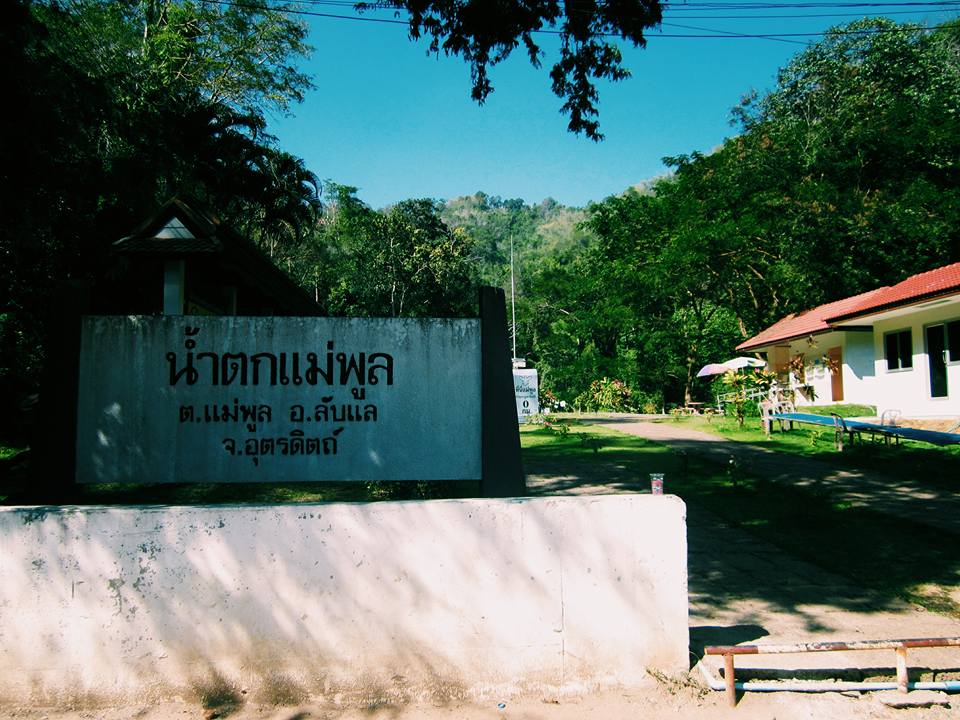
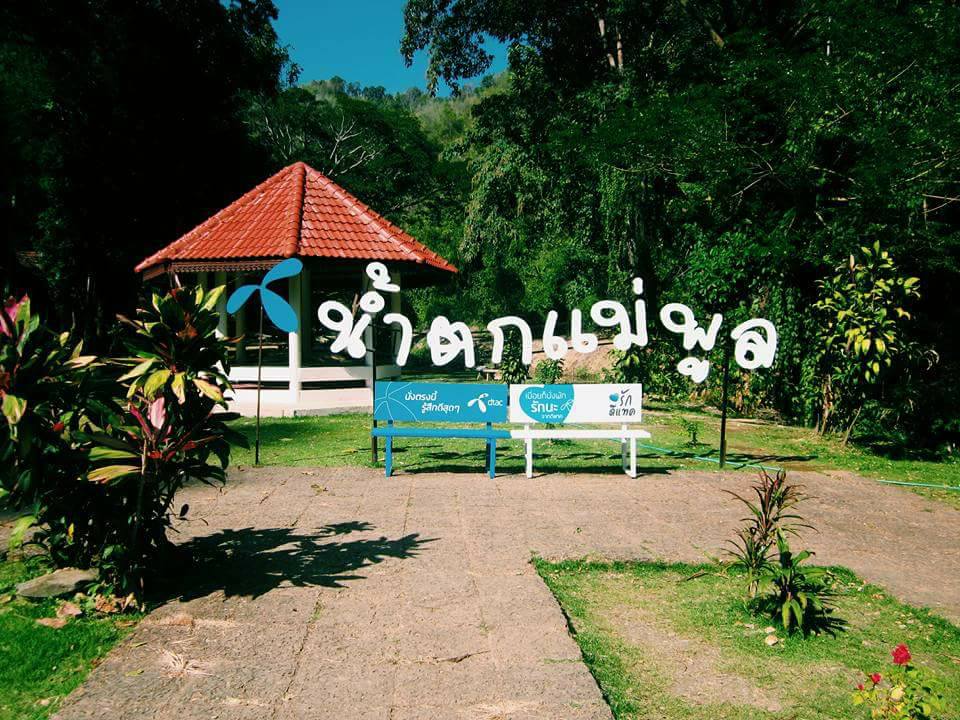
The waterfall is not very full as it is not the rainy season. Enjoy the fresh air and cycle back.
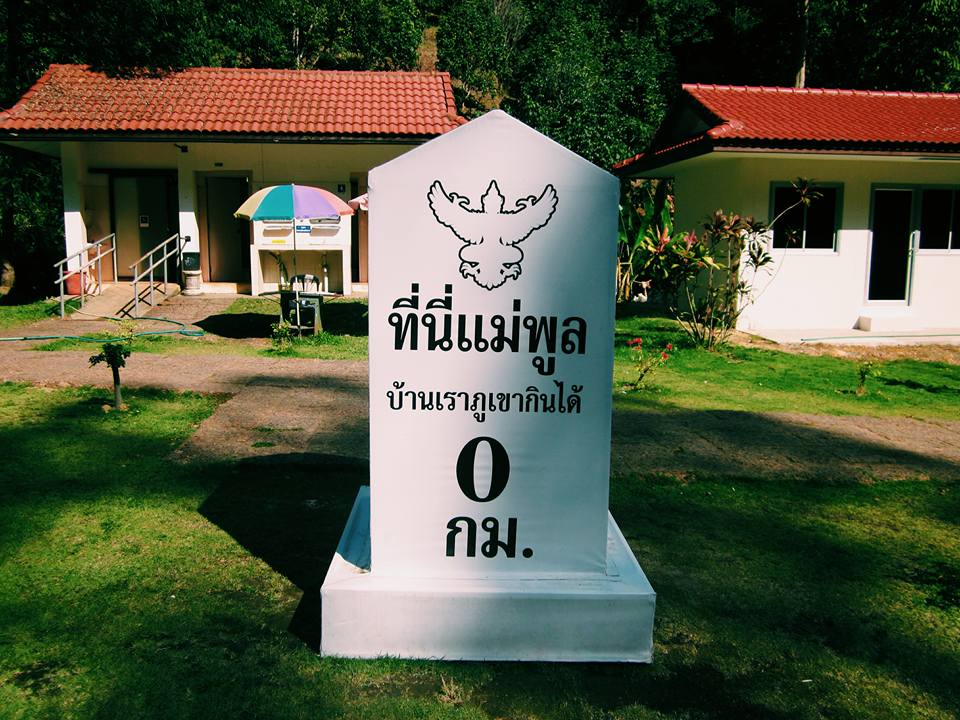
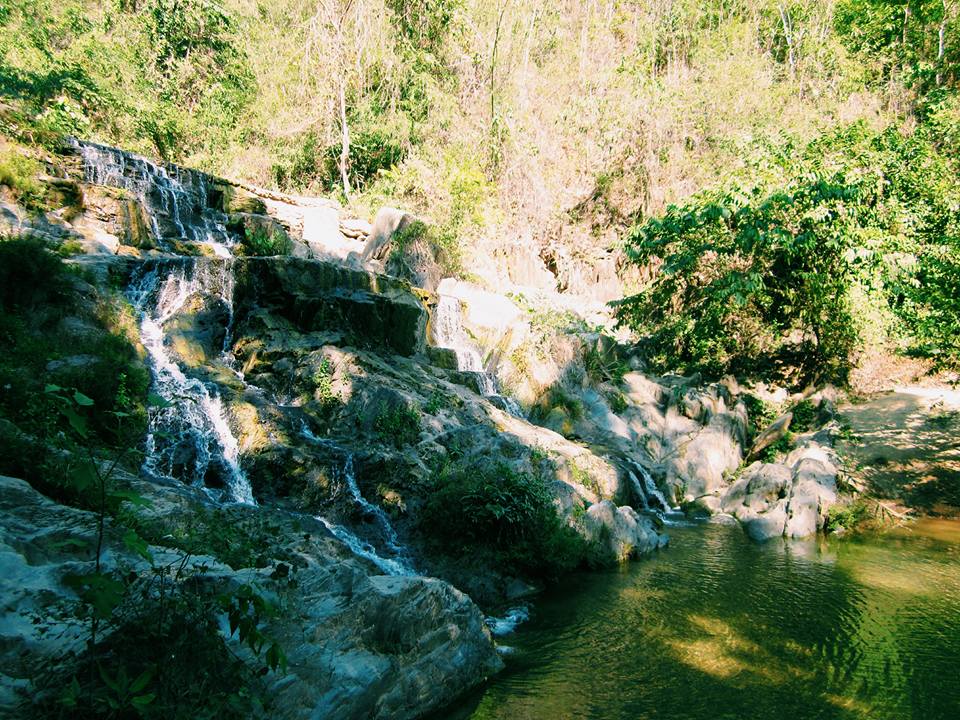
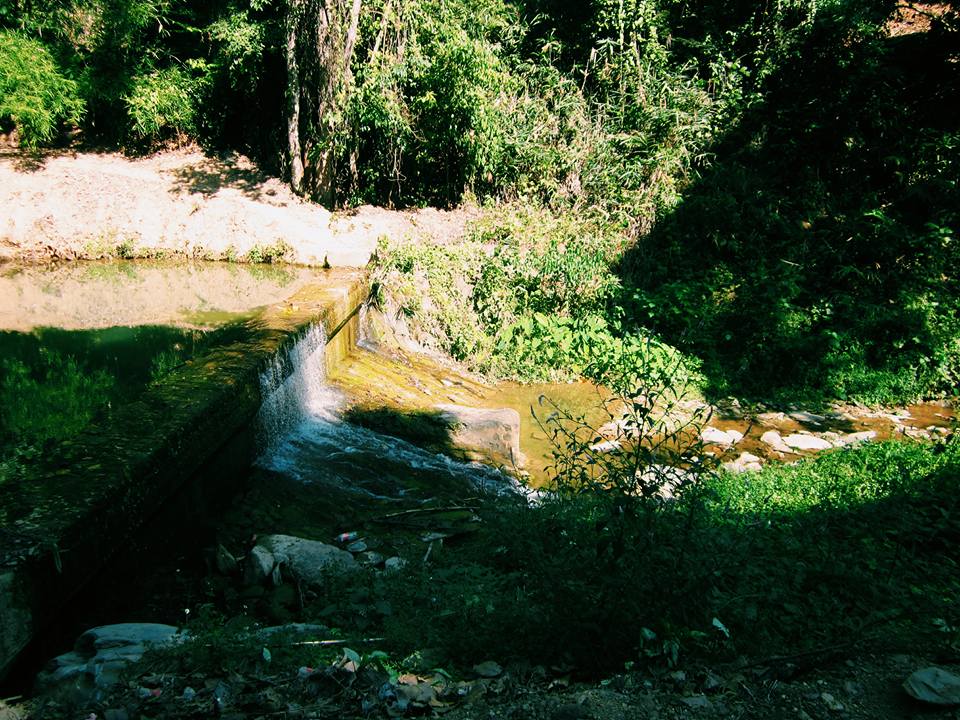
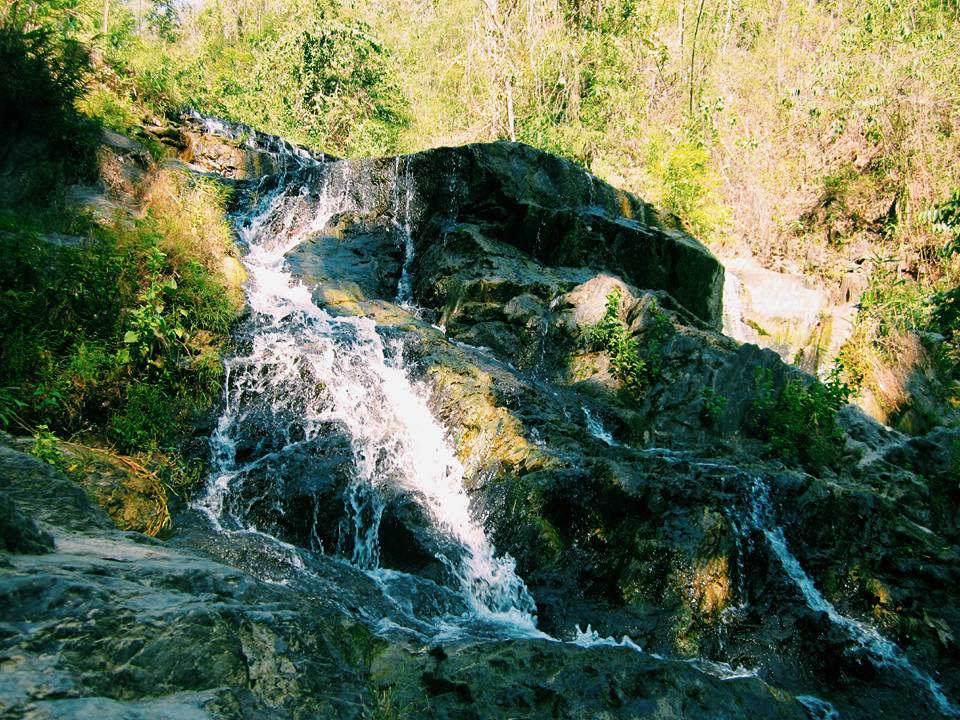
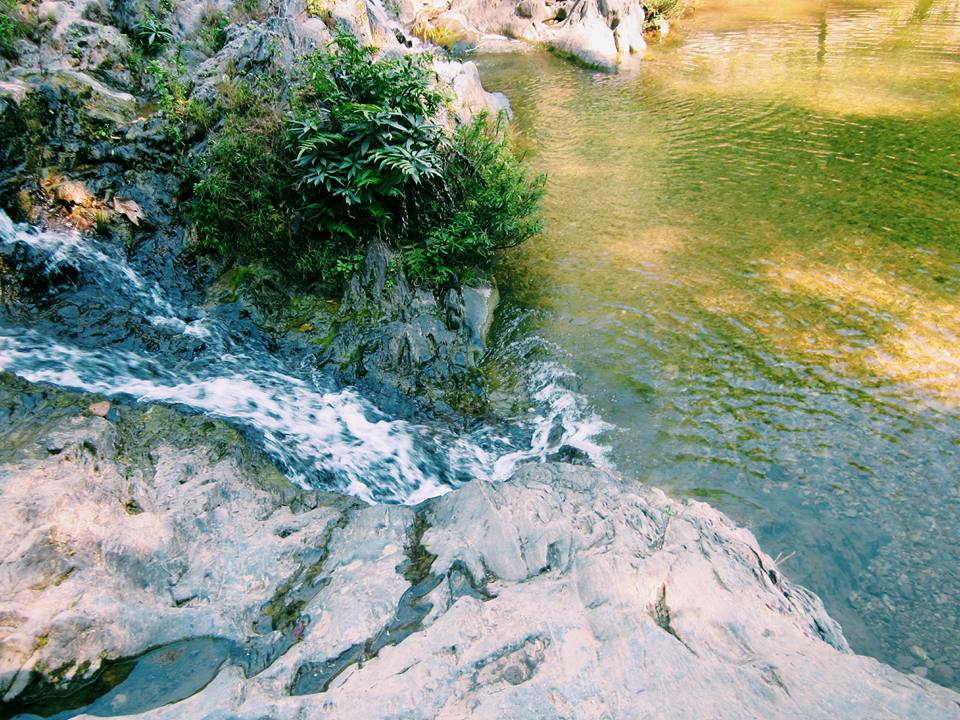
After a strenuous hike to Mae Pool Waterfall, my legs were aching, covered in dust and sweat, and I was exhausted. My body craved something sweet. As I descended the waterfall, I stumbled upon the Saphan Song Coffee Shop. I decided to treat myself to a 30-baht iced cocoa. Although I'm trying to quit iced coffee, this seemed like the only decent option in the area. It was the largest cafe in the vicinity, but still quite small. The decor was excessively colorful, resembling a candy store.
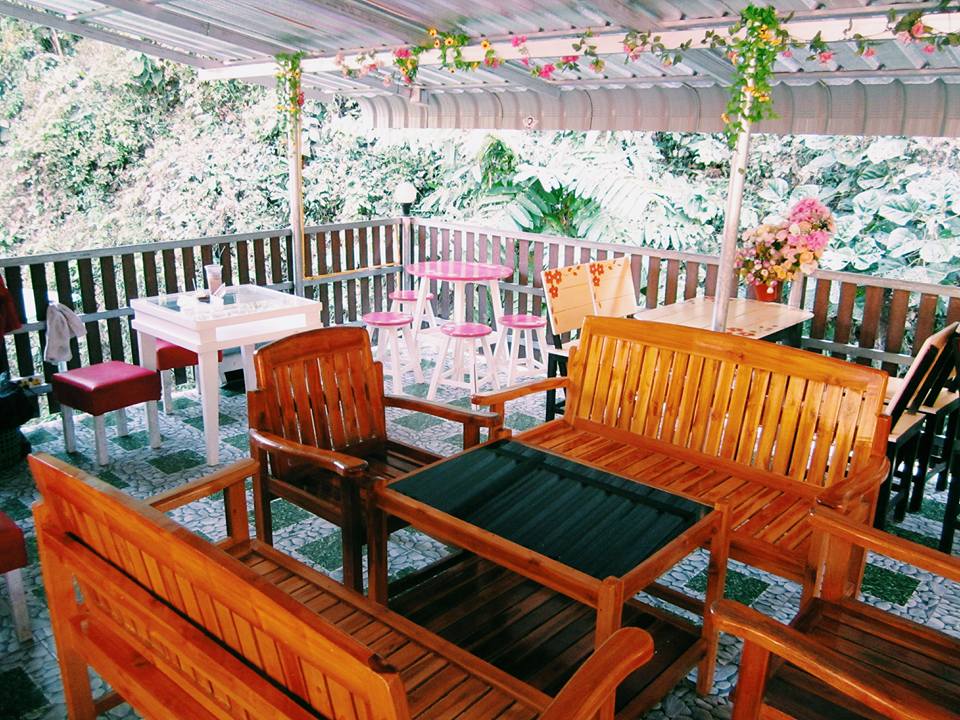
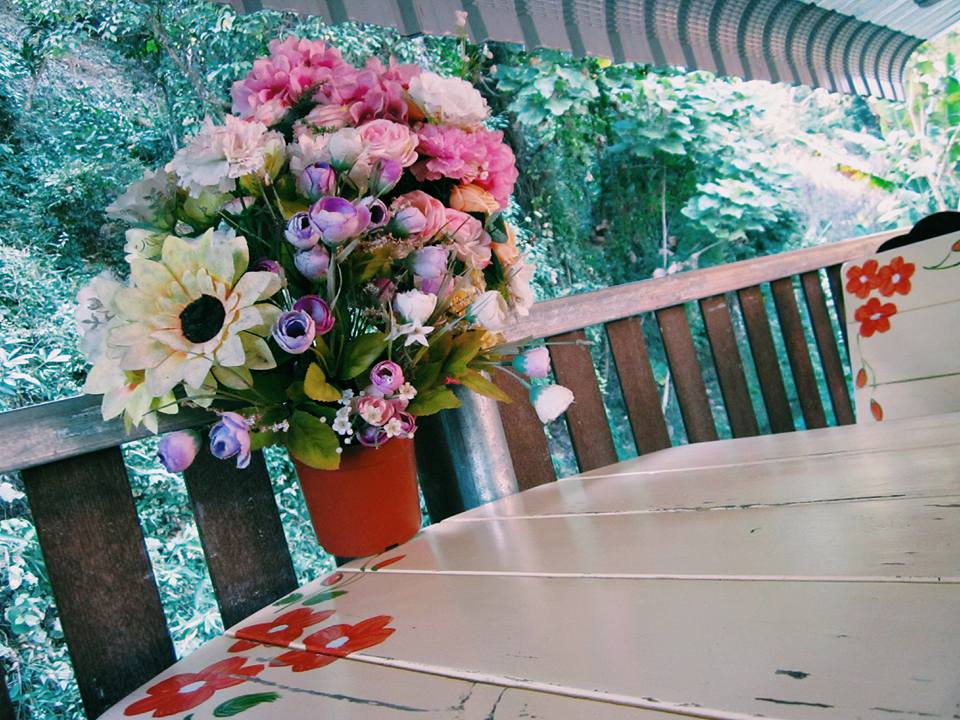

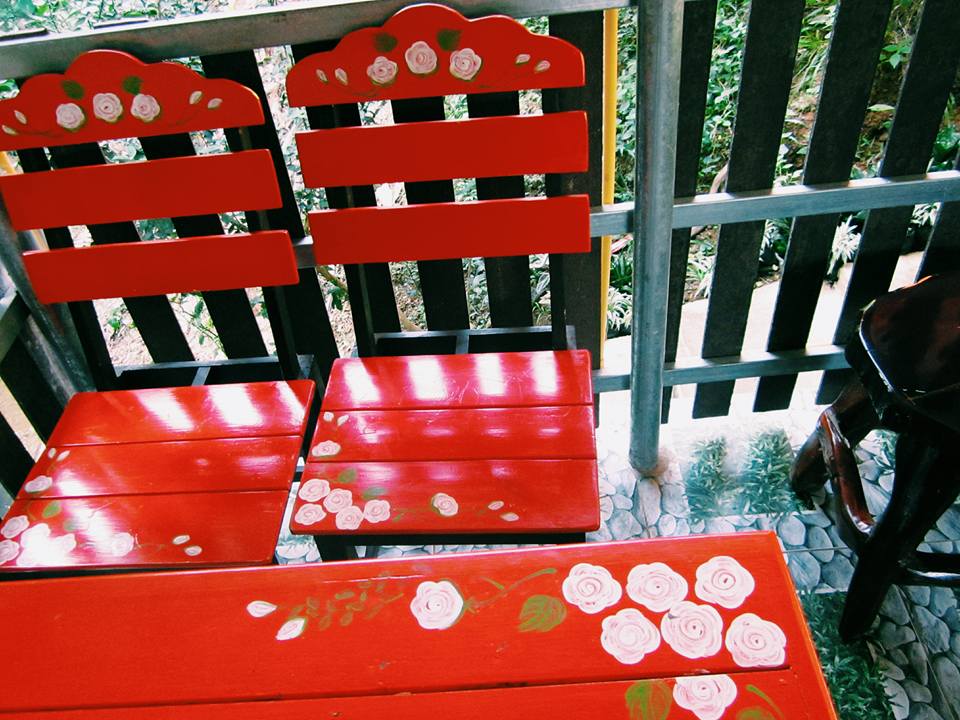
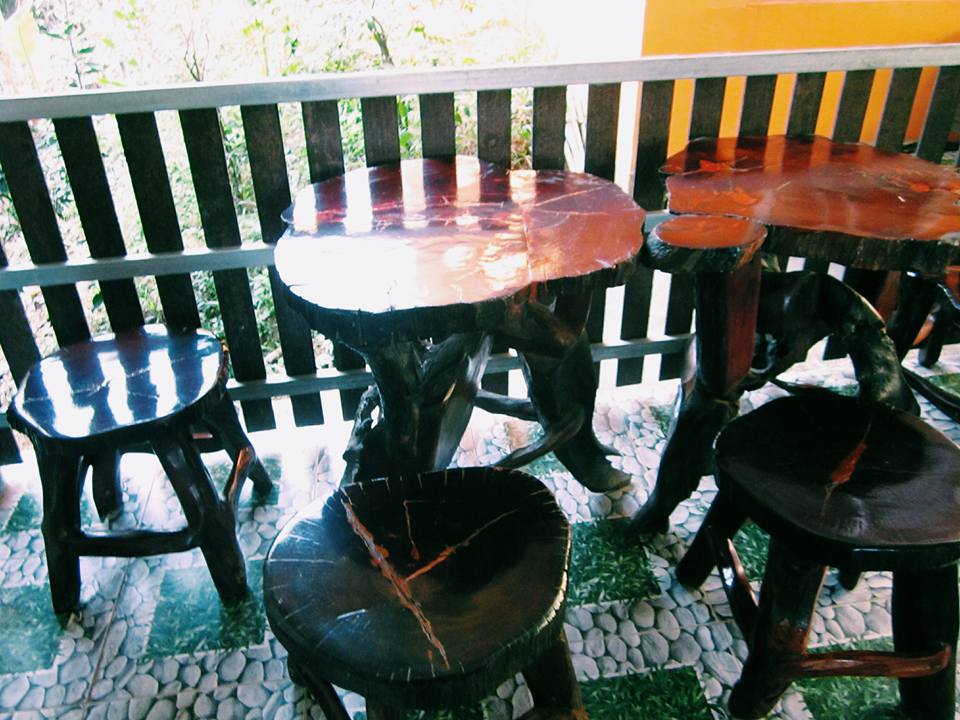
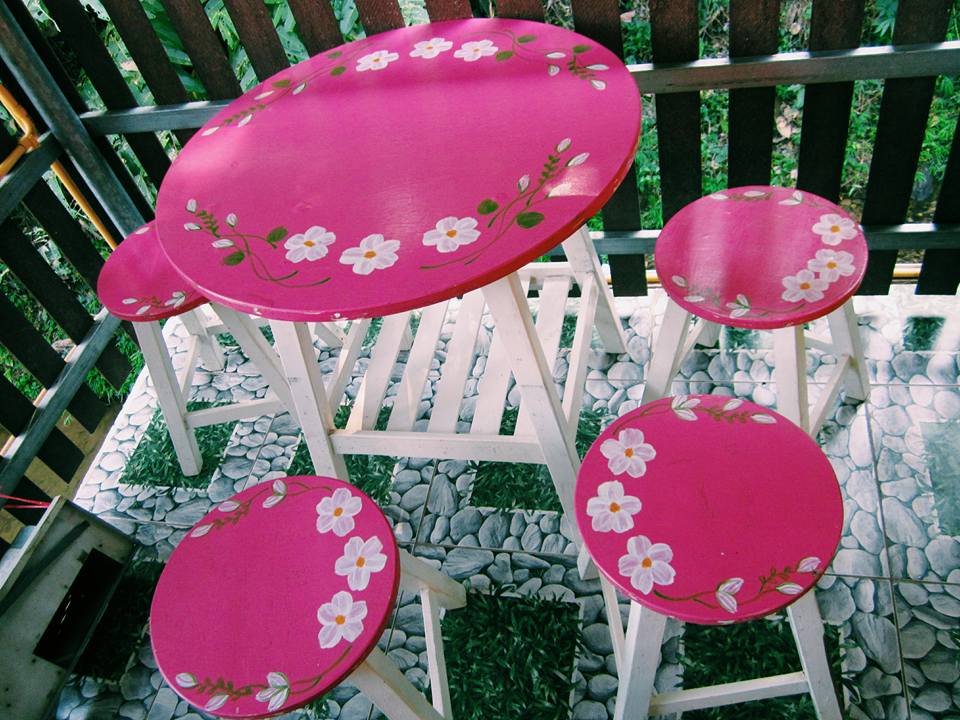
The text describes a place where visitors can sit by the water and have their feet nibbled by fish. It mentions that shoes must be removed and that the water is cold. The text also mentions a nearby accommodation option called Ploy Panan, which offers houses for 500 baht each. There are only two houses available, and they are located next to a coffee shop. The text suggests that this is a good place to relax and enjoy the natural surroundings.
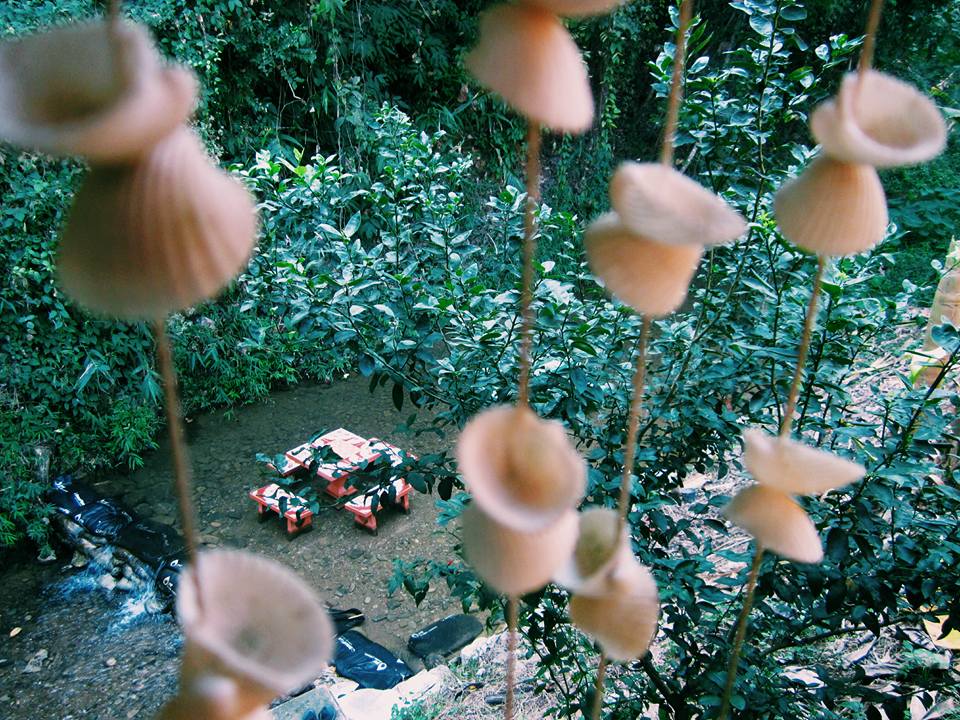
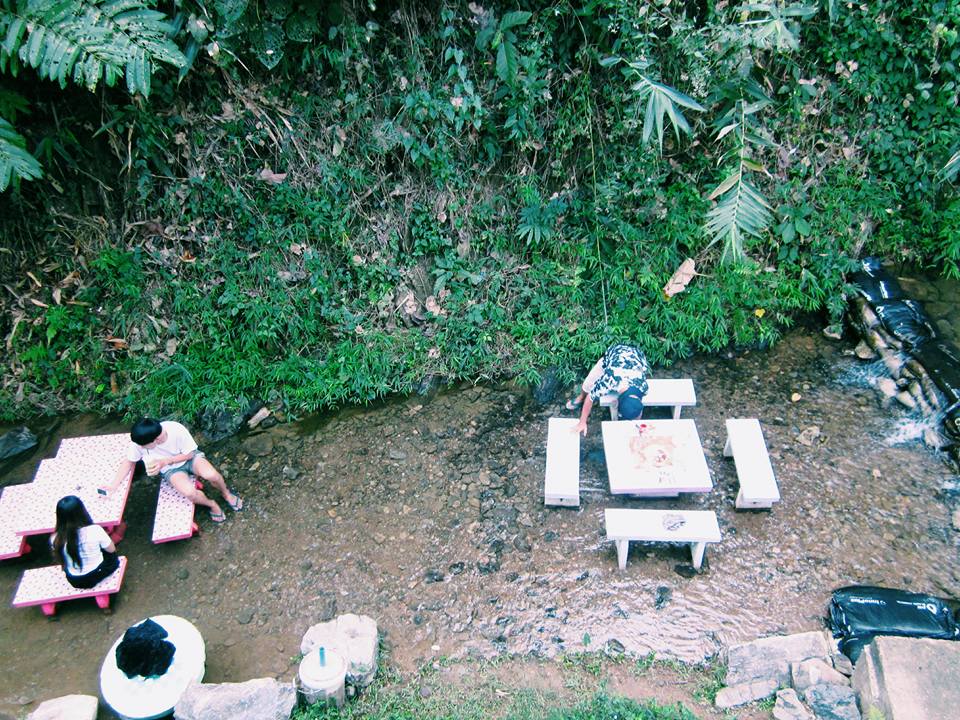
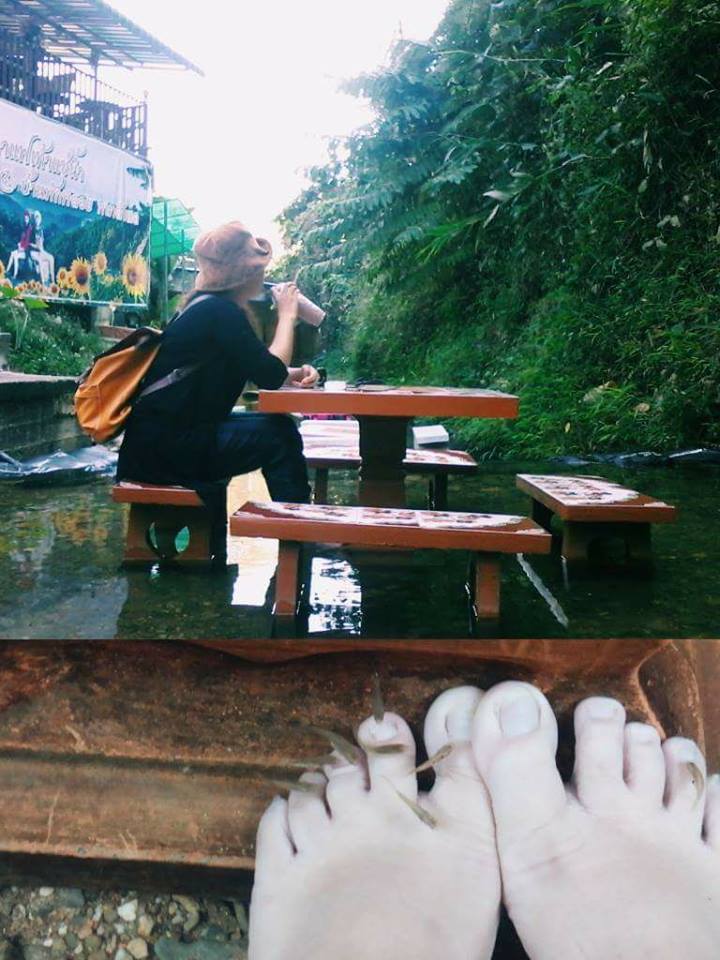
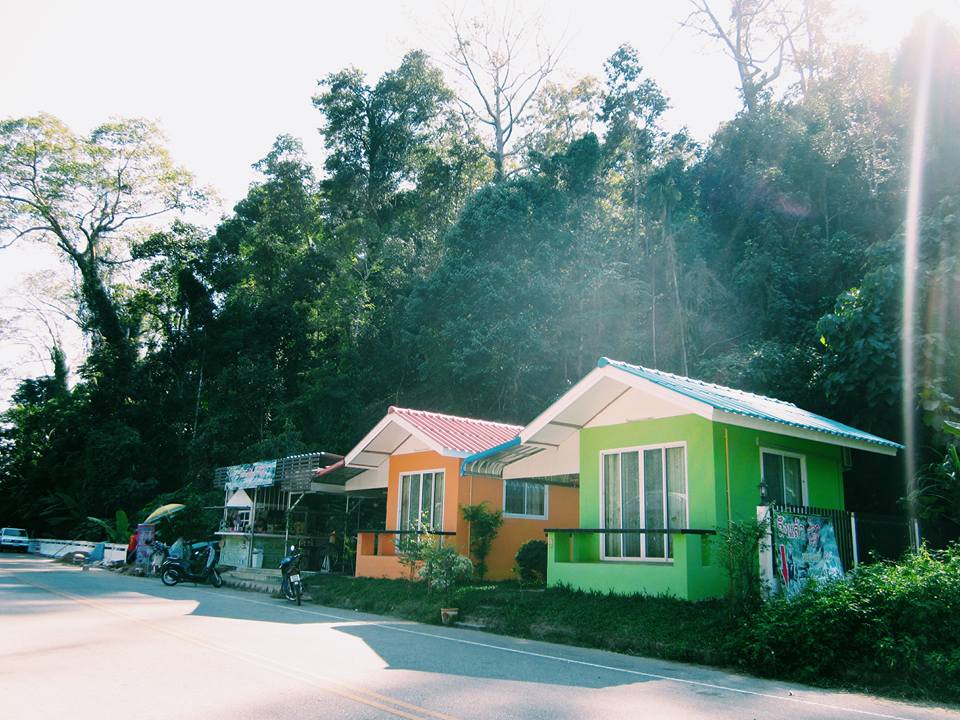
After a short break, I had to rush back to pack my belongings. I cycled another 12 kilometers to return the bike and wait for the train to the station. I had to factor in a lot of time for various things. When I went back home to collect my things, it was time to say goodbye to my grandparents. They tied a sacred thread around my wrist and blessed me. I almost cried, my eyes welling up as if I didn't want to leave. My grandmother told me that there had been women from Phuket and Nong Khai who seemed to have arranged to stay here together. People come and go, so my grandparents are not lonely. Her son runs a shop in front of the house. It was a truly memorable and grueling cycling experience, uncovering a not-so-secret secret in this town. My grandmother asked me to write about it, and I did. Everyone who reads it is impressed. It feels like home.
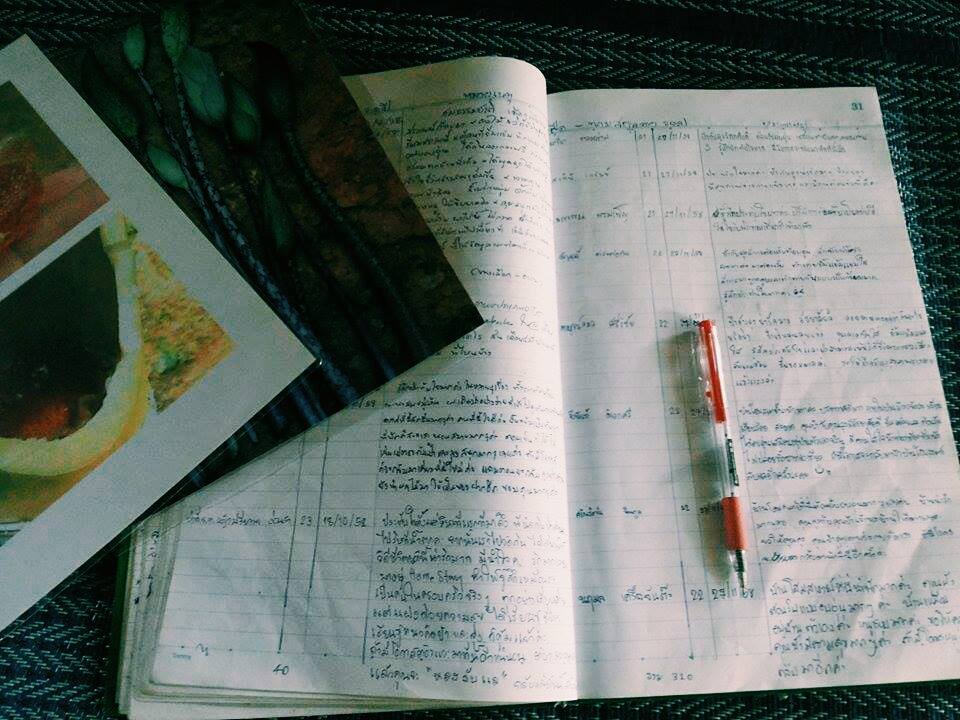
The open space where we took photos yesterday has been transformed into a parking lot and market. I wanted to stop by, but I was afraid of missing the train, so I passed by.
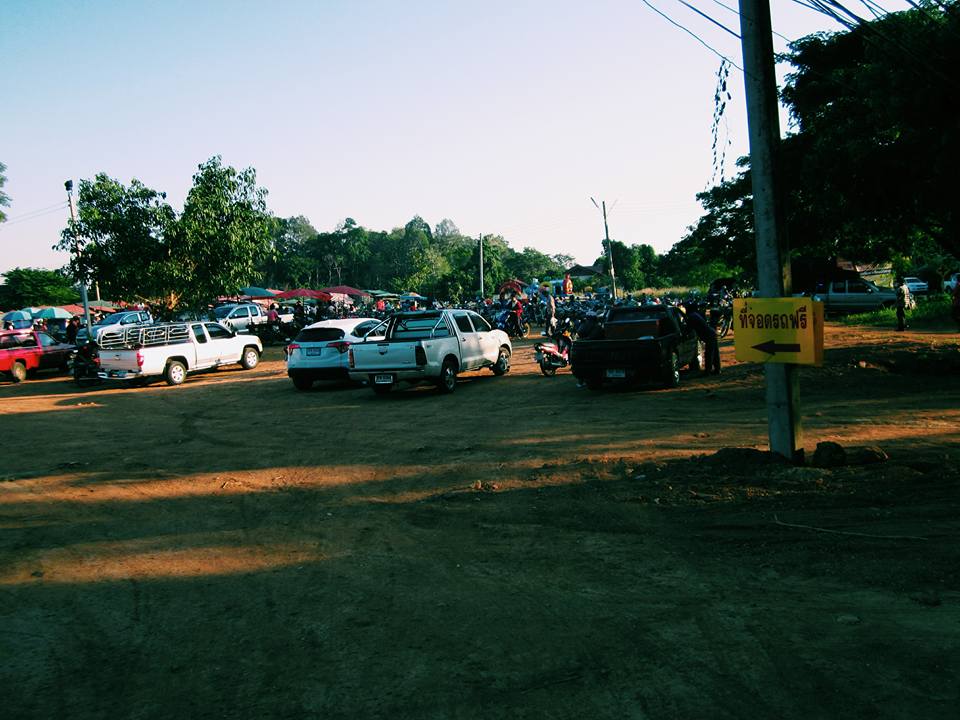
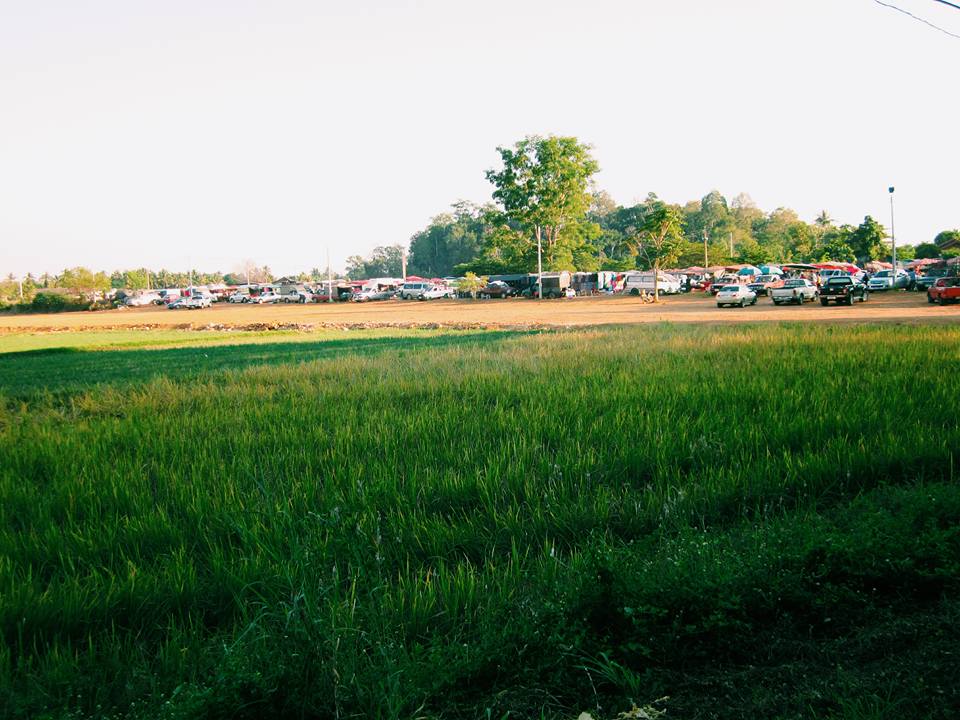
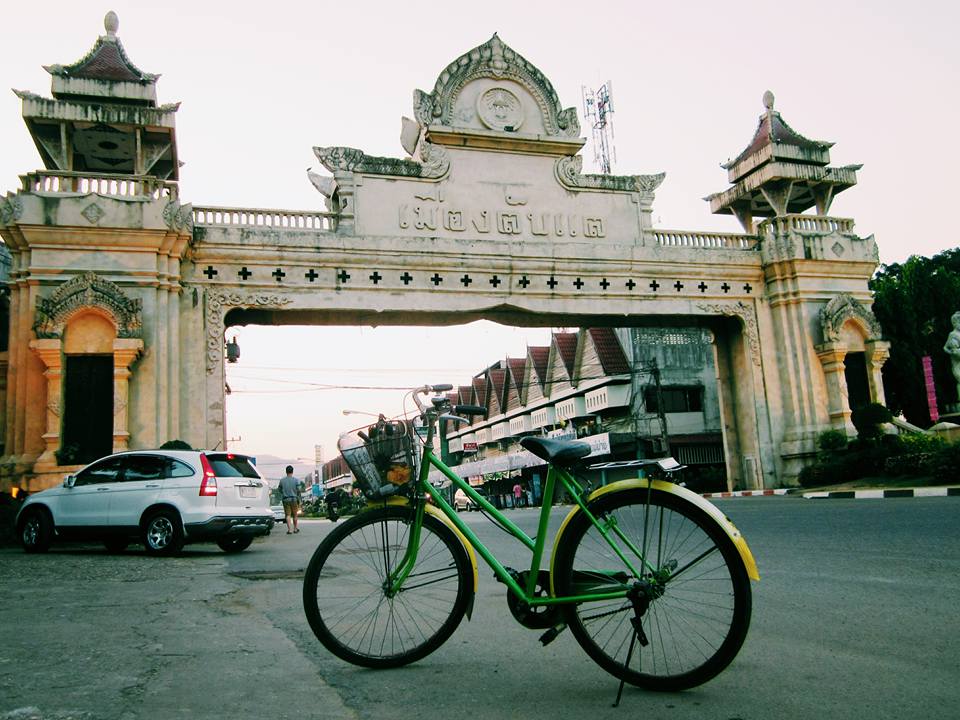
Do you remember the uncle we talked about on the first day? When it was time to leave, he called me at 4 pm as I was leaving the house. "Where are you?" he asked. "I'm still in Mae Pool. It will take me an hour to cycle to the district. You go ahead, I don't want to inconvenience you." The uncle said, "How can I let you go alone? A woman alone? I'll call you at 5 pm." When I returned the bike to the tourist center, he actually called and said, "Wait in front of the city gate, I'll be there soon." And he really came! He even dusted off my bike seat, which was covered in red dust like I had been to a rice field. He shouted my name, "Eiew!" Then his daughter came by on a motorbike. "Hey, why don't you take a ride on the motorbike? My daughter will take you," she said. Time was short, so I didn't think twice. I got on the motorbike and she took me to the train station. I told her to charge whatever she wanted, so she charged me 50 baht. When people here meet us, they will speak Central Thai because we look like strangers. But when we greet them in the northern dialect, they seem to care more about us, become closer to us, and trust us more quickly. When you travel in the north, speak the northern dialect if you can. To be honest, don't try to speak Central Thai. Then you will know how lovely the northern people are. The people here are very nice. We are not good at speaking, so we have to talk to them a lot. They will talk a lot. I was most impressed by the fact that we had to work hard together. When I got on the motorbike, I thought I should take a picture of the uncle to keep. When I first met him, he seemed like a tough guy, but he turned out to be very kind. He smiled and waved goodbye as we left.
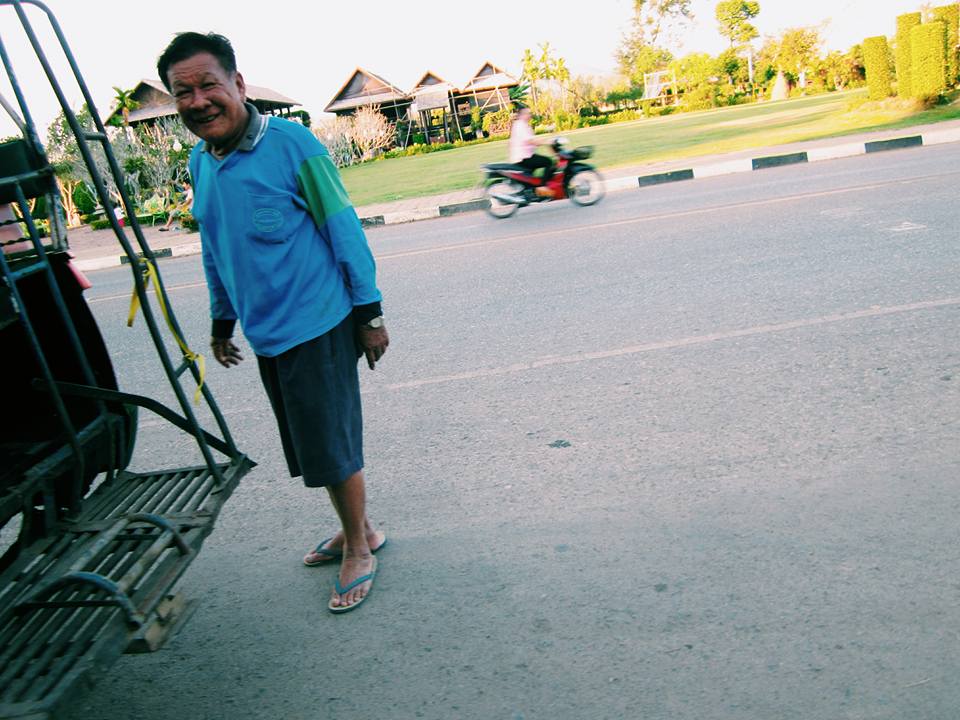
The photo shows a fried fish snack that the daughter bought for her mother while riding a motorbike to the train station. They chatted happily along the way. The daughter expressed her joy at meeting kind people everywhere she went.
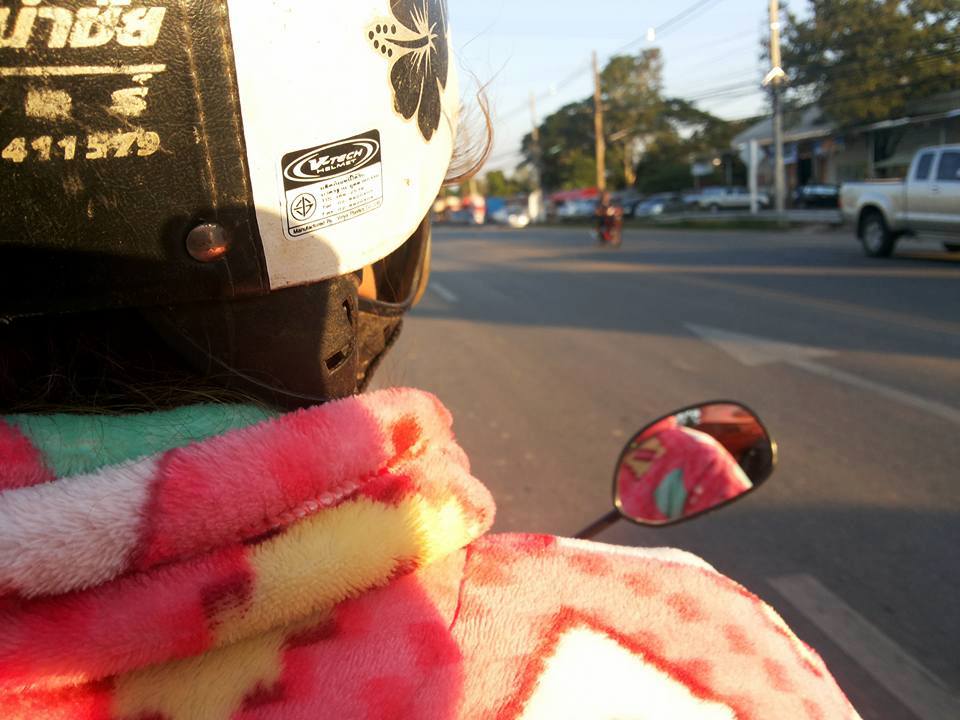
"Ugh, hungry again... Let's grab a quick bite before the train arrives. Anything will do, whatever we come across first."
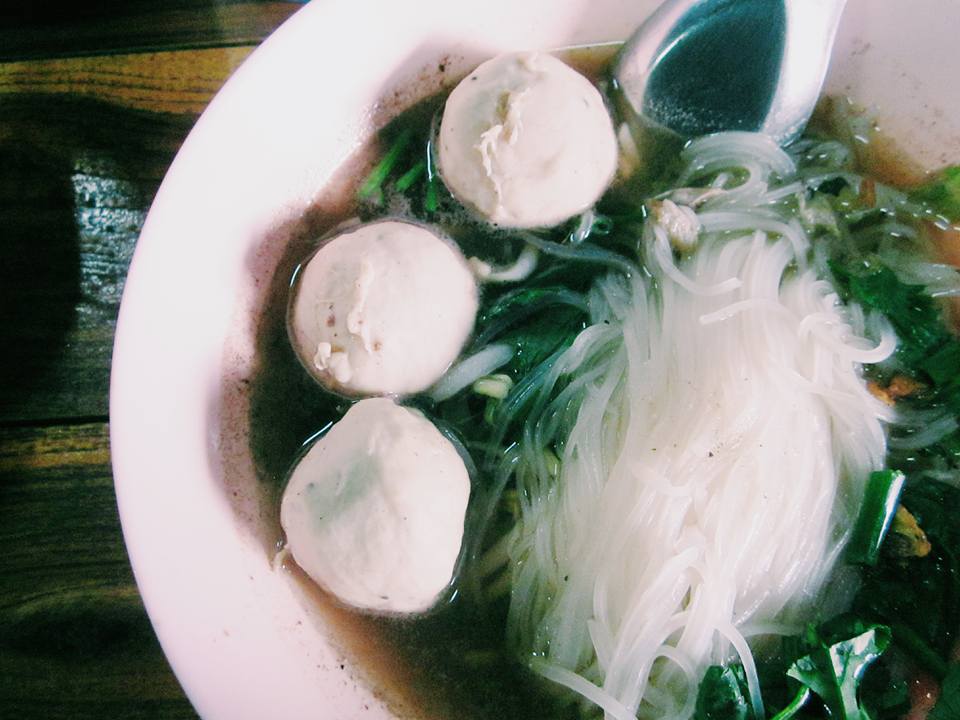
It's better to be early than late. Don't miss the train, or you'll miss it for good.

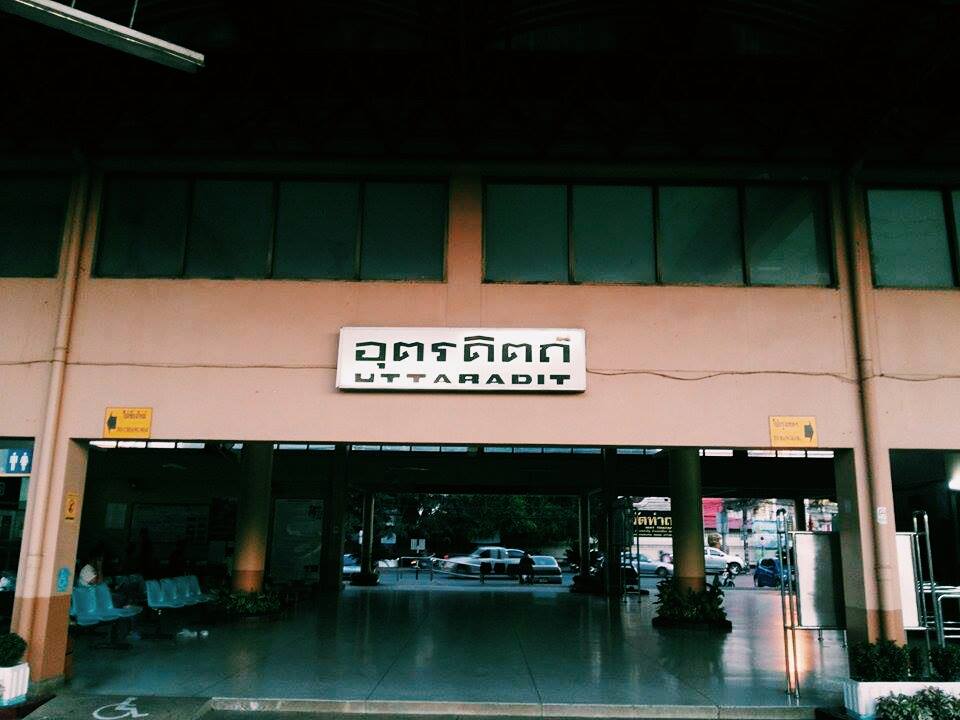
Lab Lae is currently part of the "Must-Visit Cities" campaign, which is expected to attract a significant number of tourists in the near future. Weekend activities include a walking street and a water park for visitors. However, as the number of tourists increases, we are concerned that the charm of the area will gradually fade. Our only request is that, as tourism develops, the preservation of local charm should begin with tourists like ourselves. We believe that the most enjoyable way to travel is to integrate with the local community. Today, Uttaradit and Lab Lae are no longer just passing points for many people. The secrets of this city can be discovered through personal exploration. Let's travel beyond sightseeing and capturing beautiful photos. The true meaning of life is all around us.
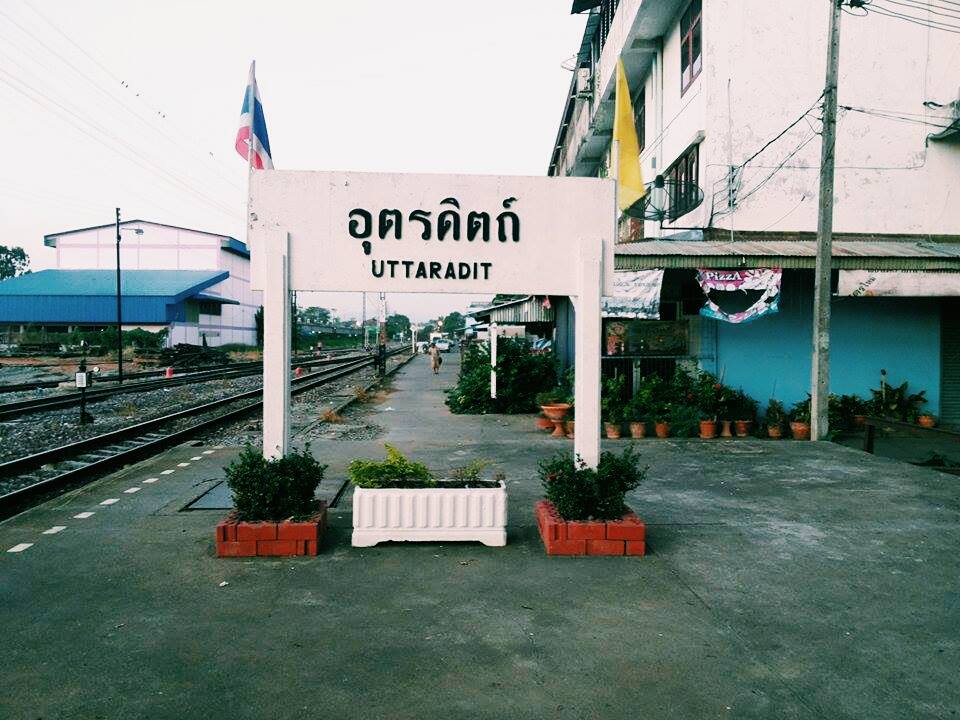
Roundtrip train fare: 192+192 = 384 baht
Accommodation: 200 baht
Songthaew and motorbike to/from the district: 50+50 = 100 baht
Total: 684 baht
Remaining expenses: Food and miscellaneous (not including expensive restaurants), estimated at 30-40 baht per meal, approximately 300-500 baht. This could be less than 1,000 baht or slightly more for the entire trip.
Conclusion: This trip was worth it for the new experiences it offered. If you enjoy solo travel, we can be friends! Chat with us on the "Traveling Solo" page as usual.
Boe_Stories
Friday, October 4, 2024 3:22 PM

